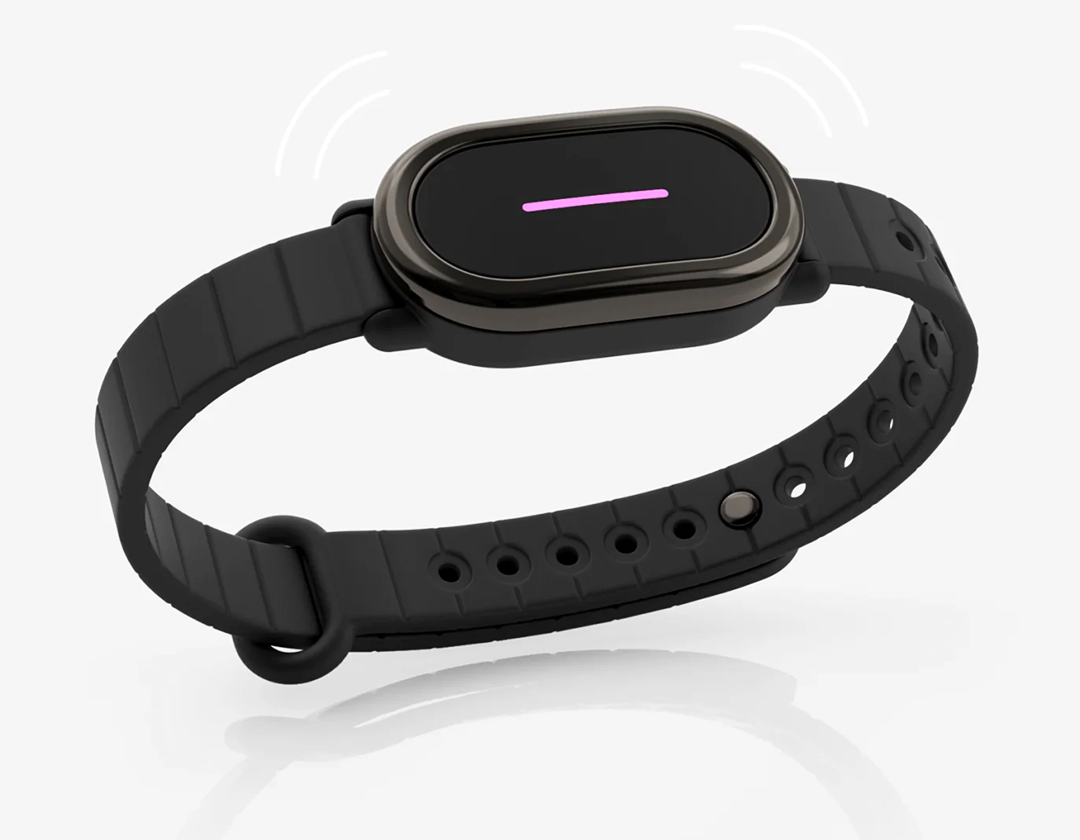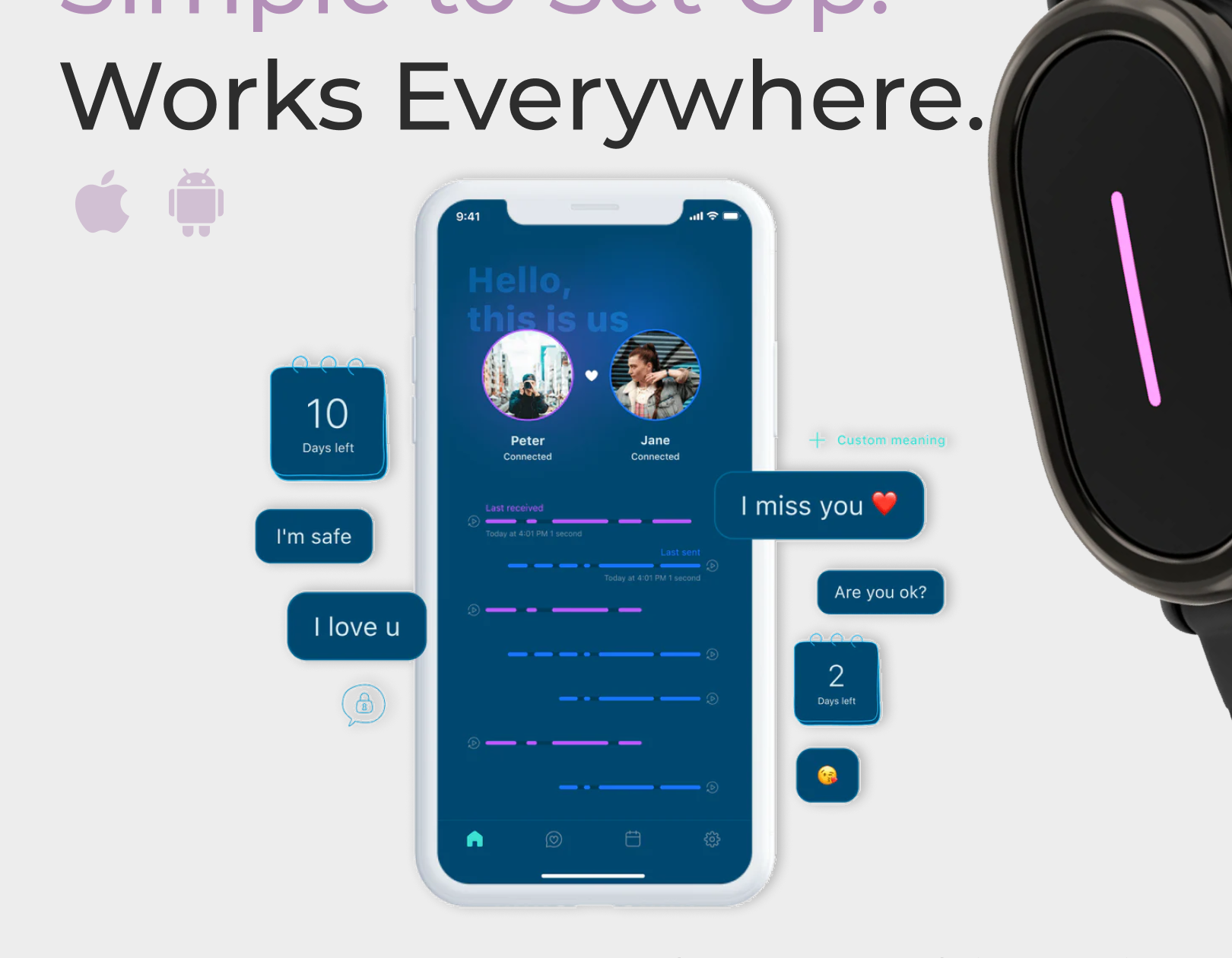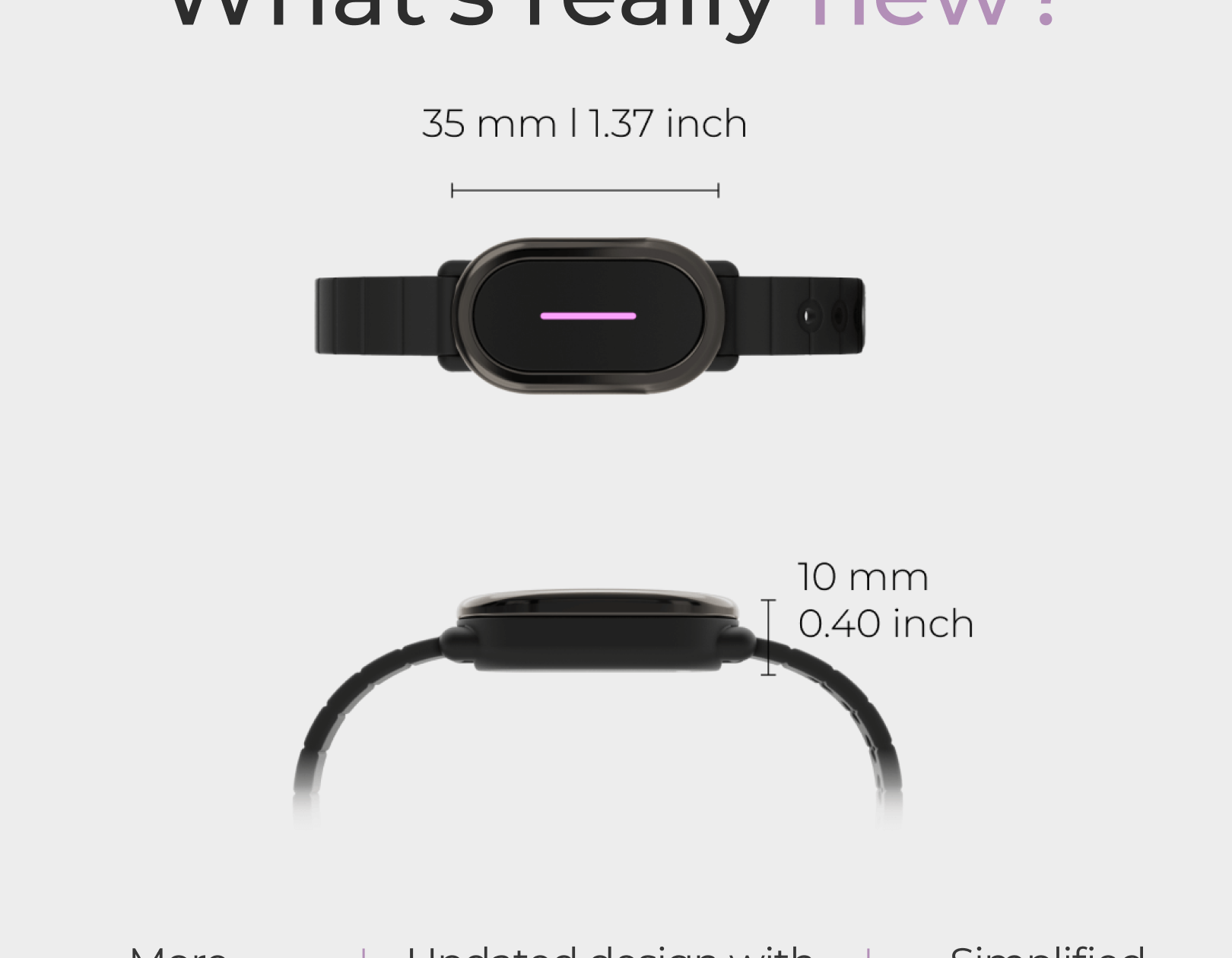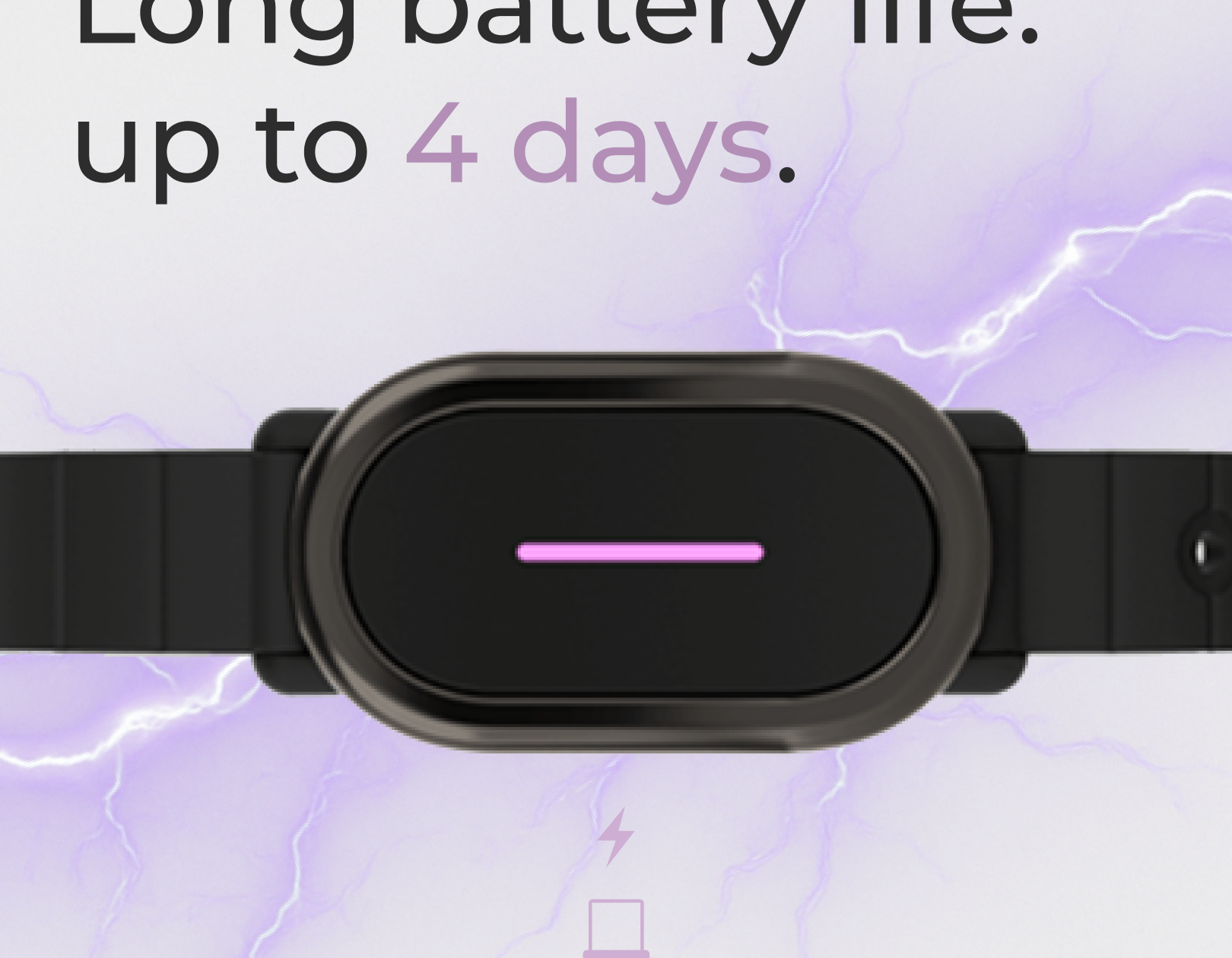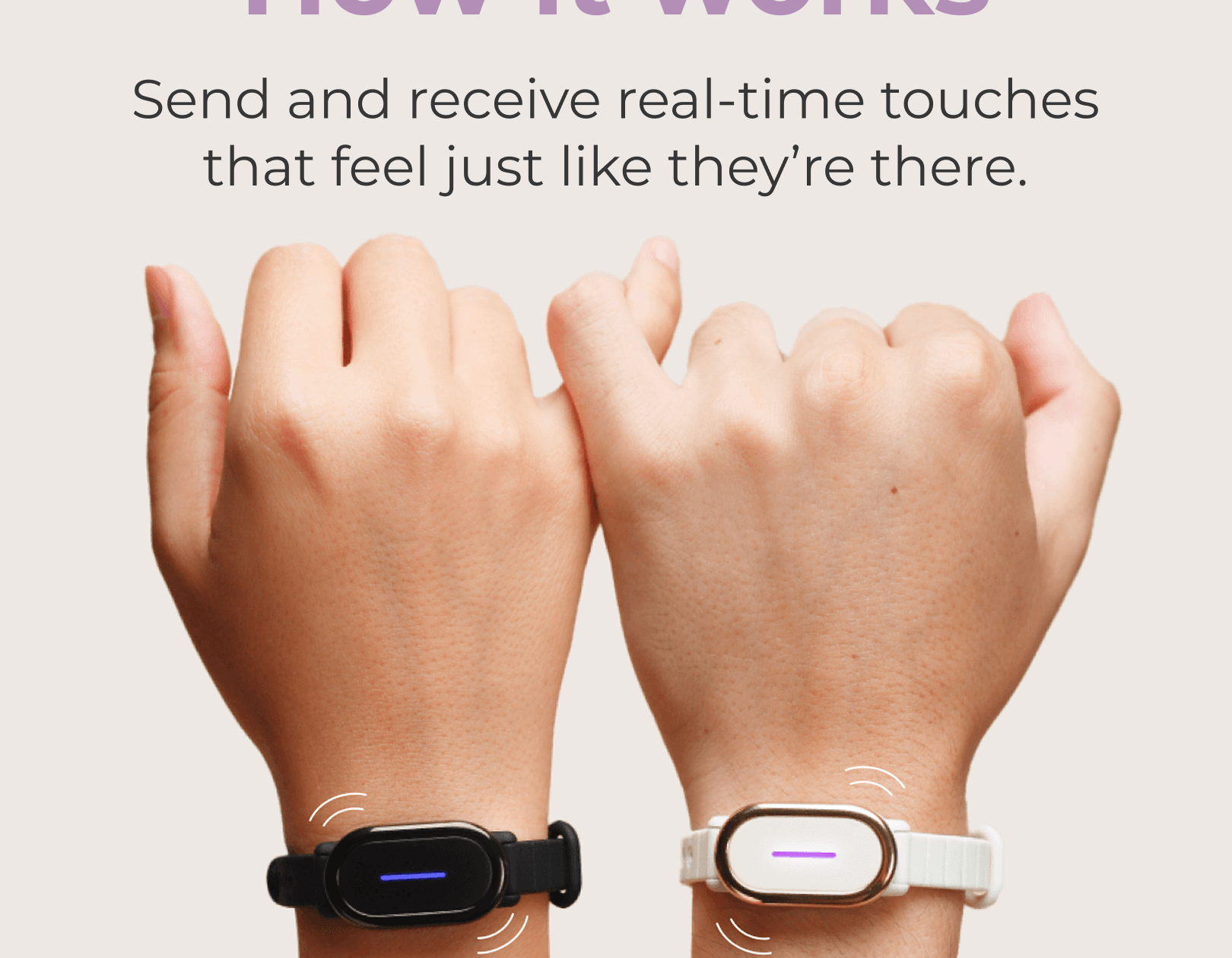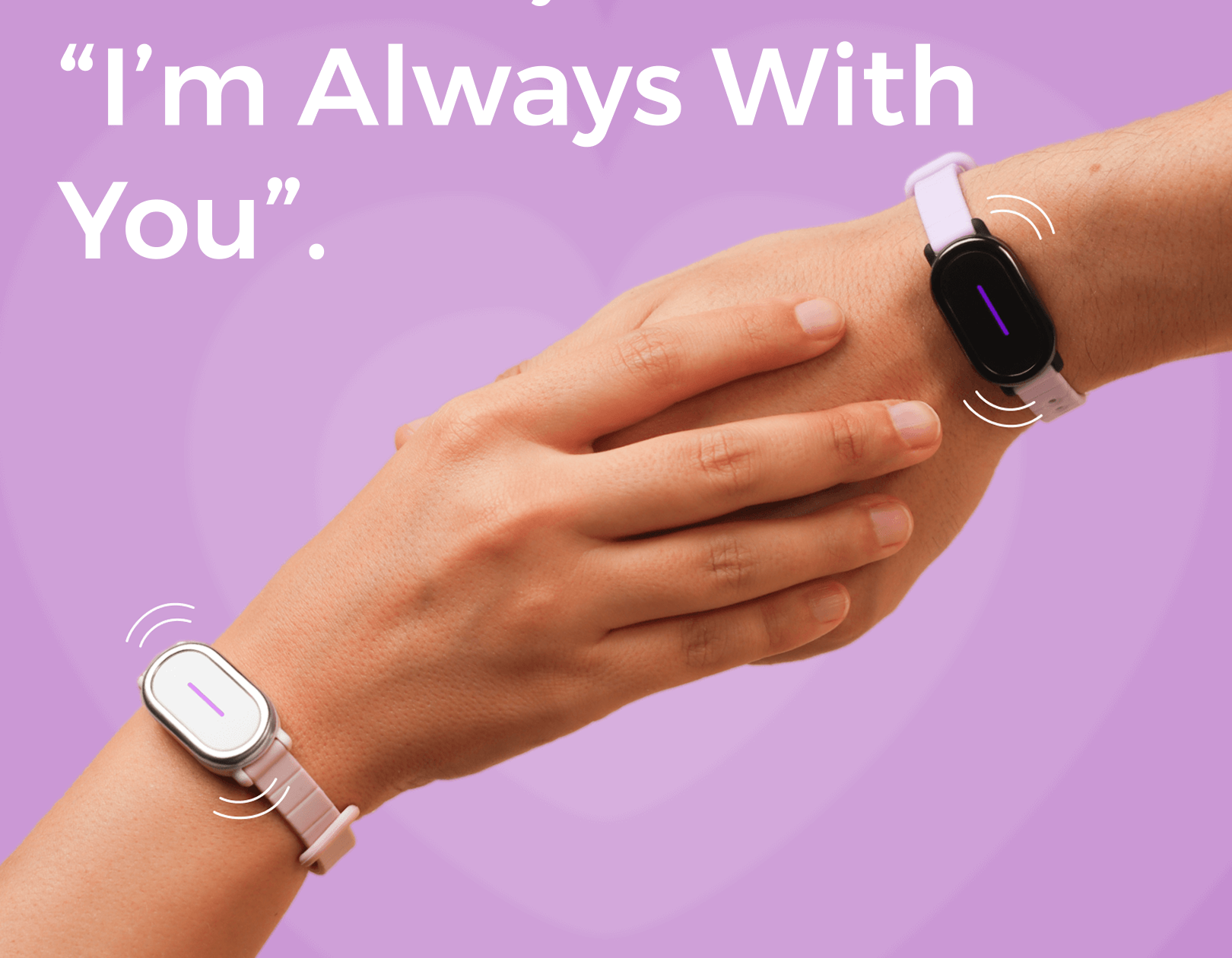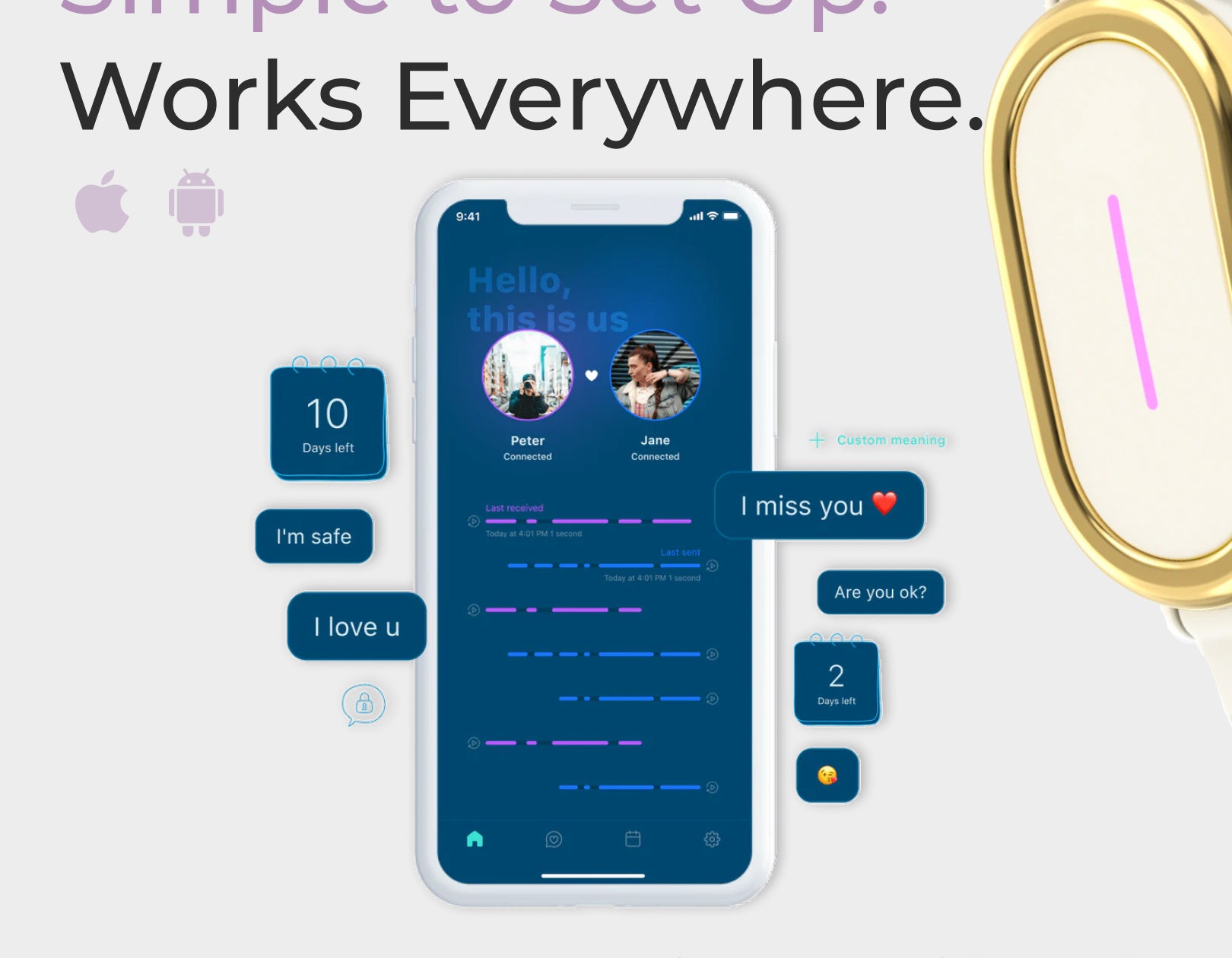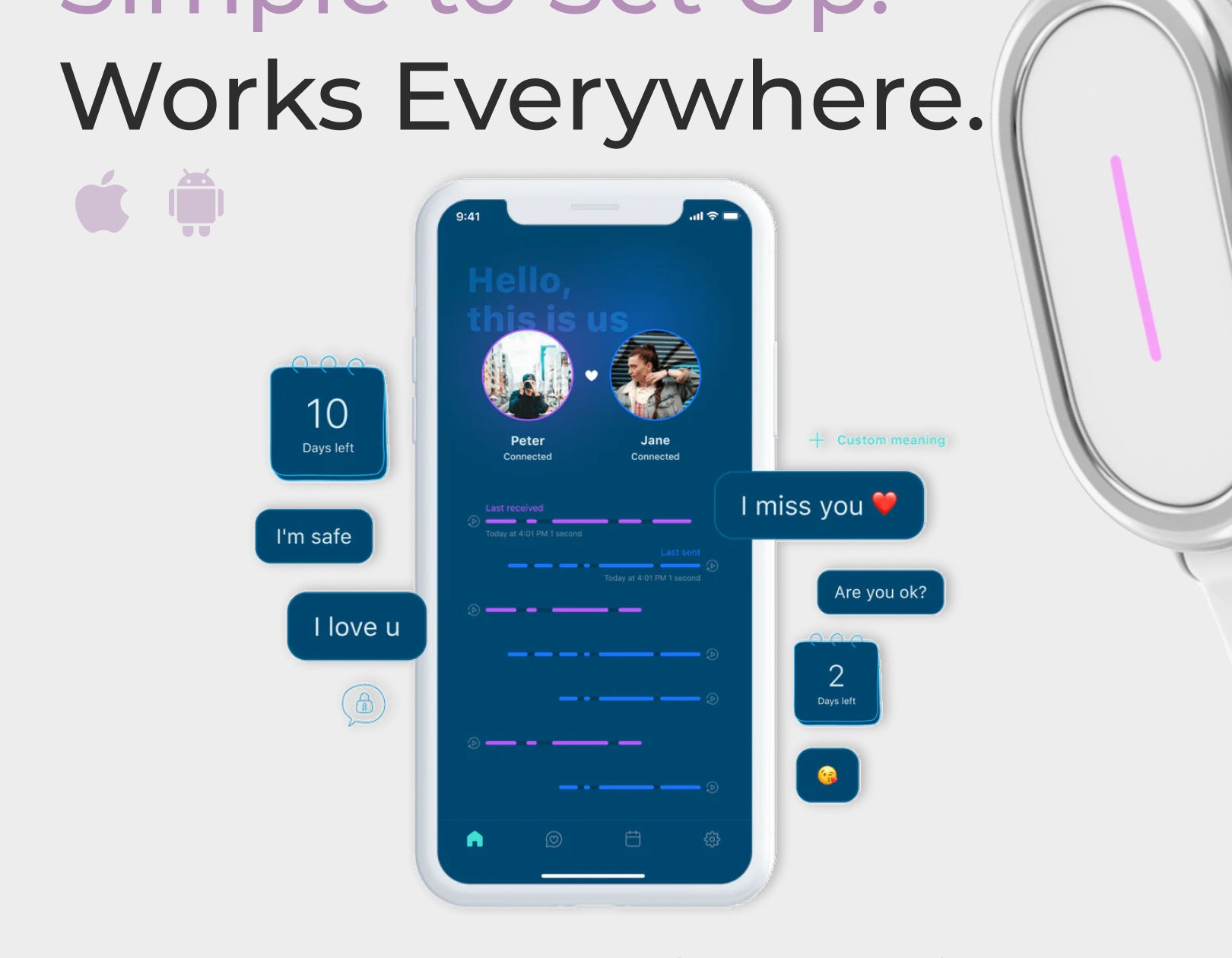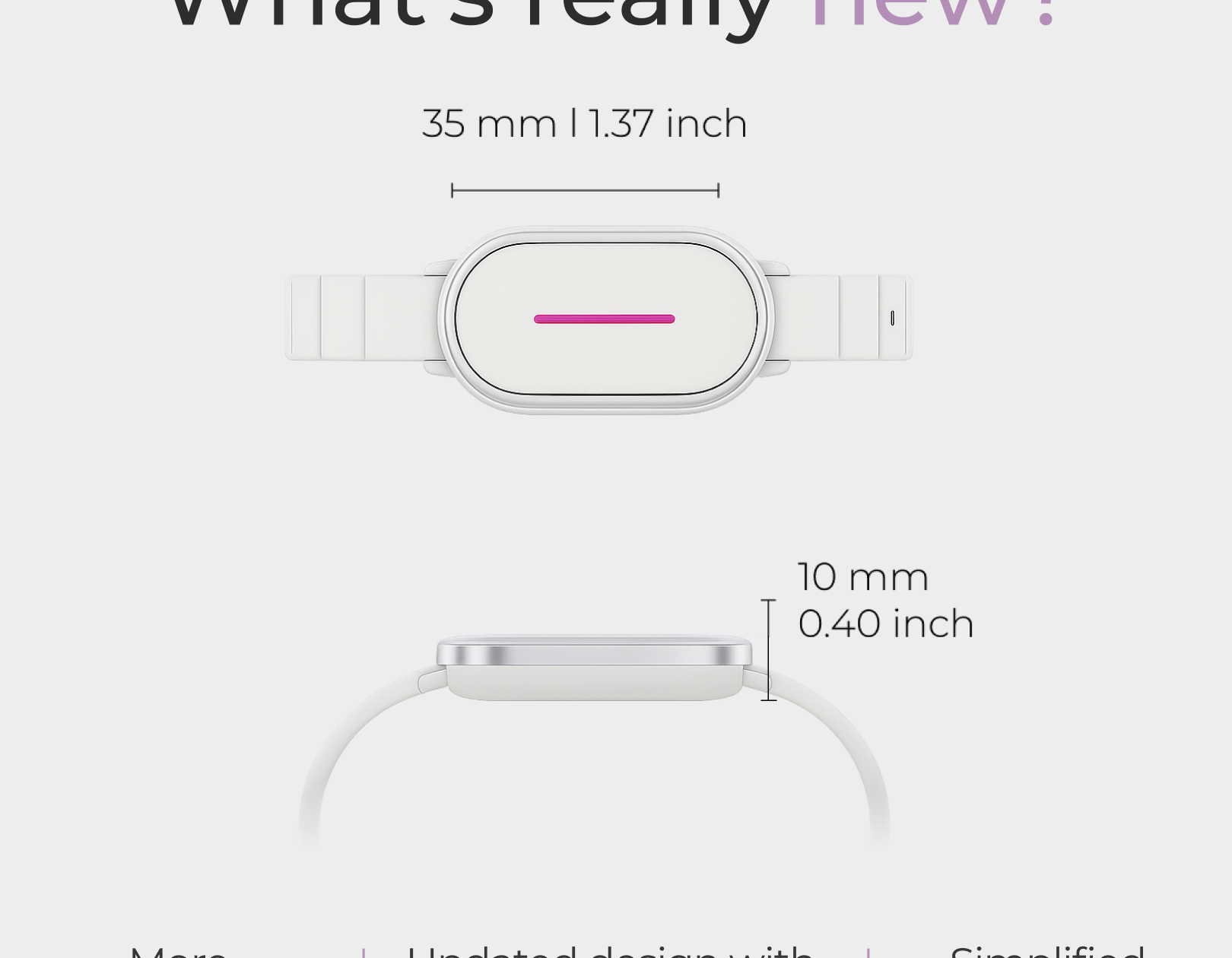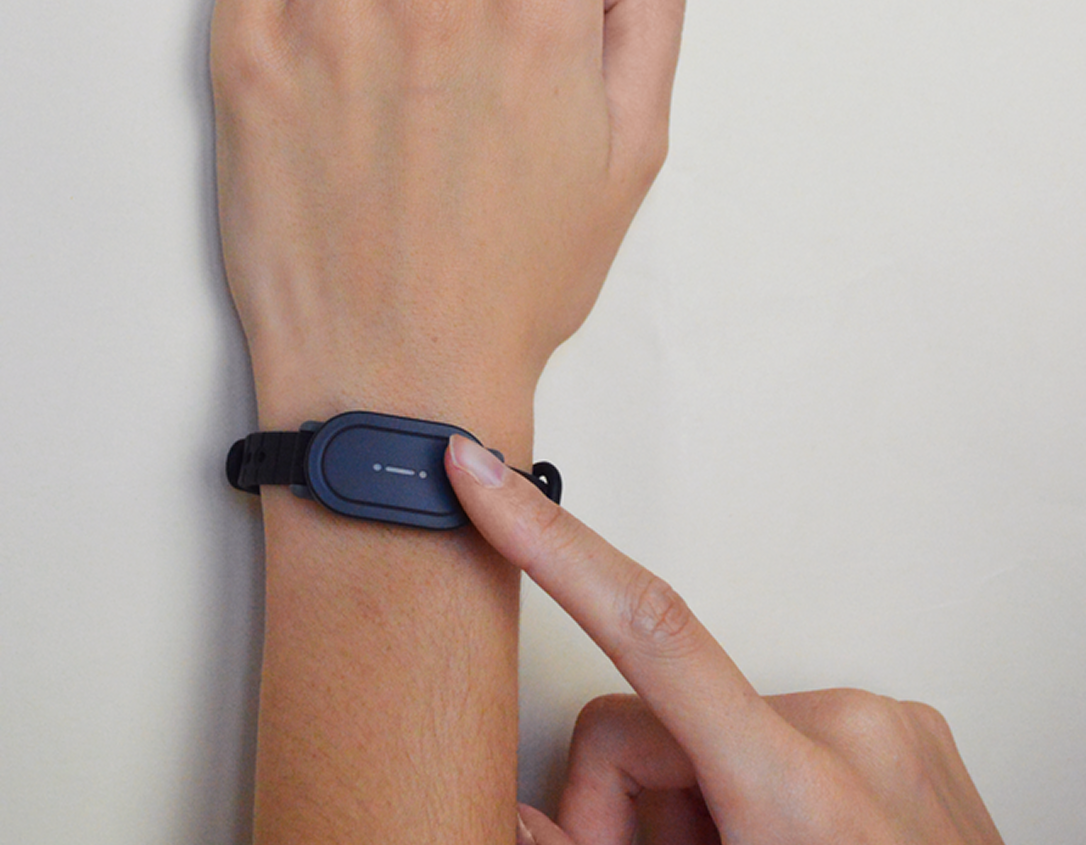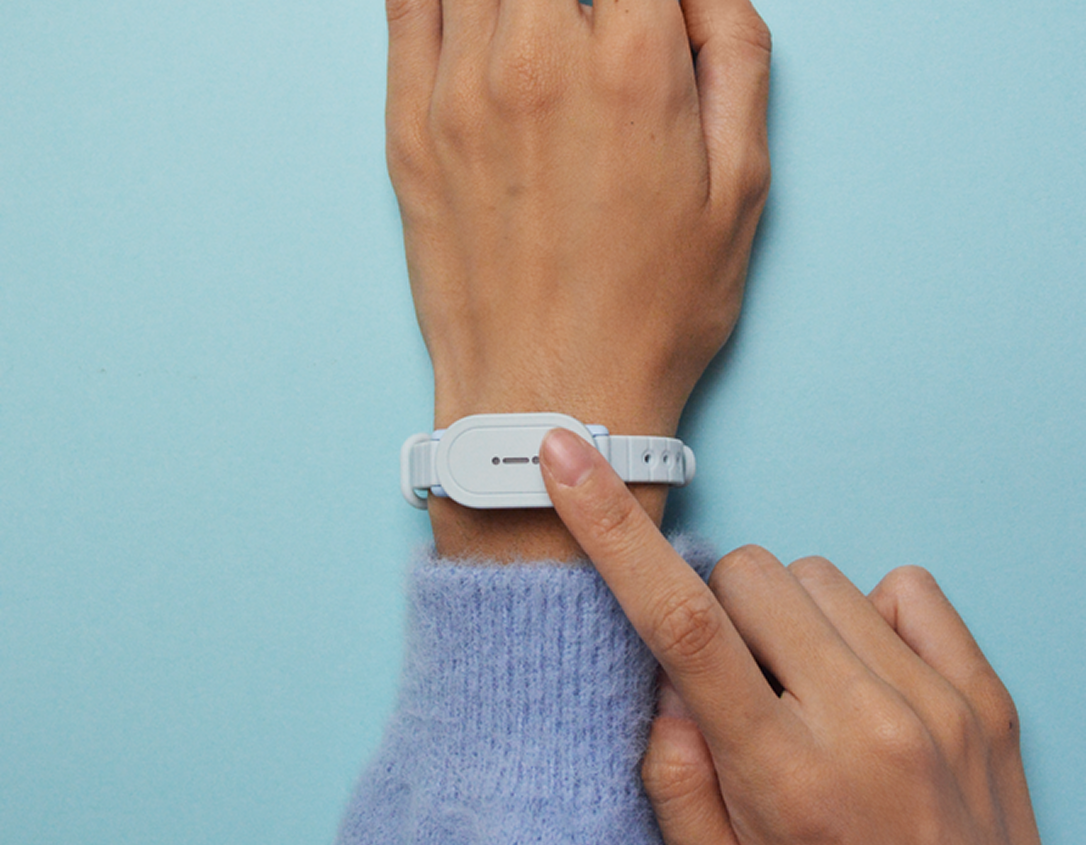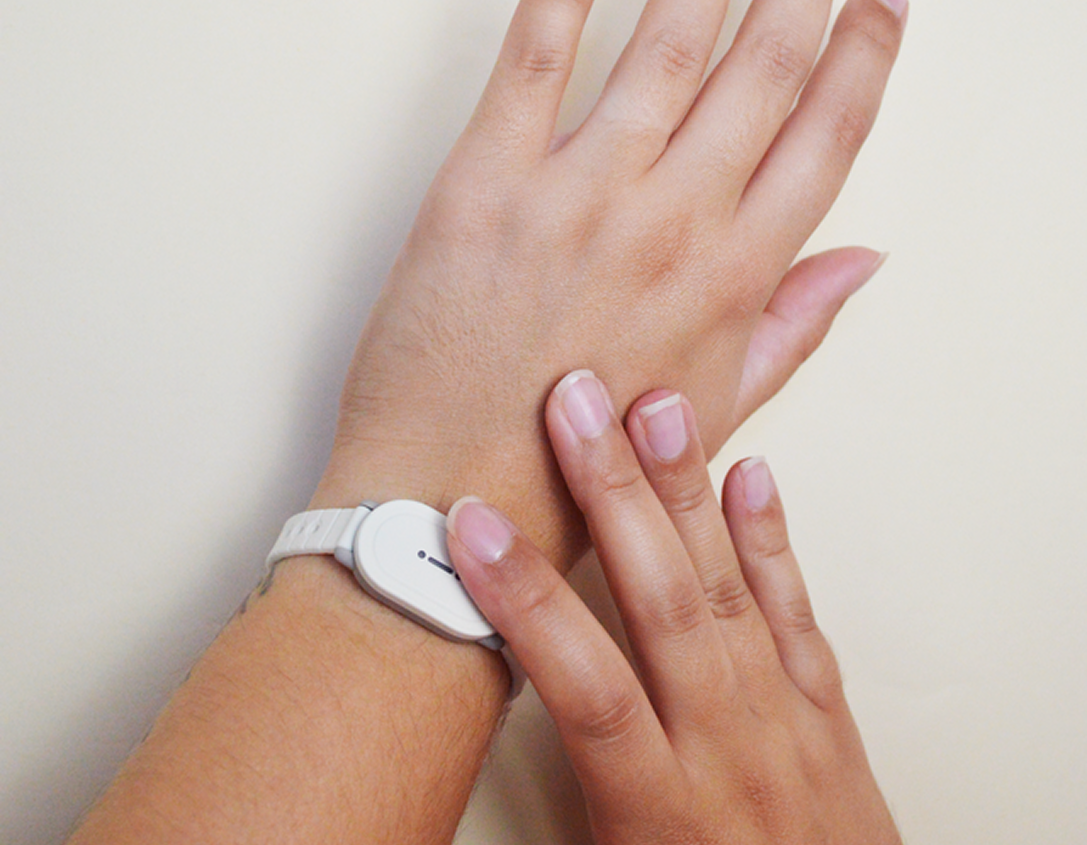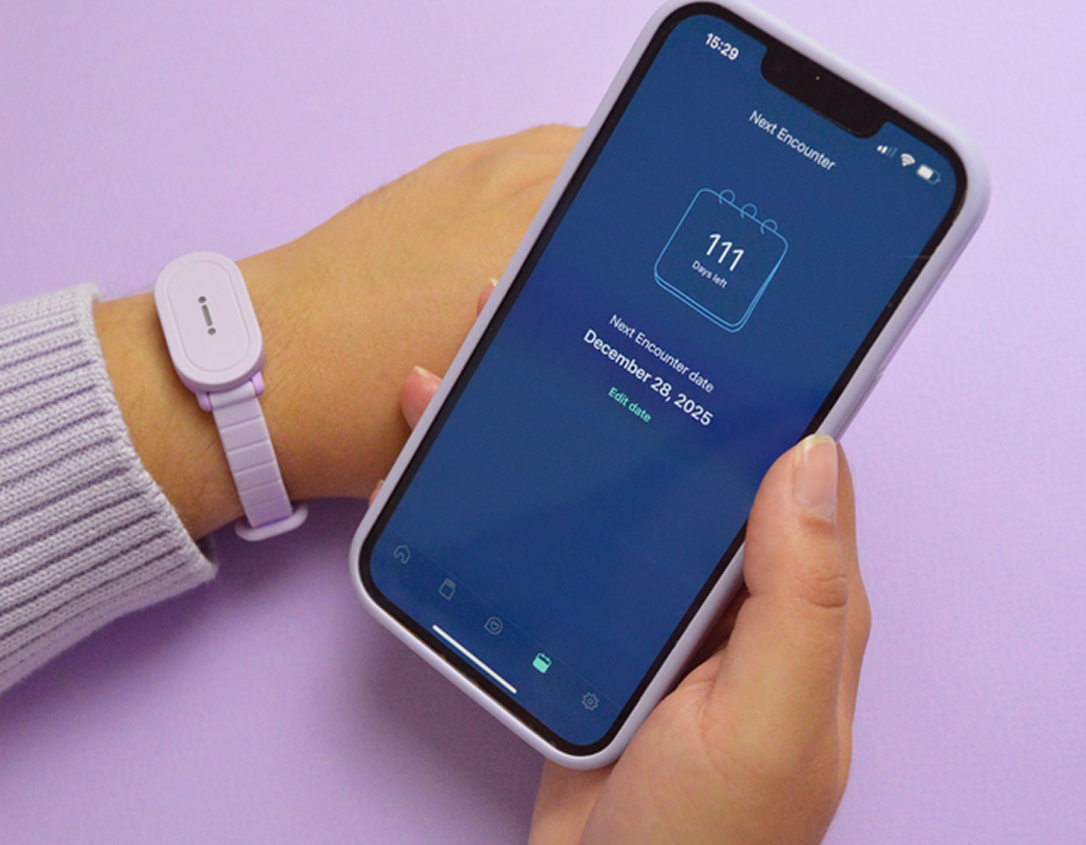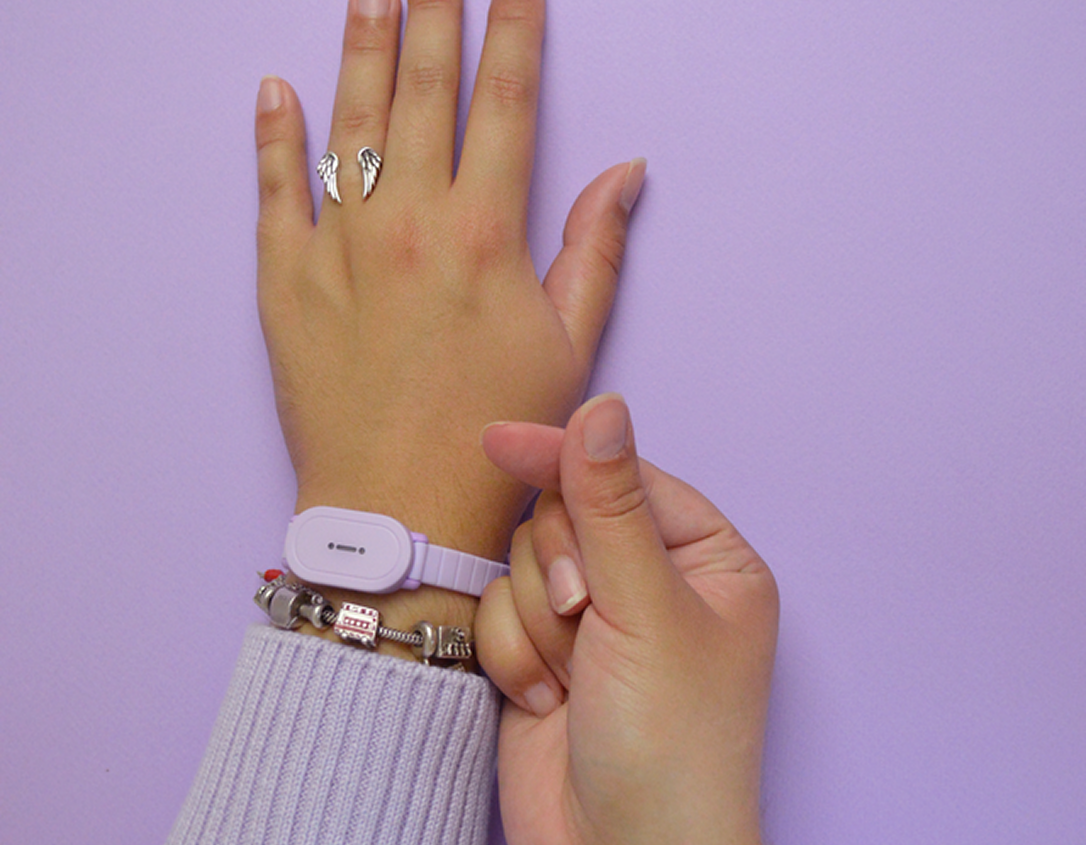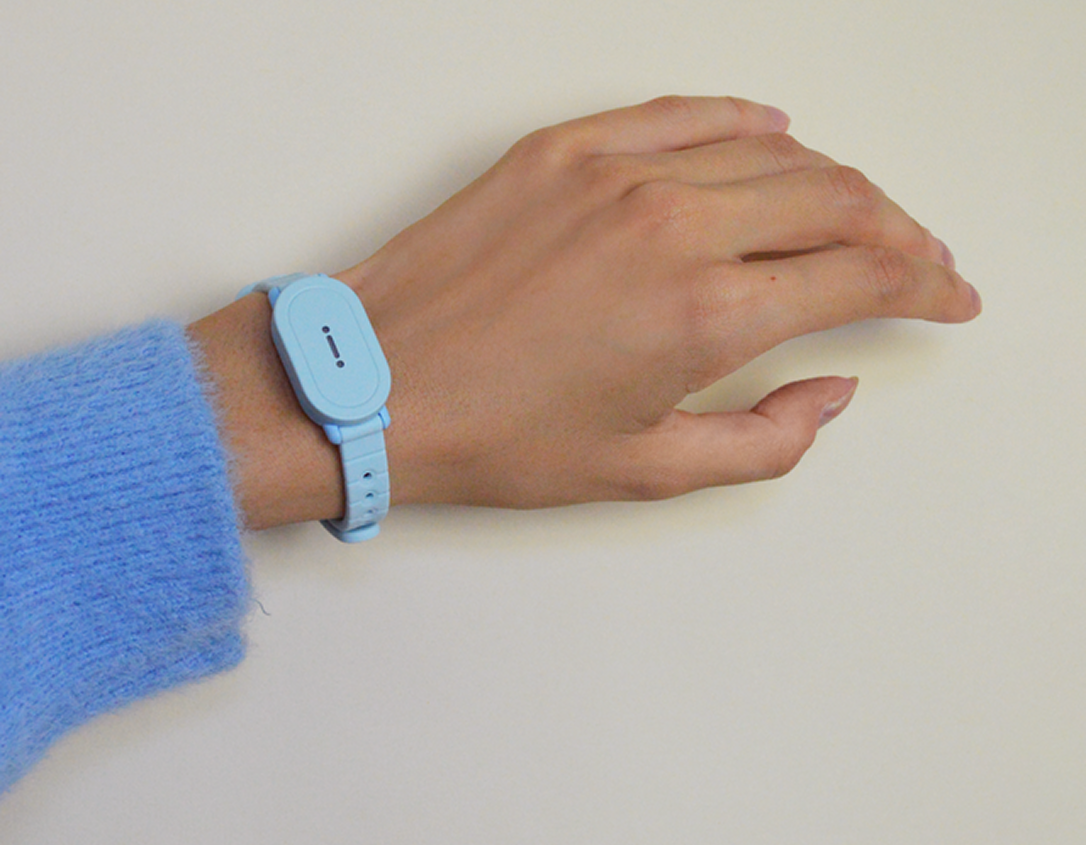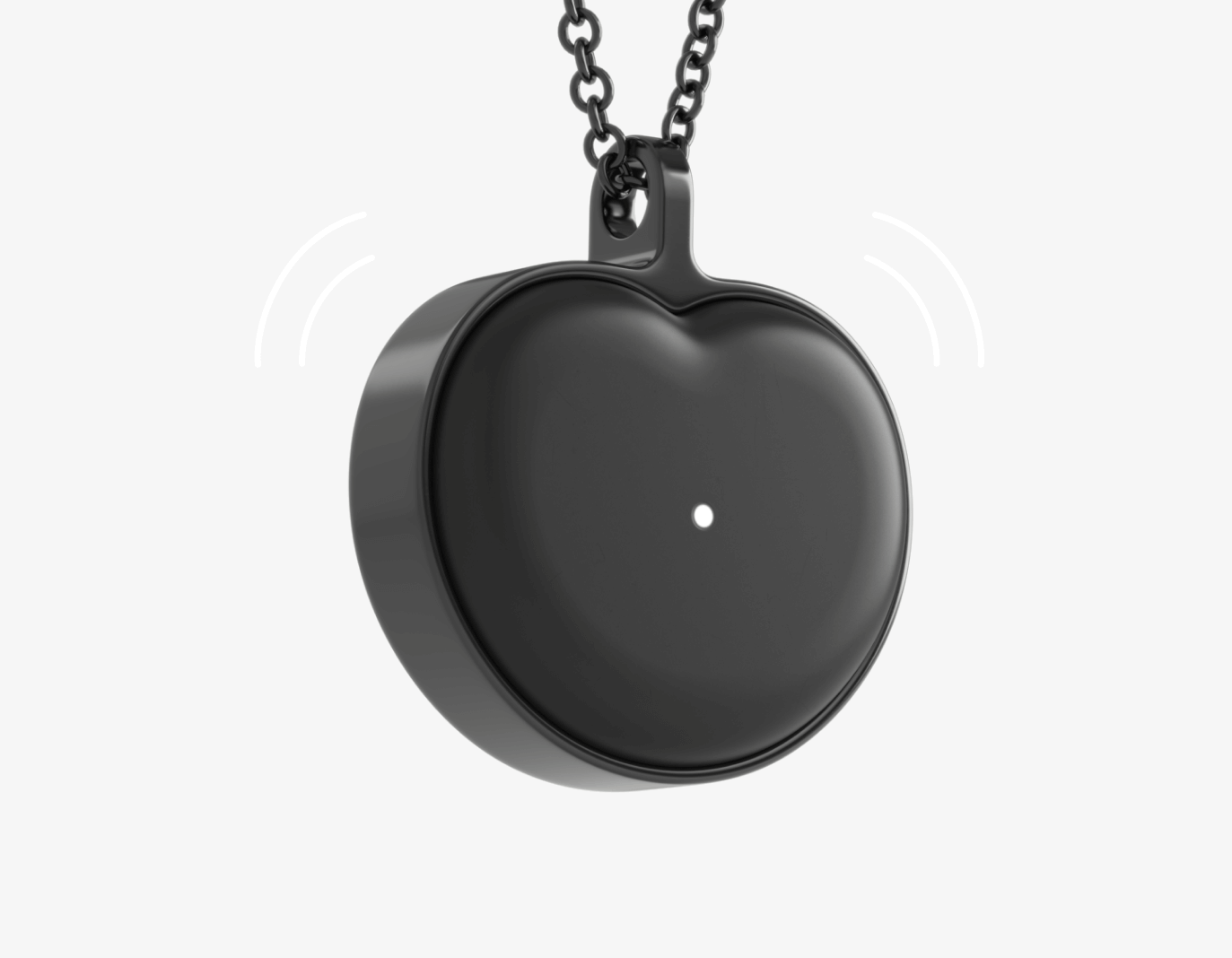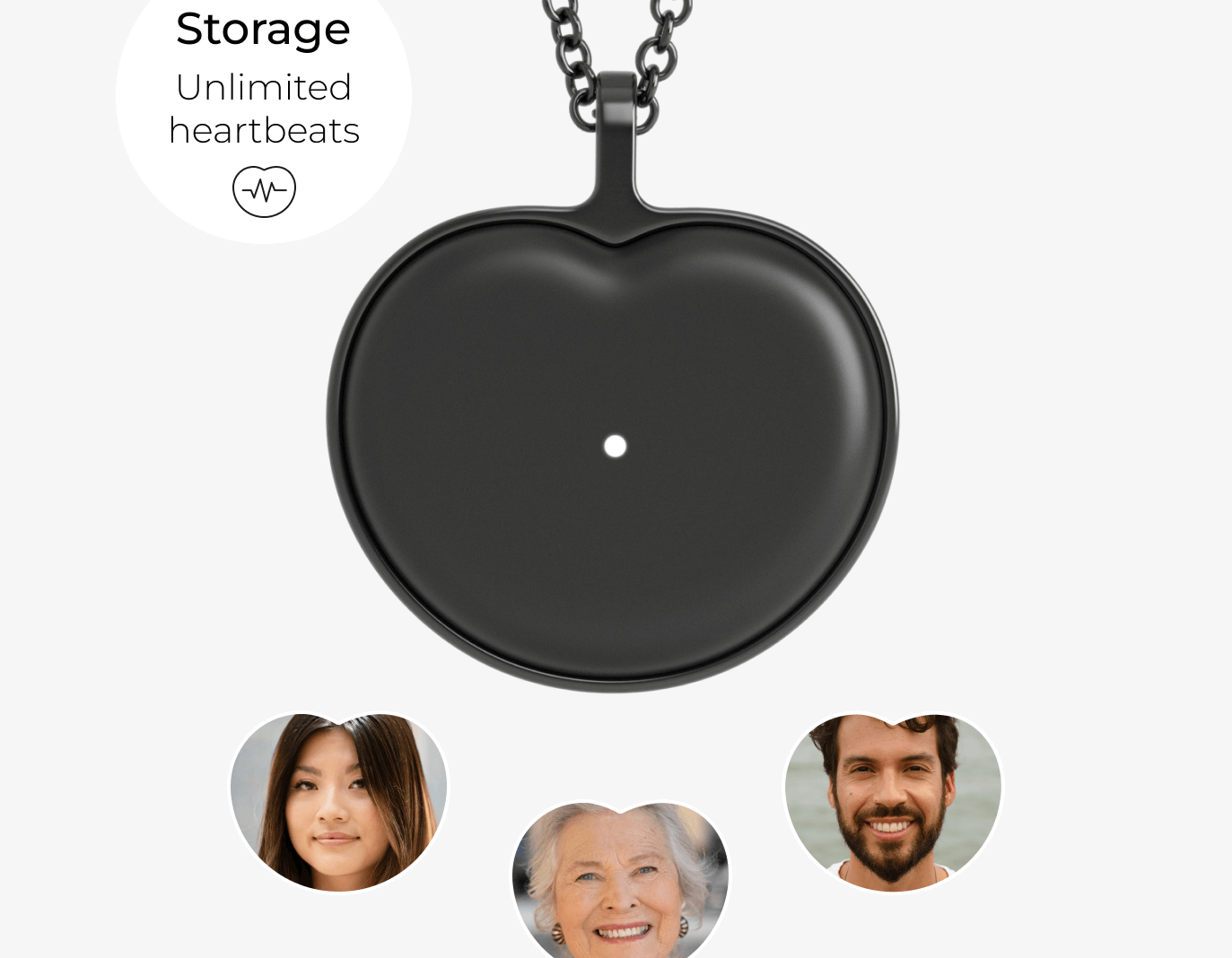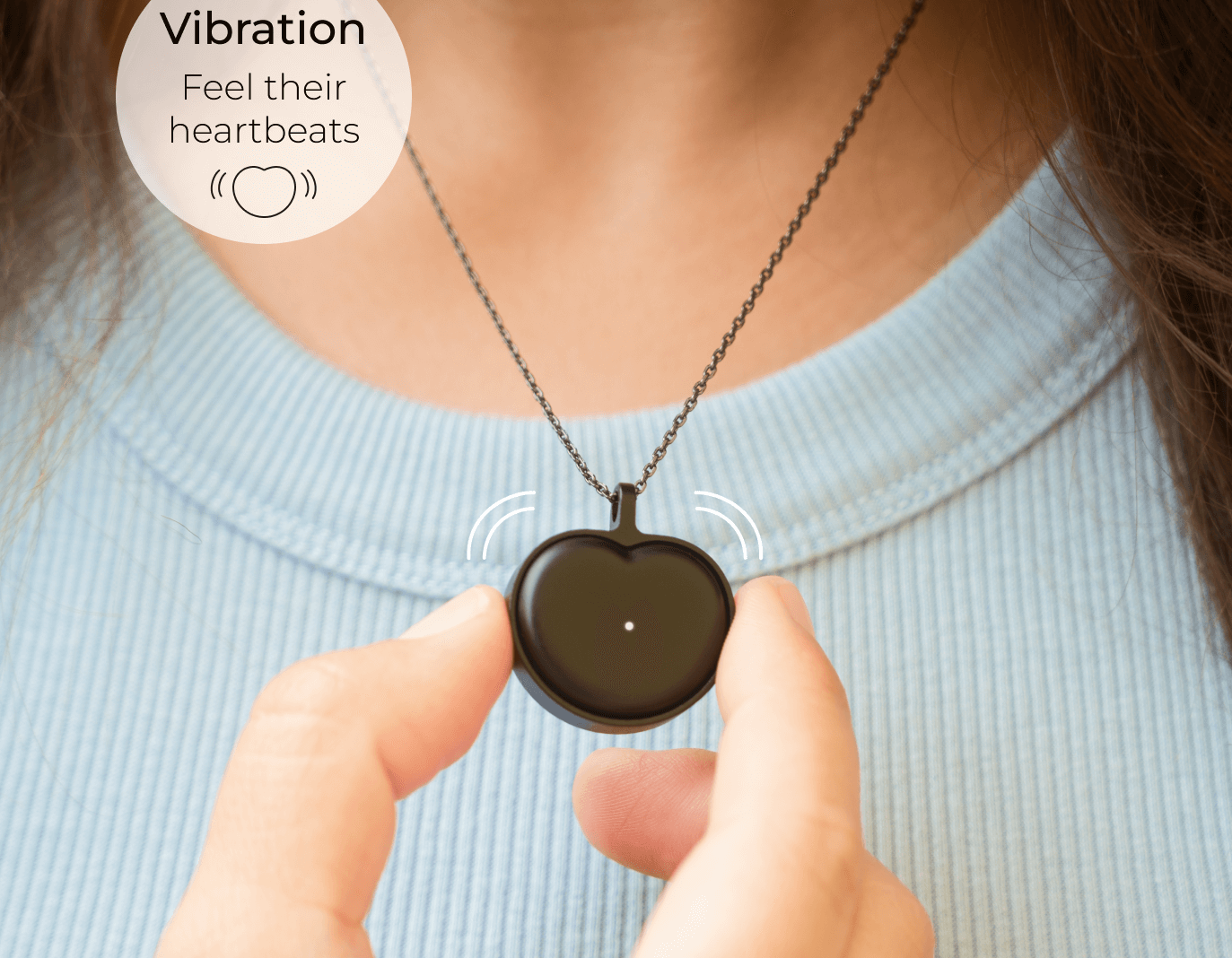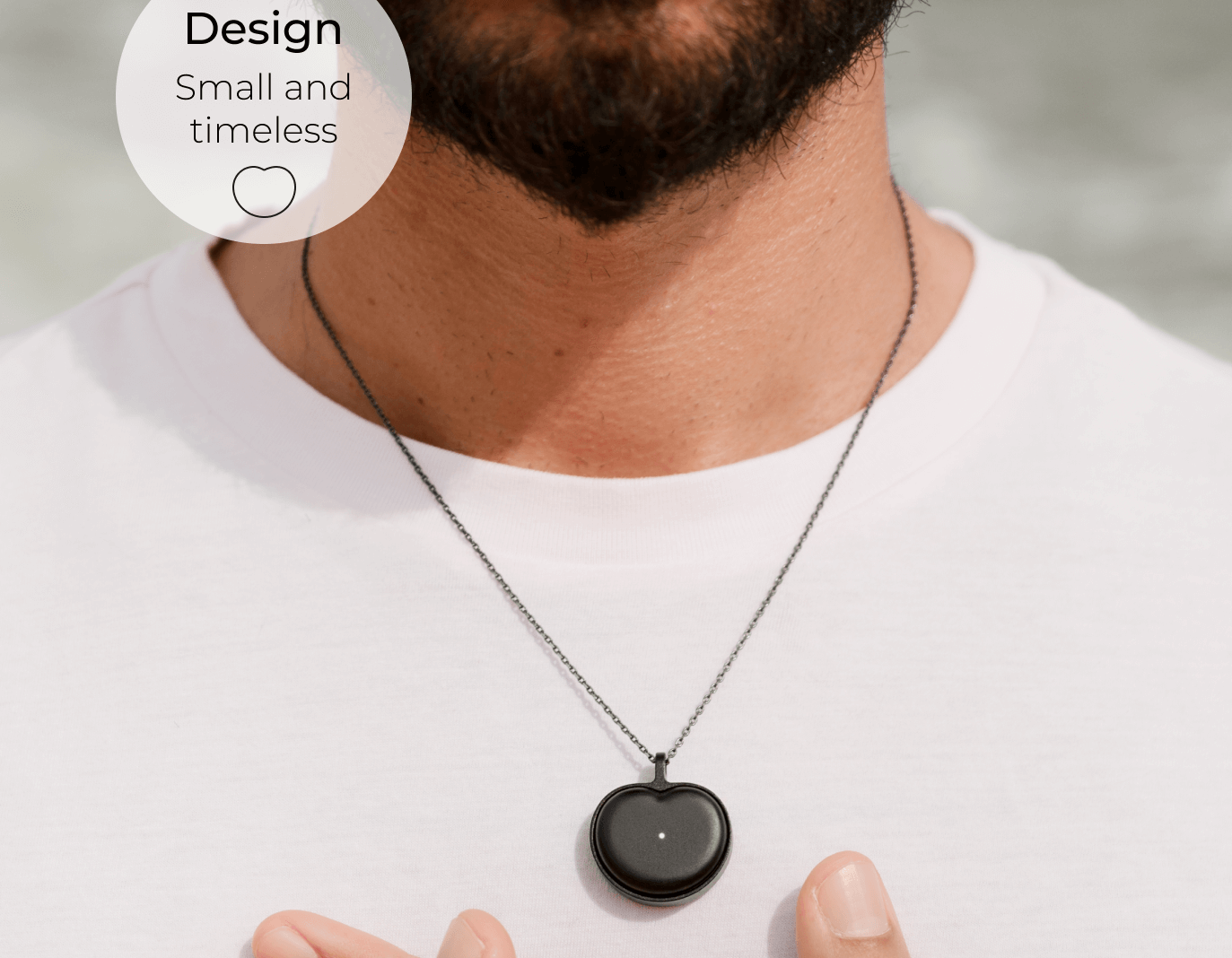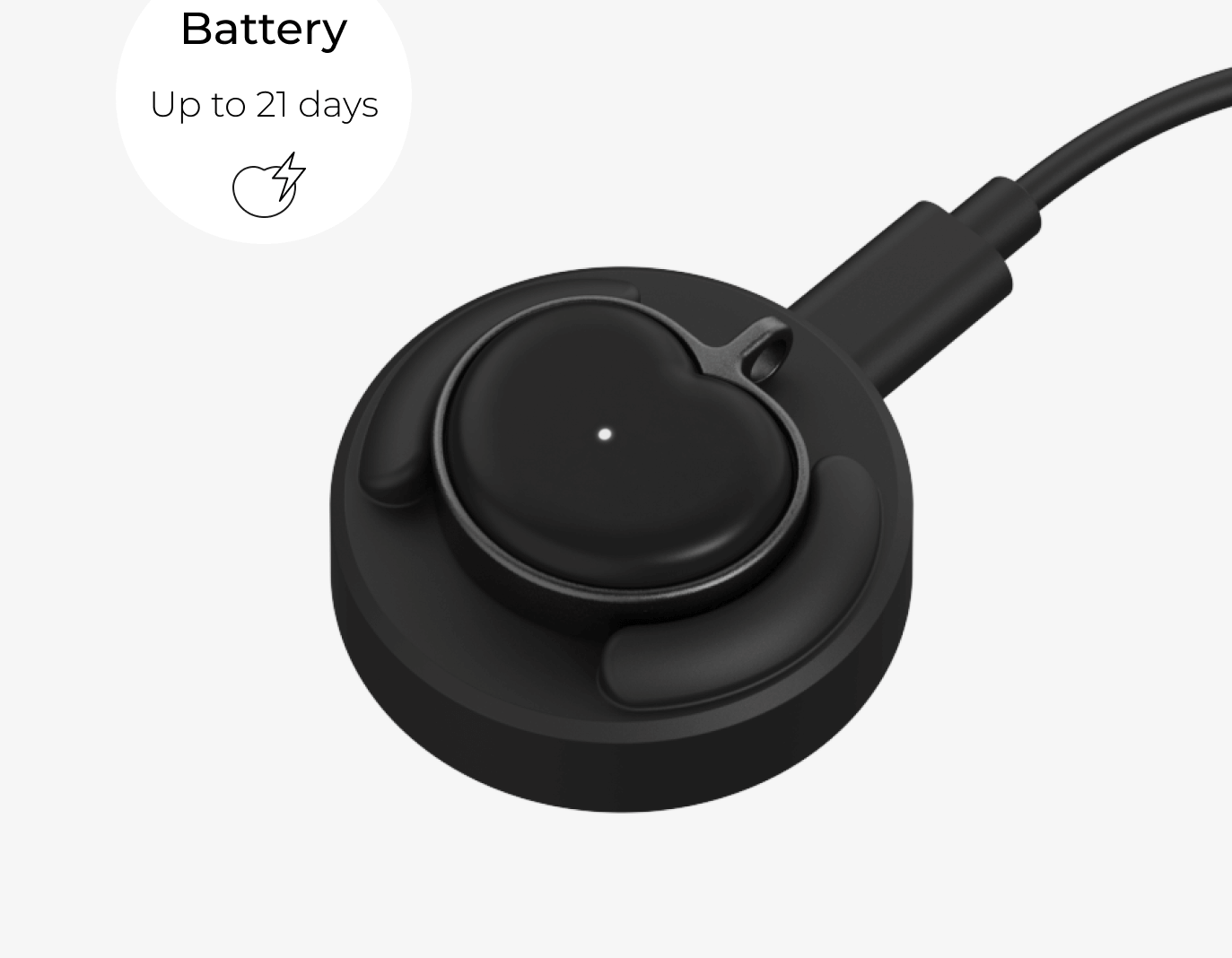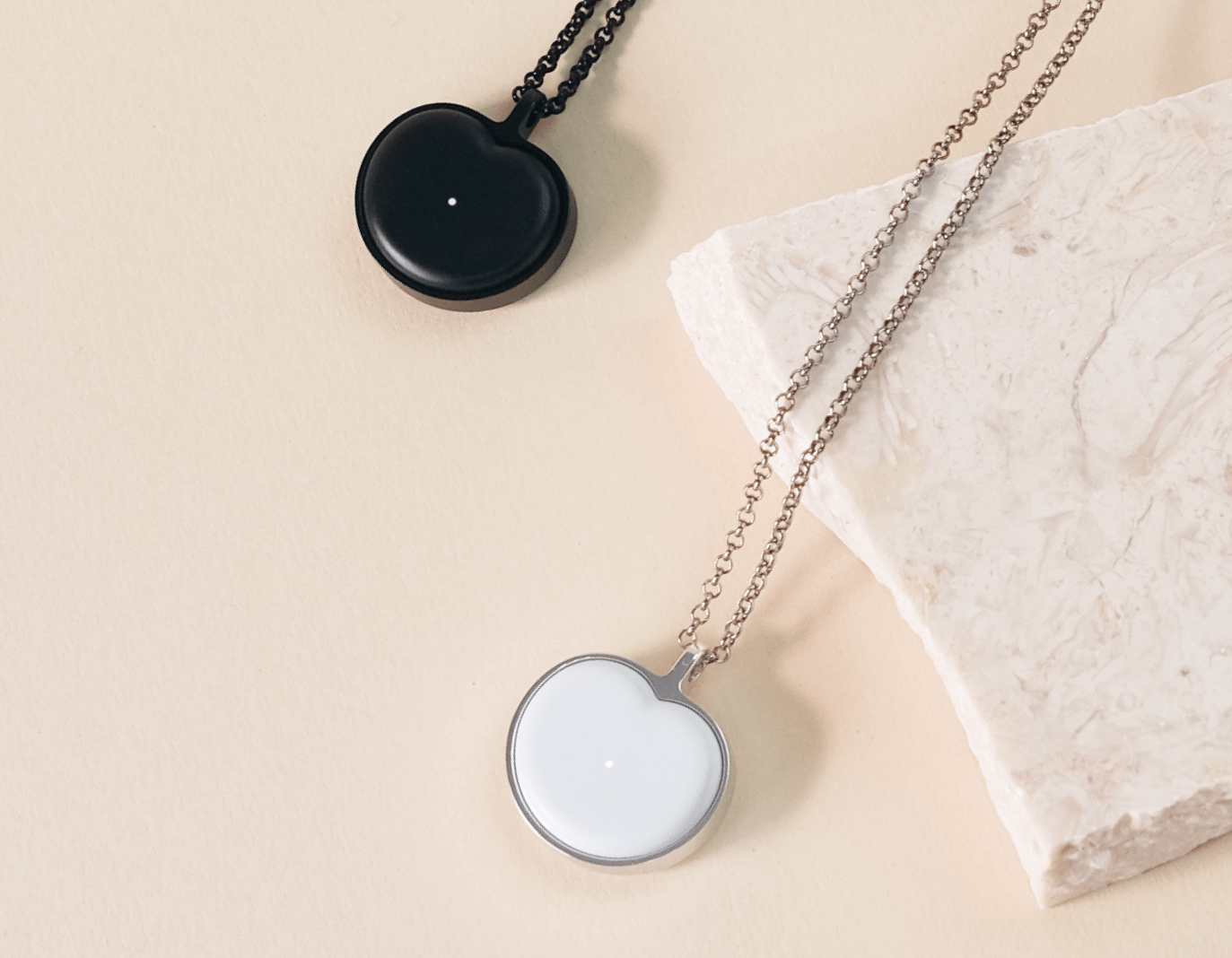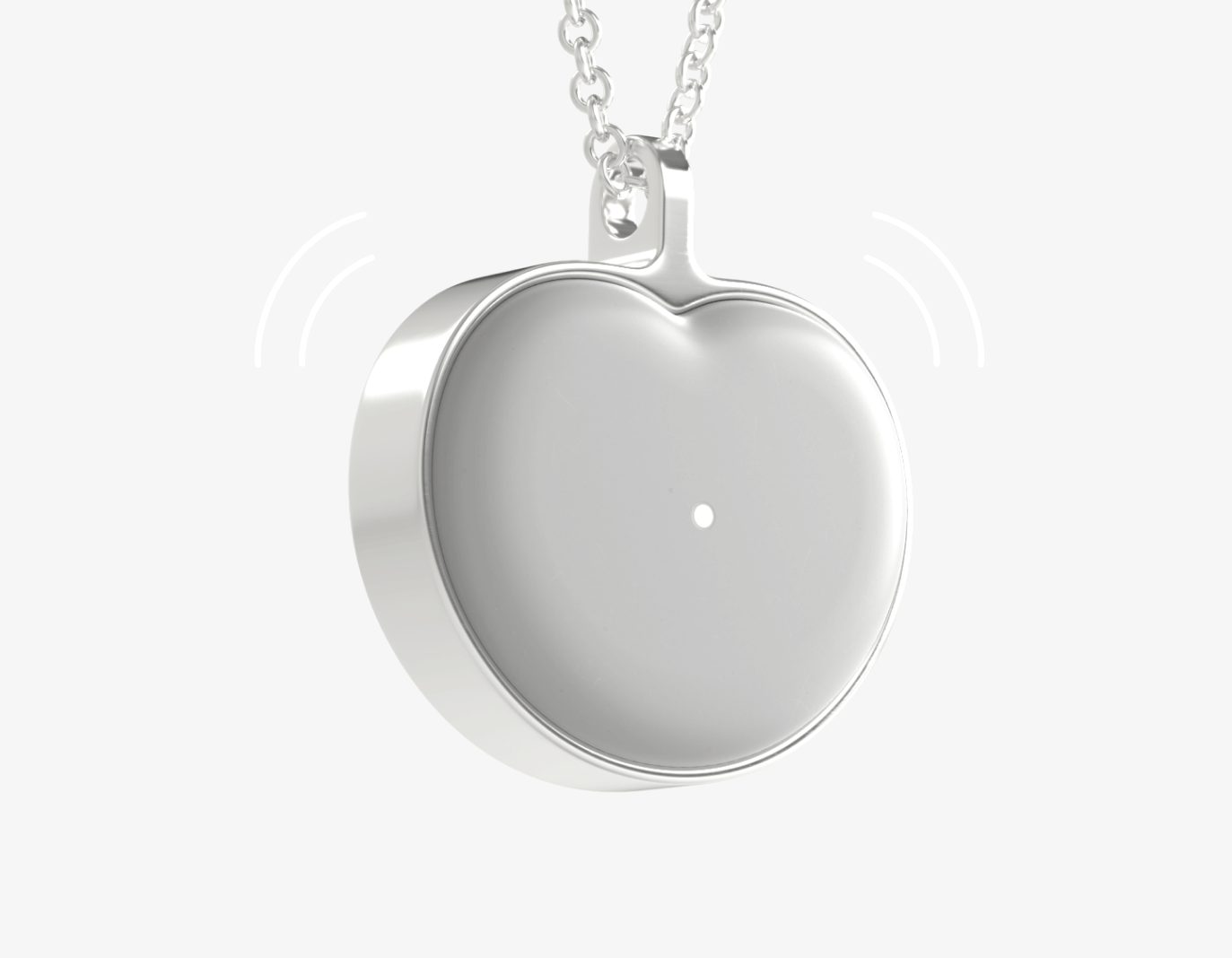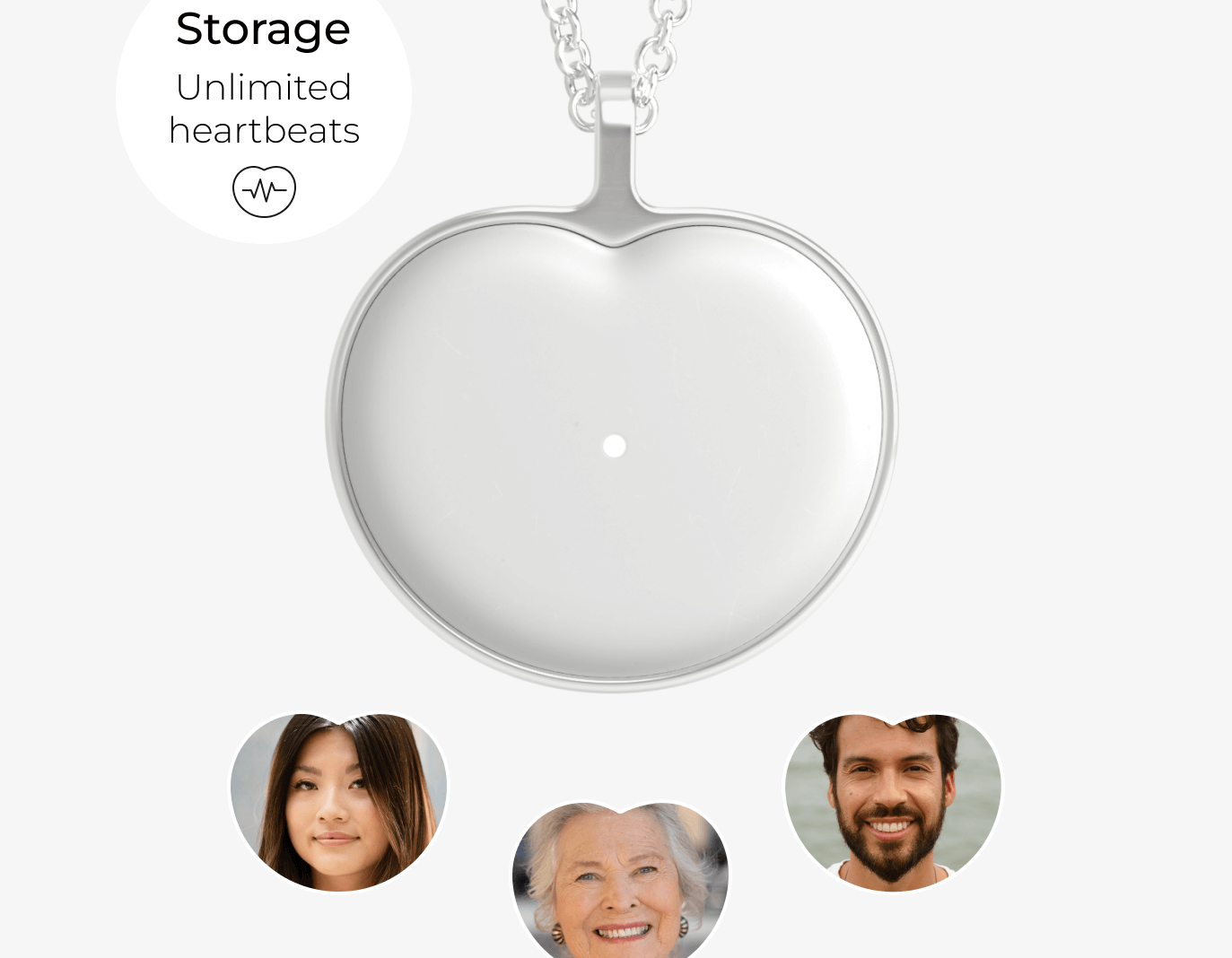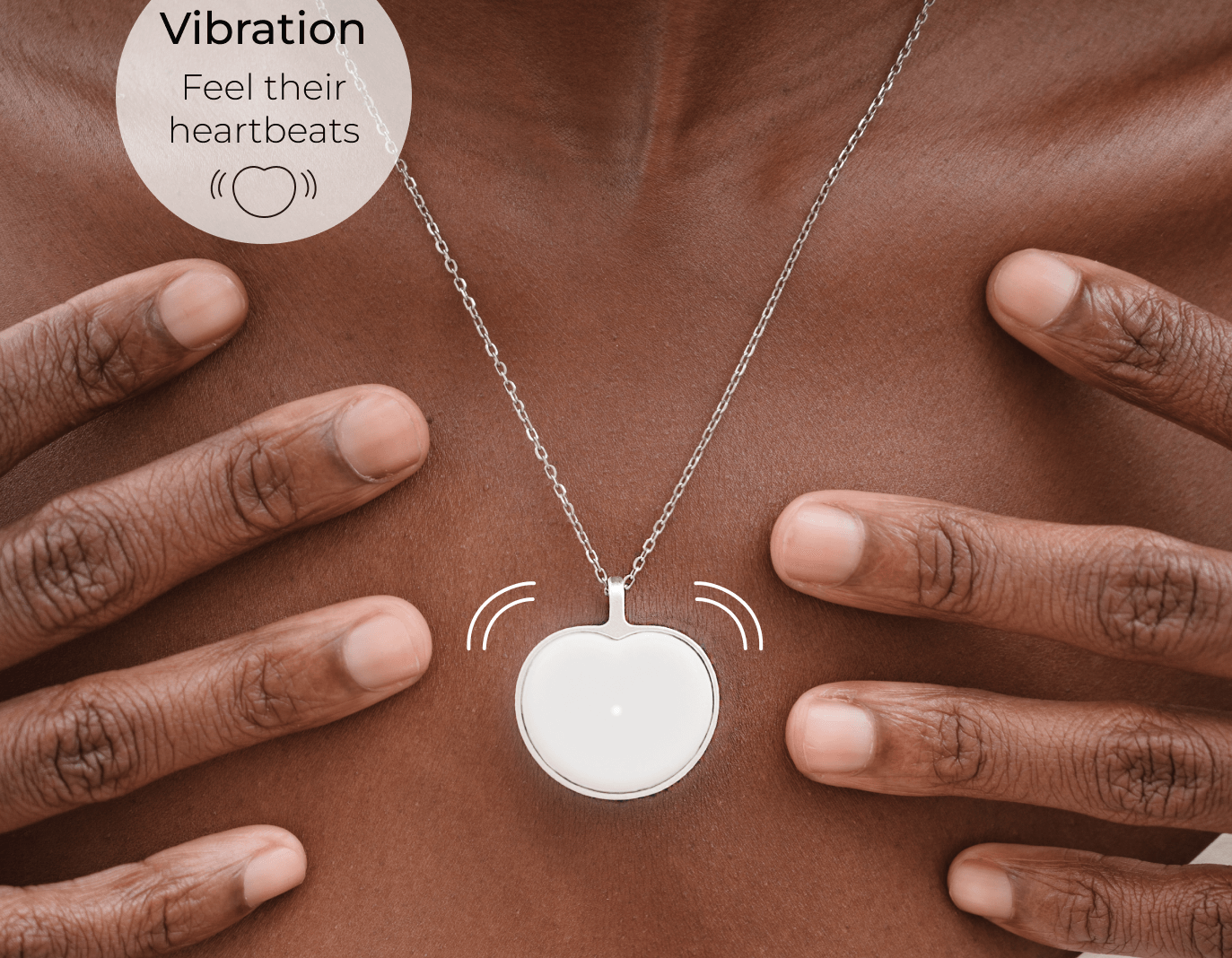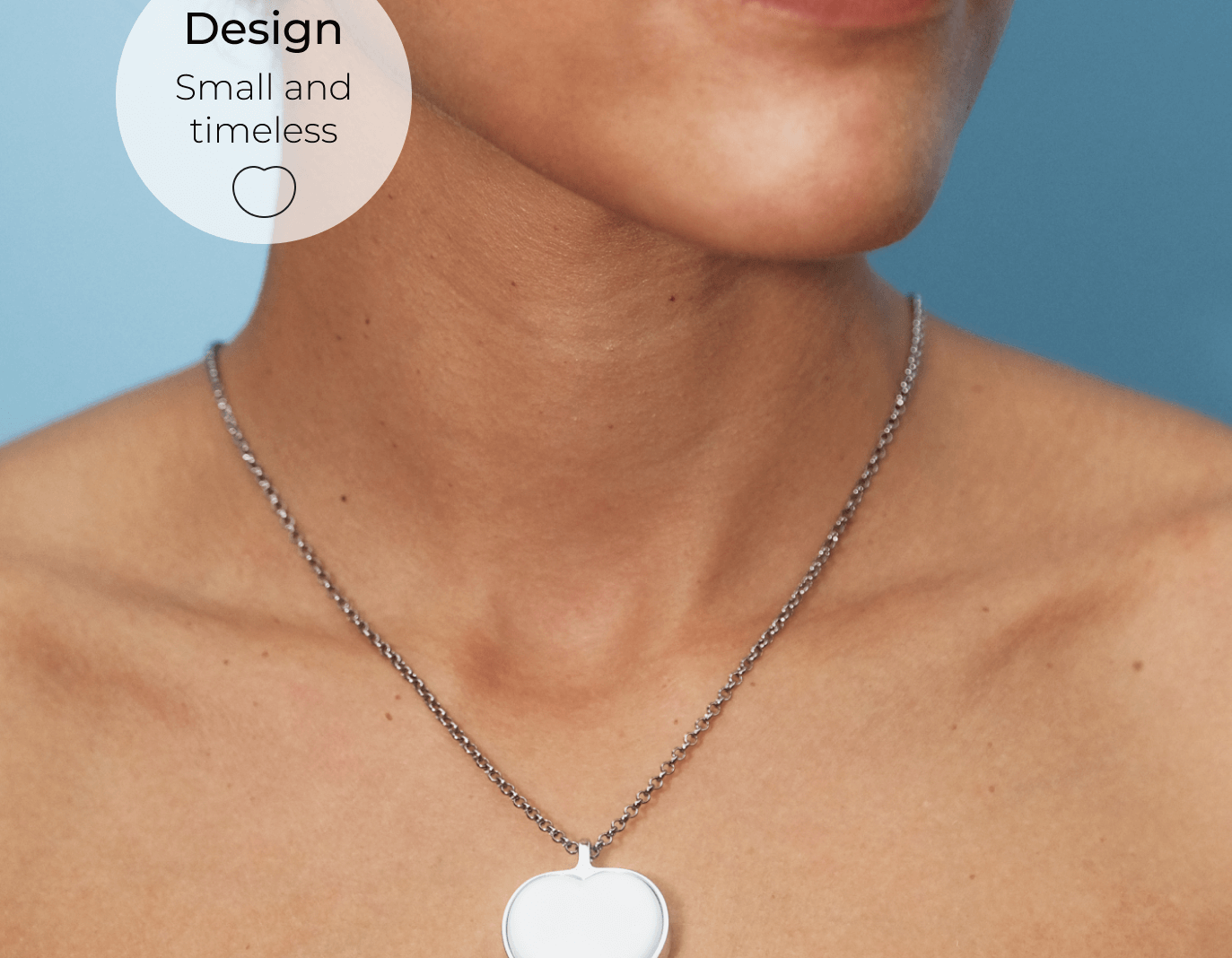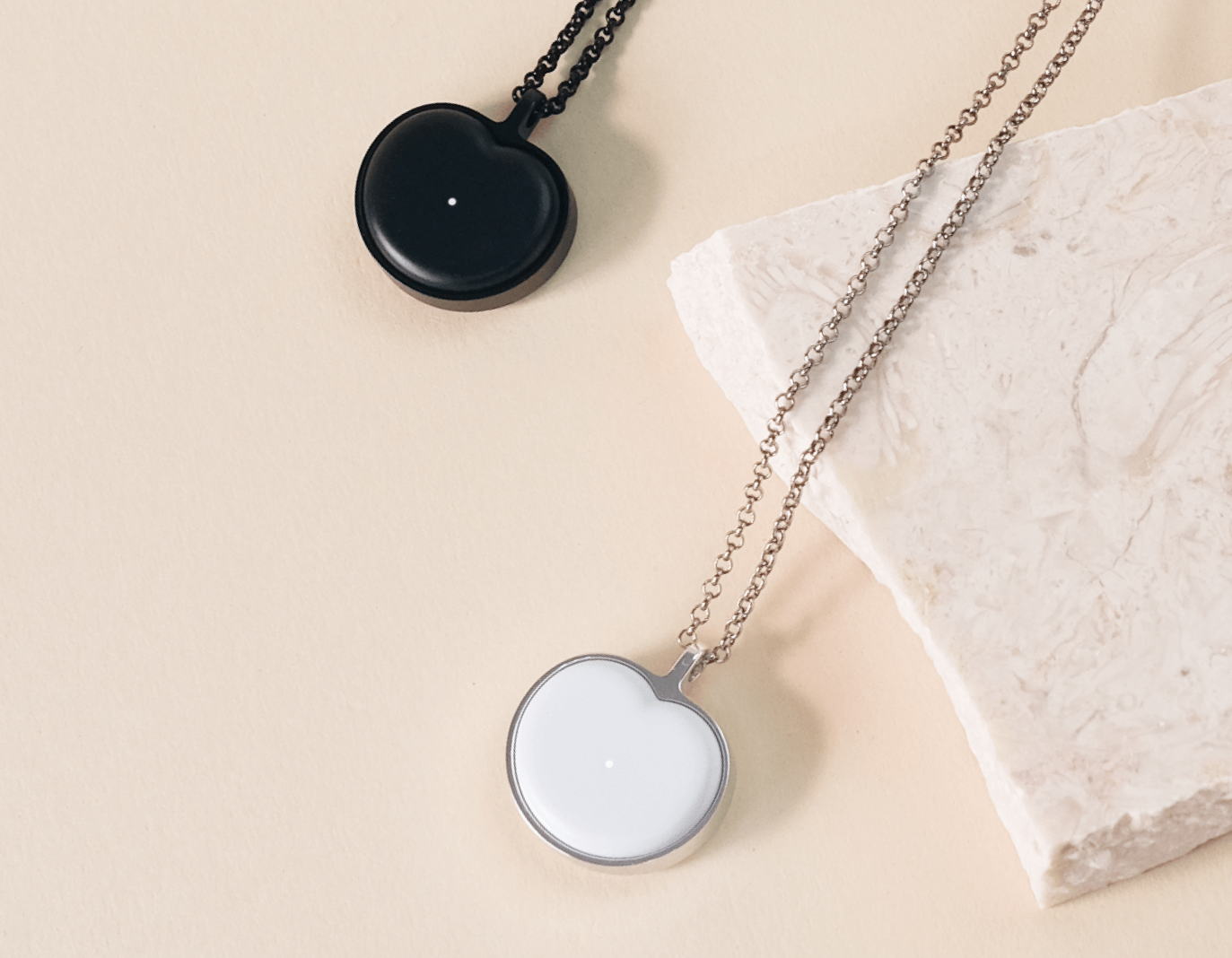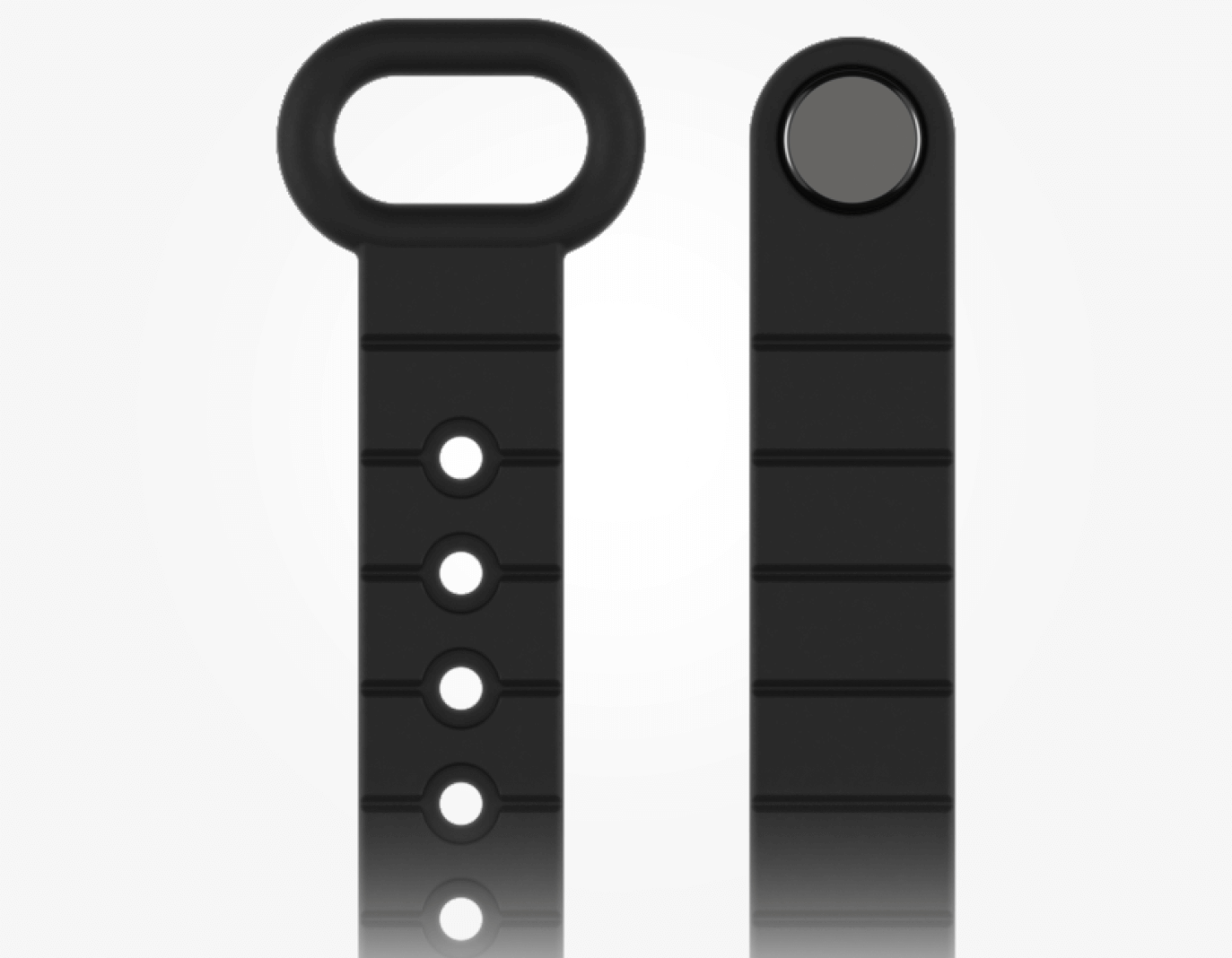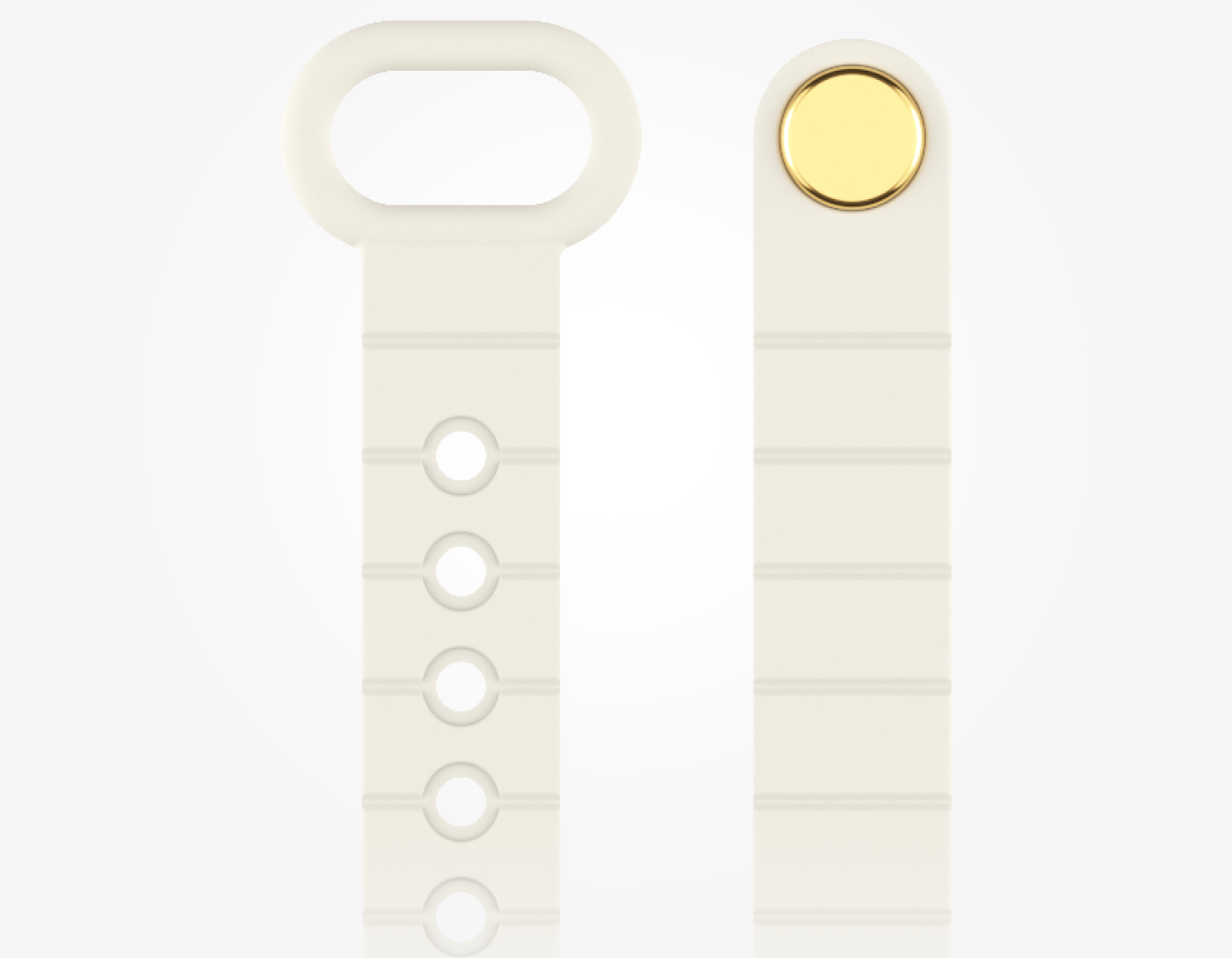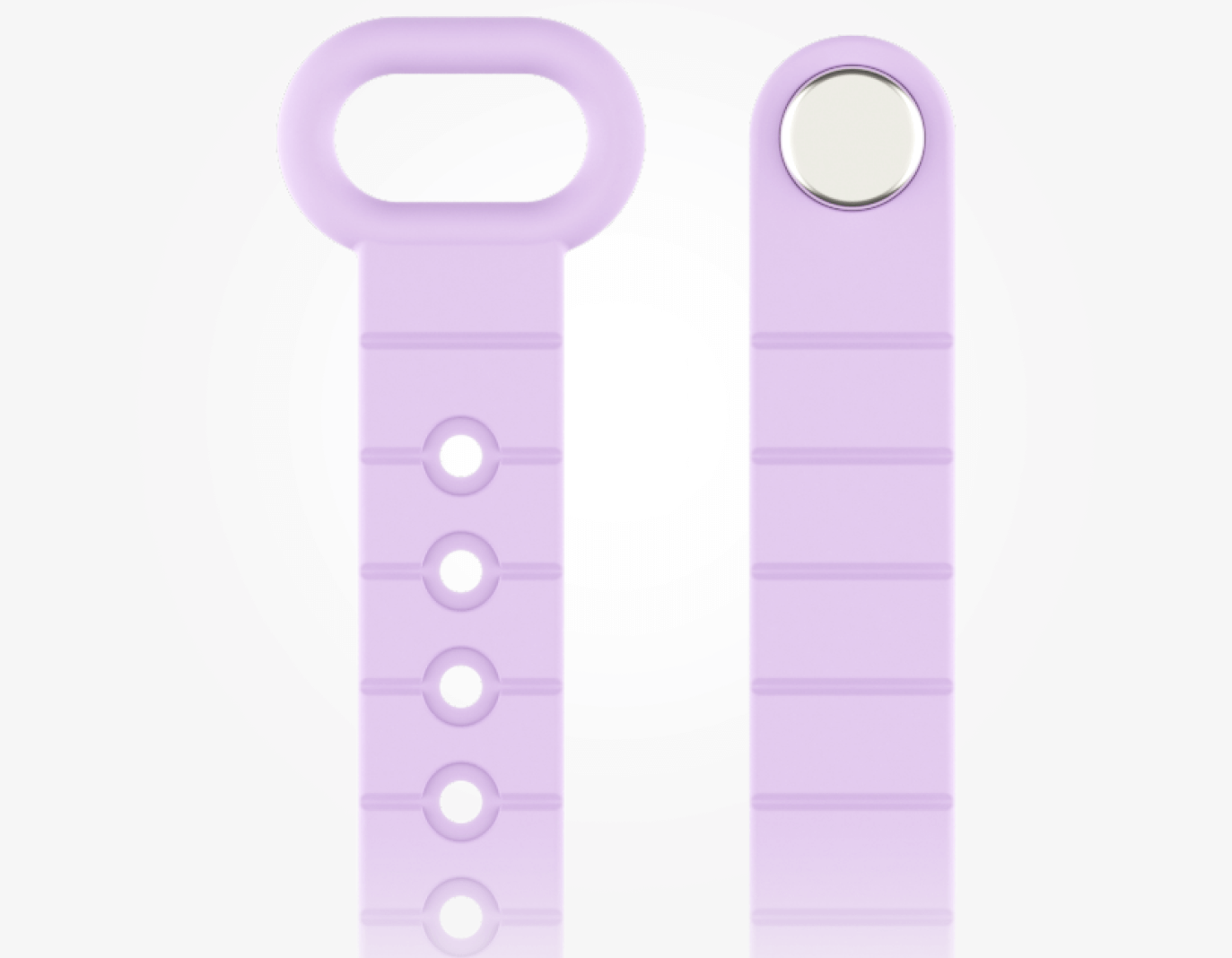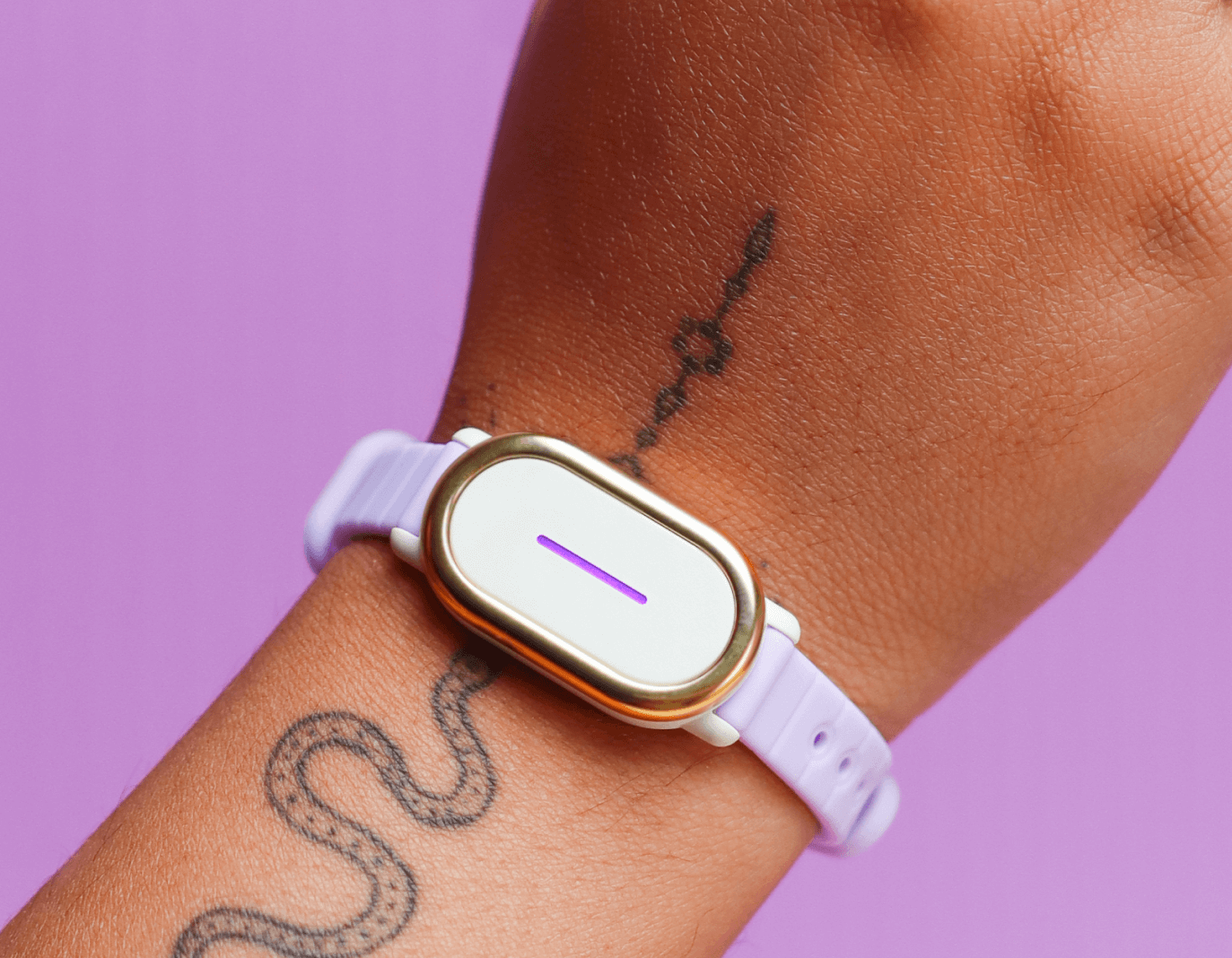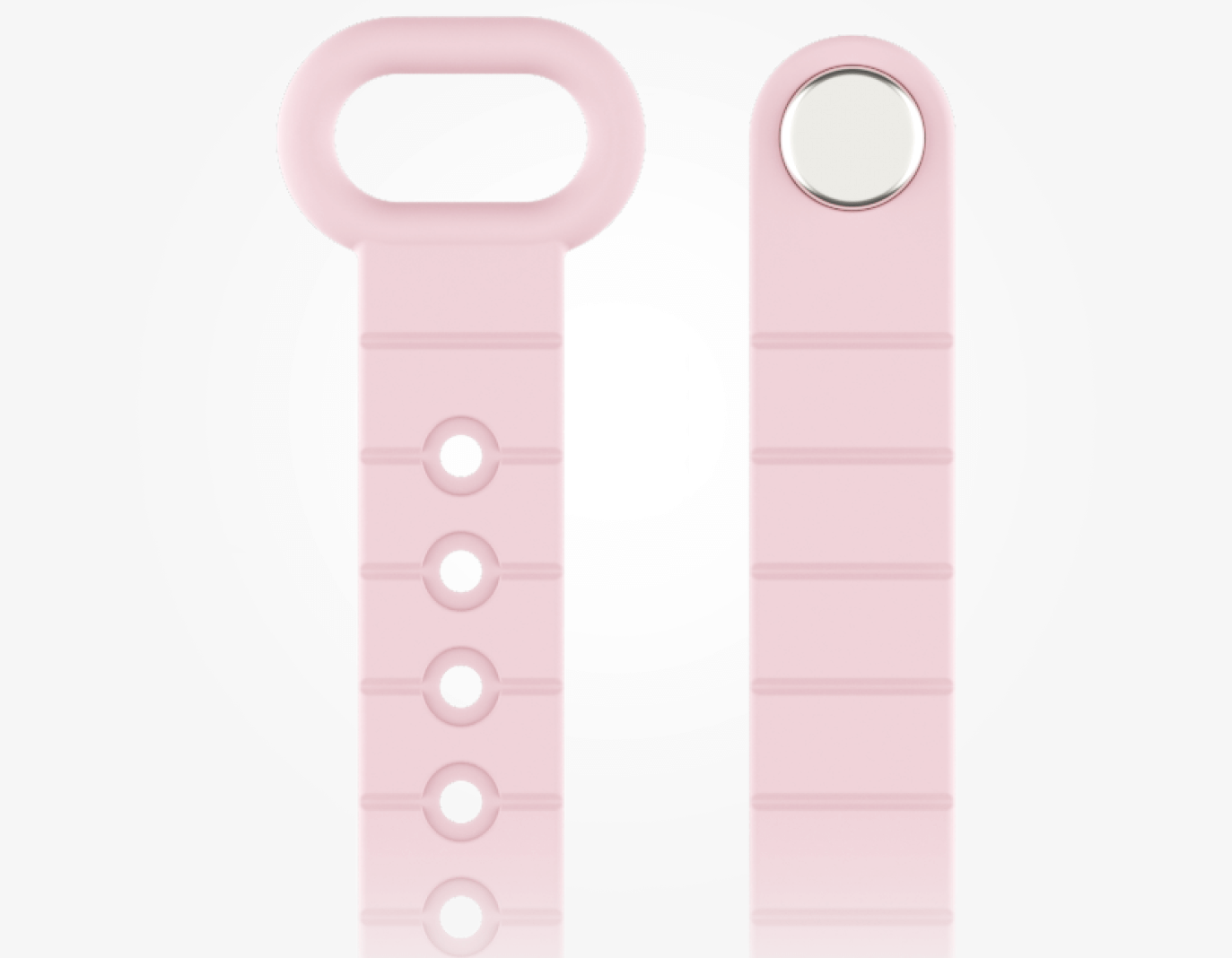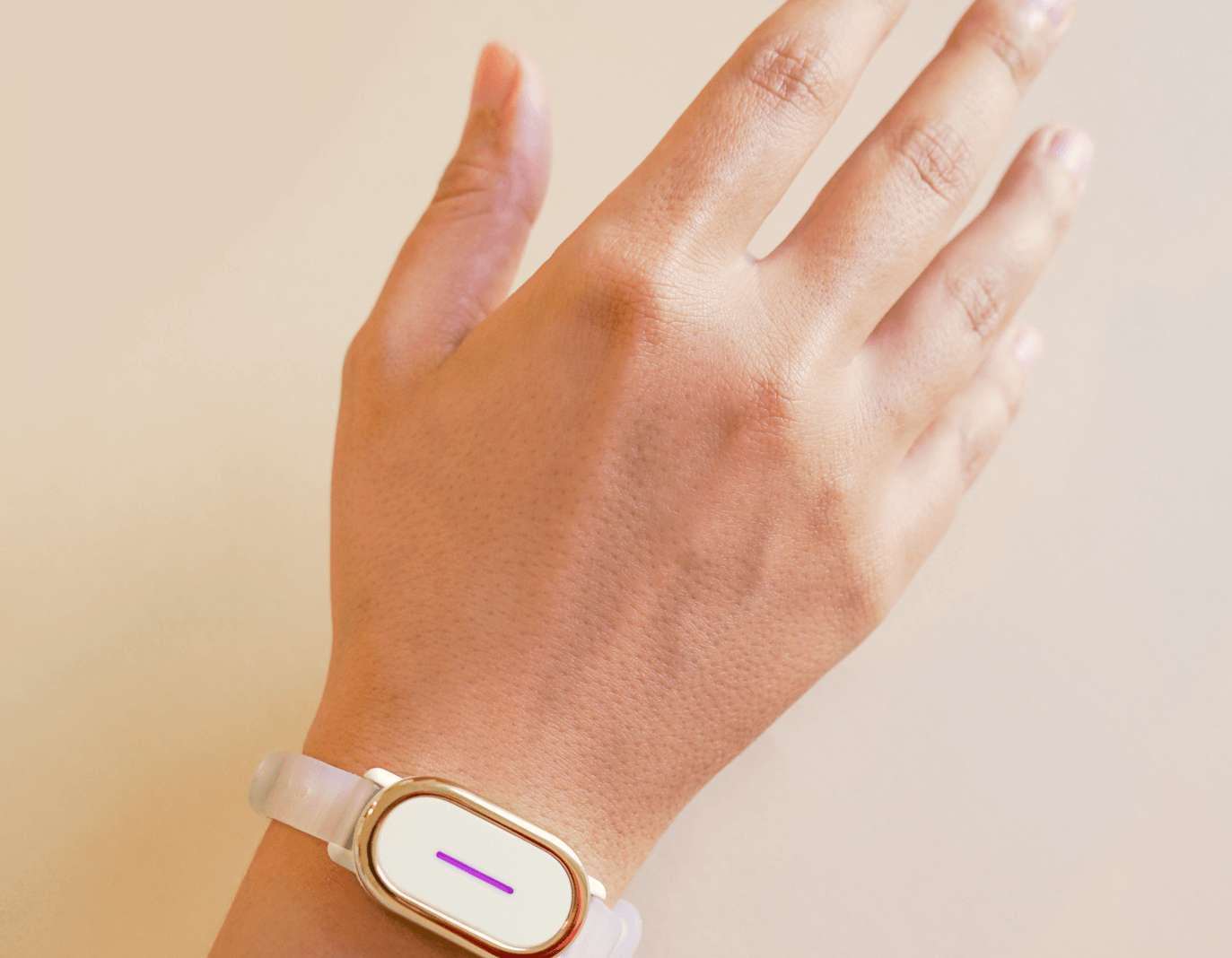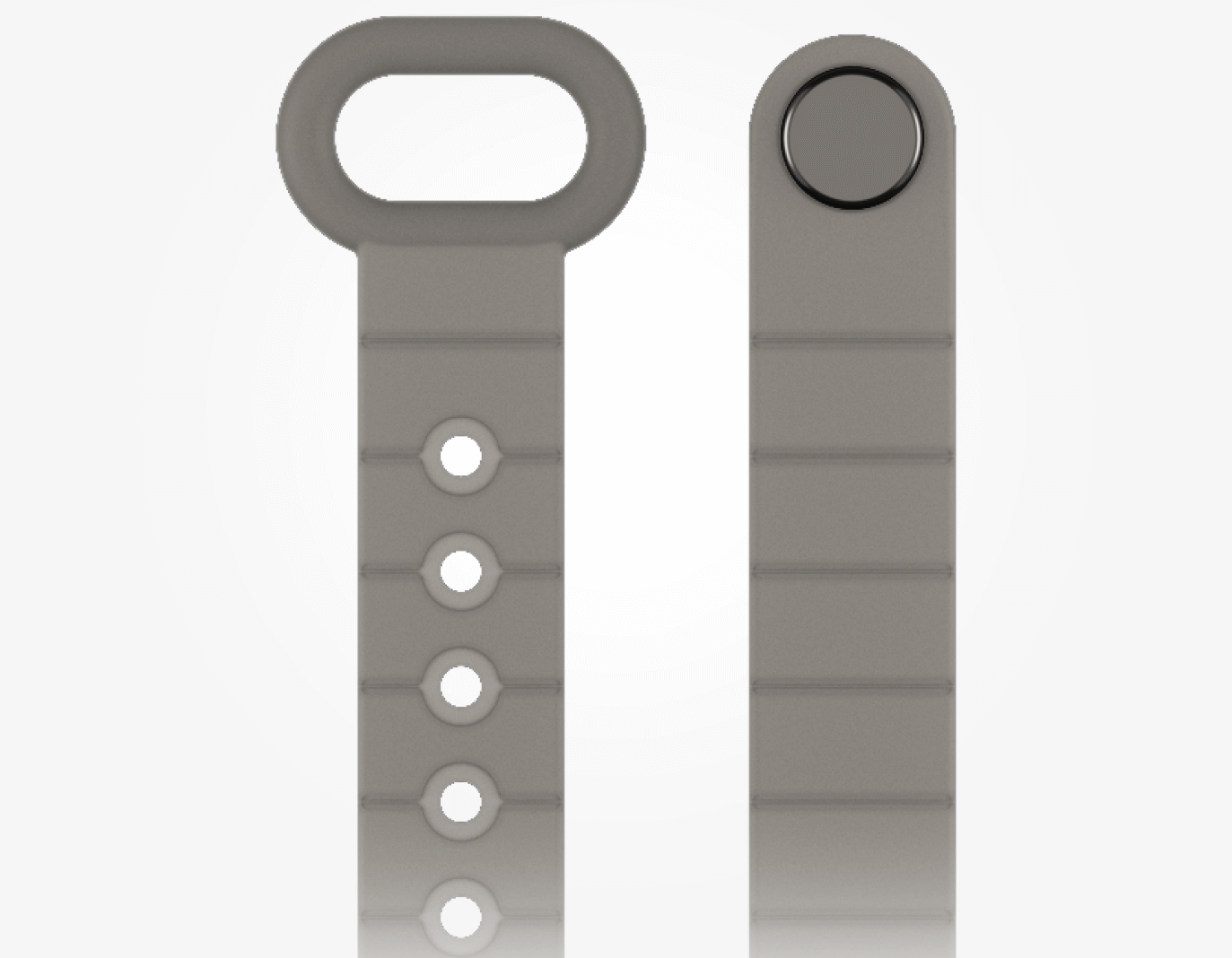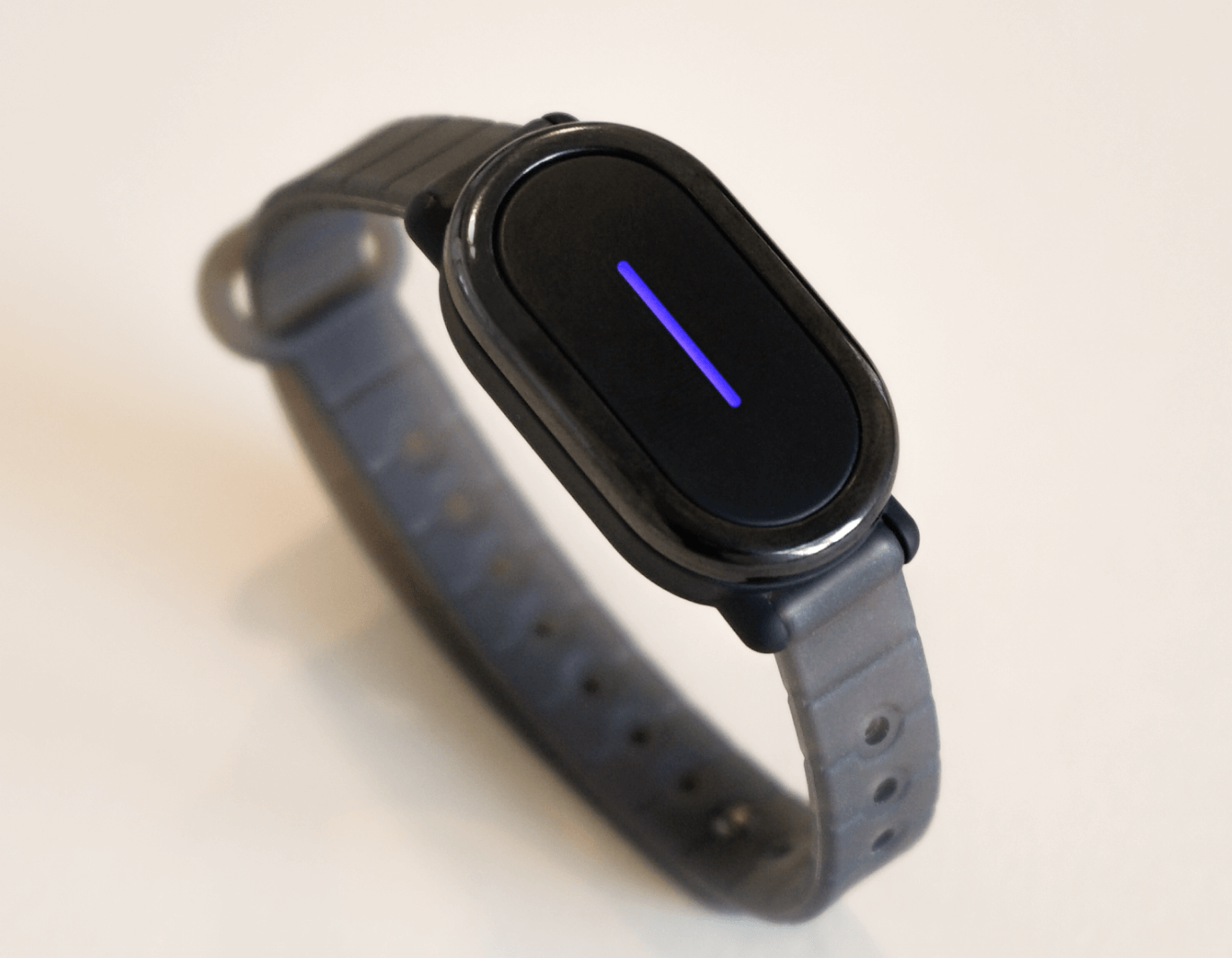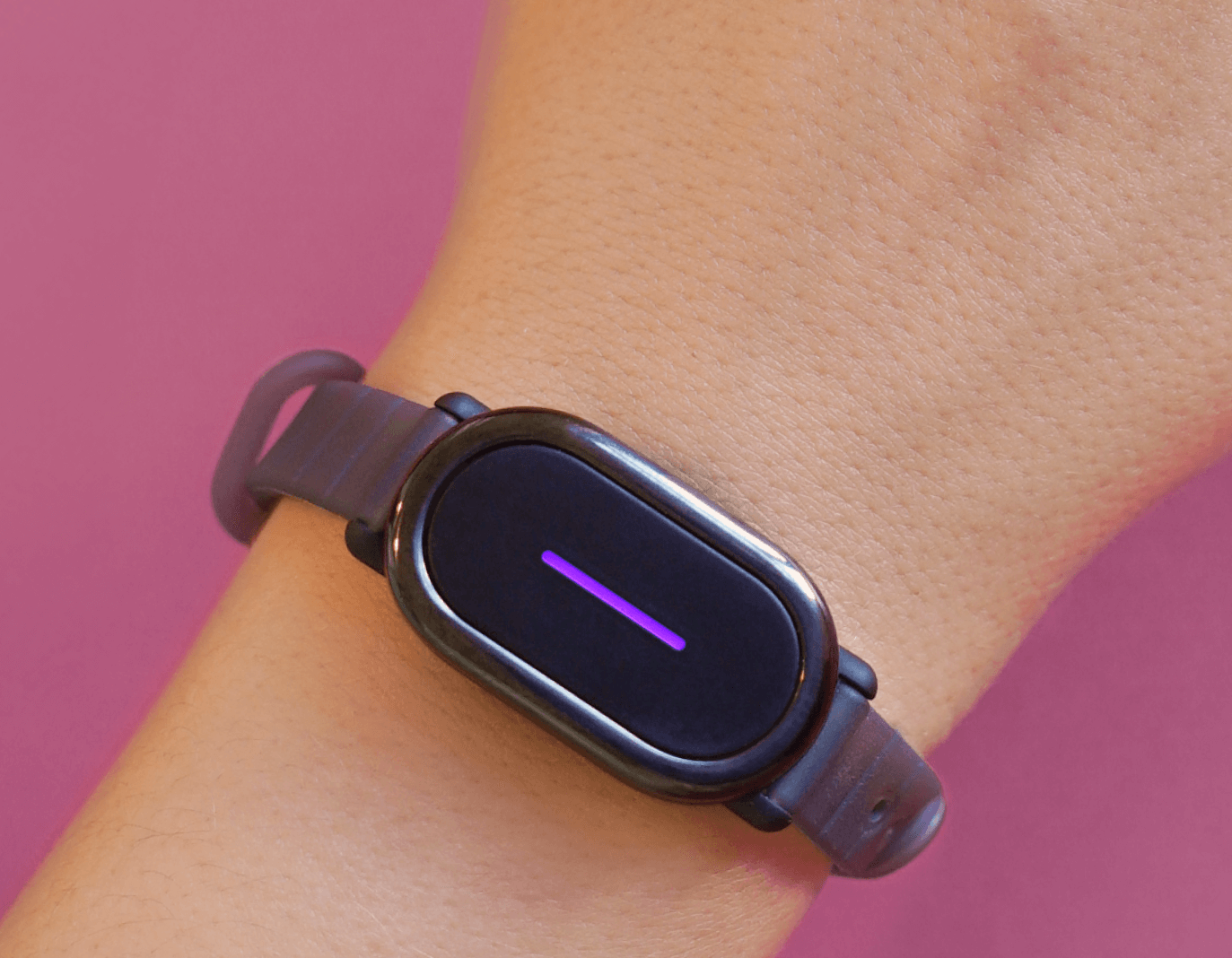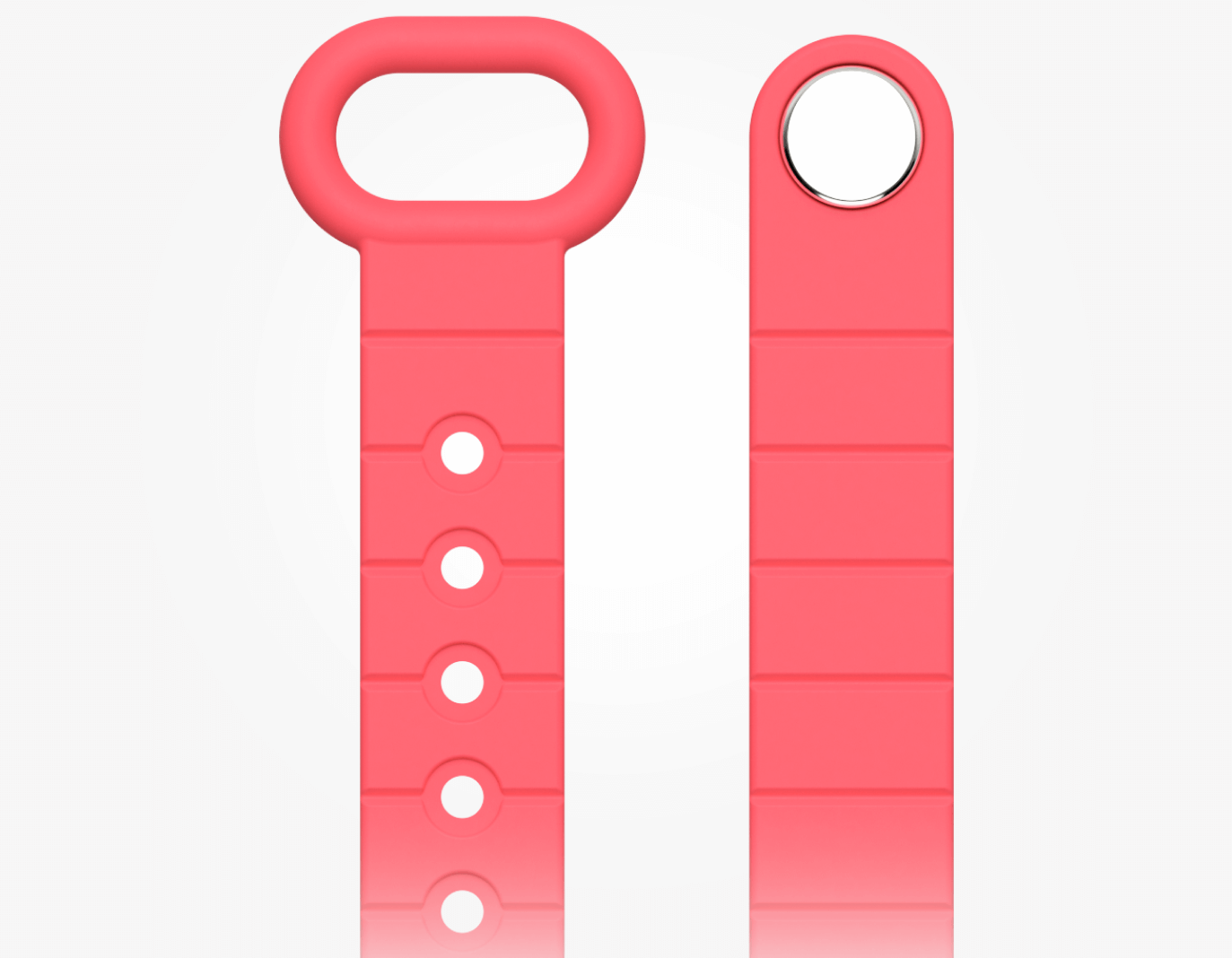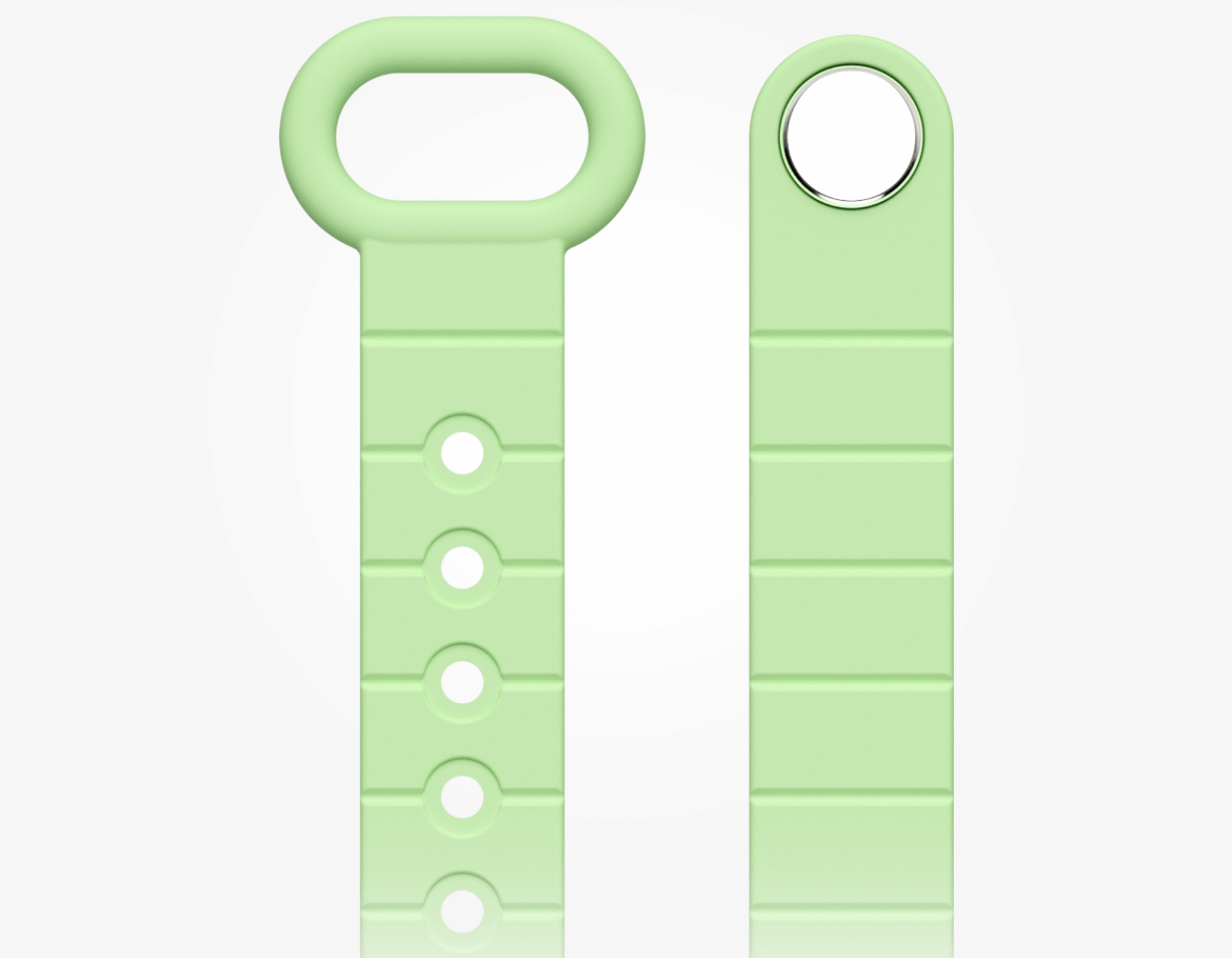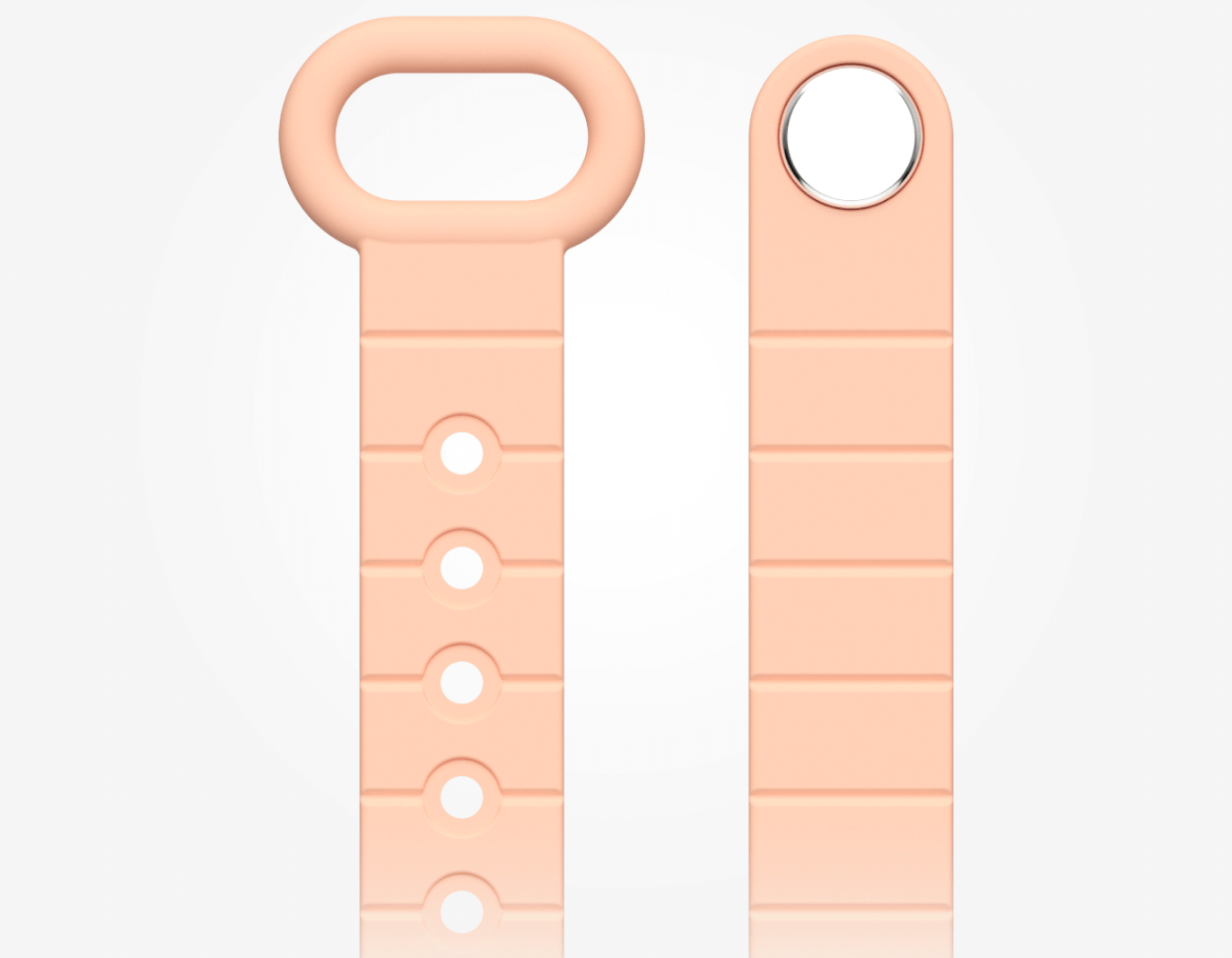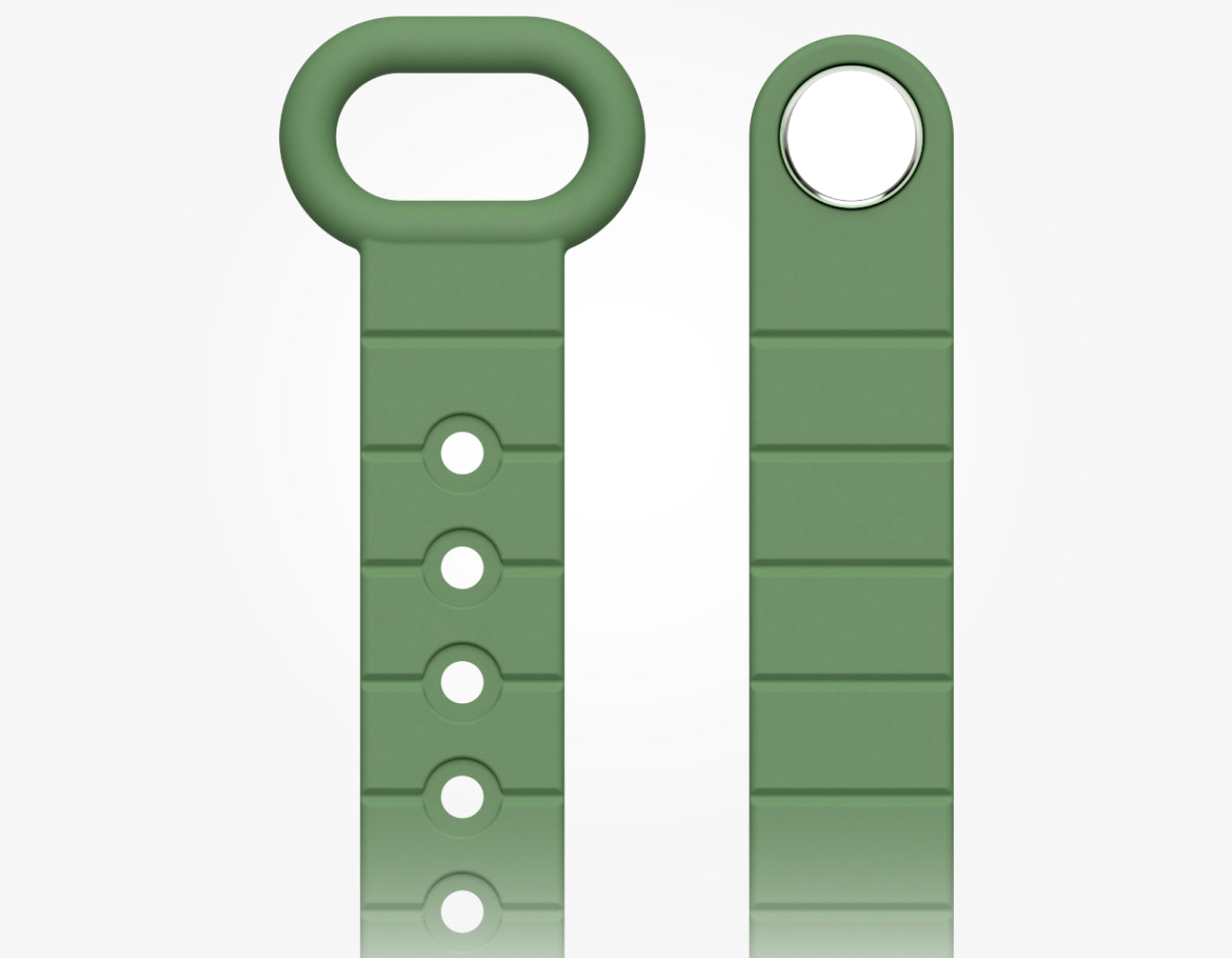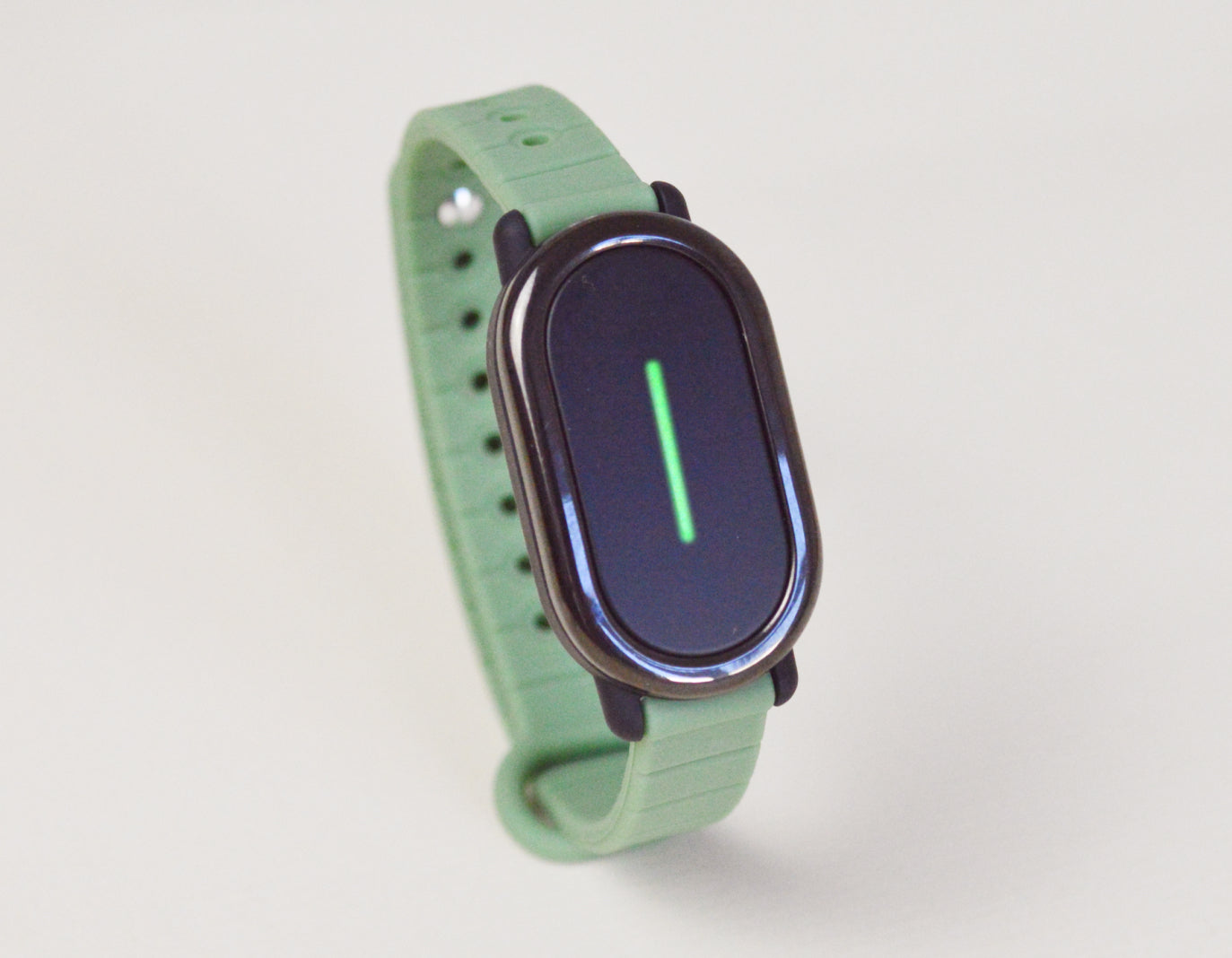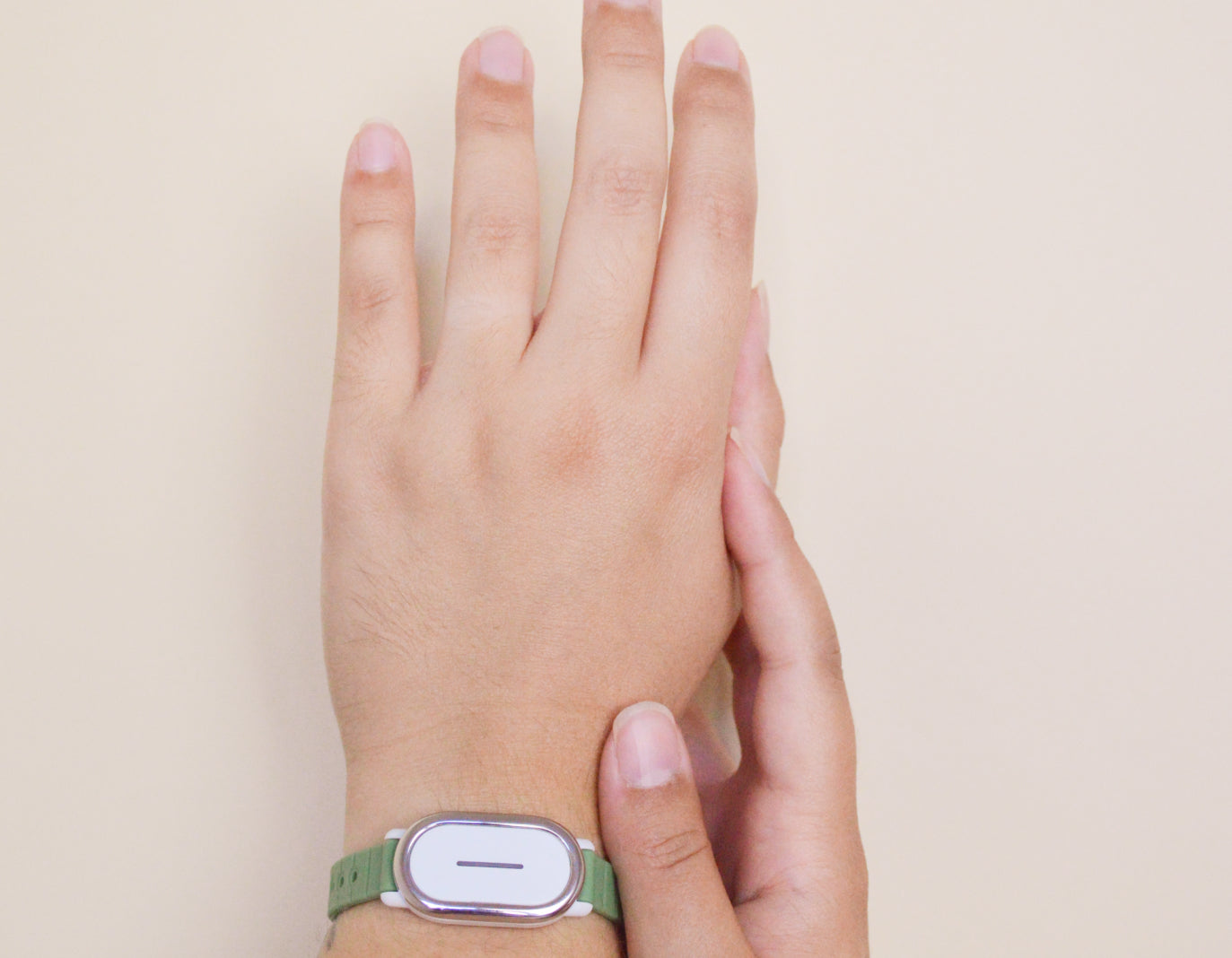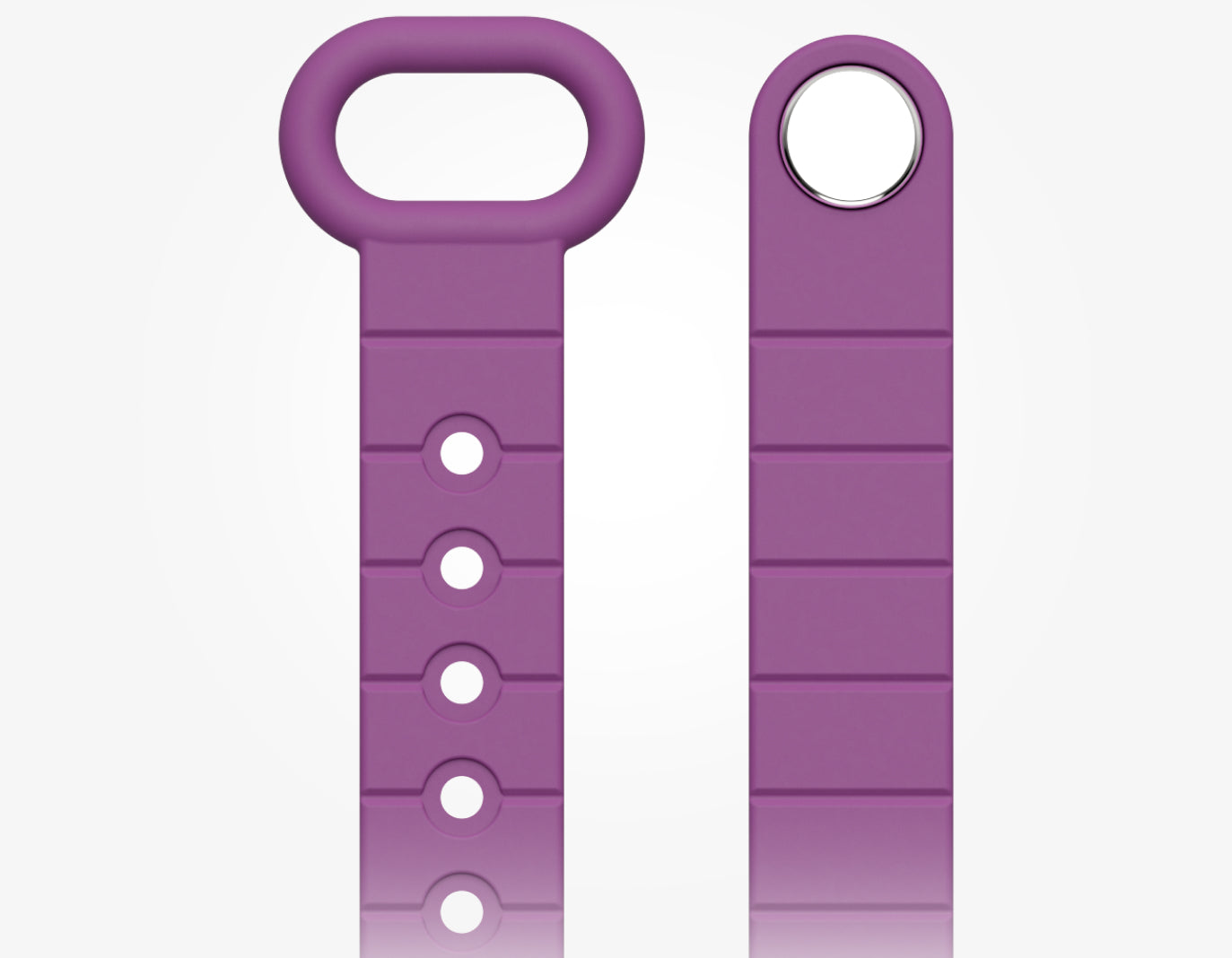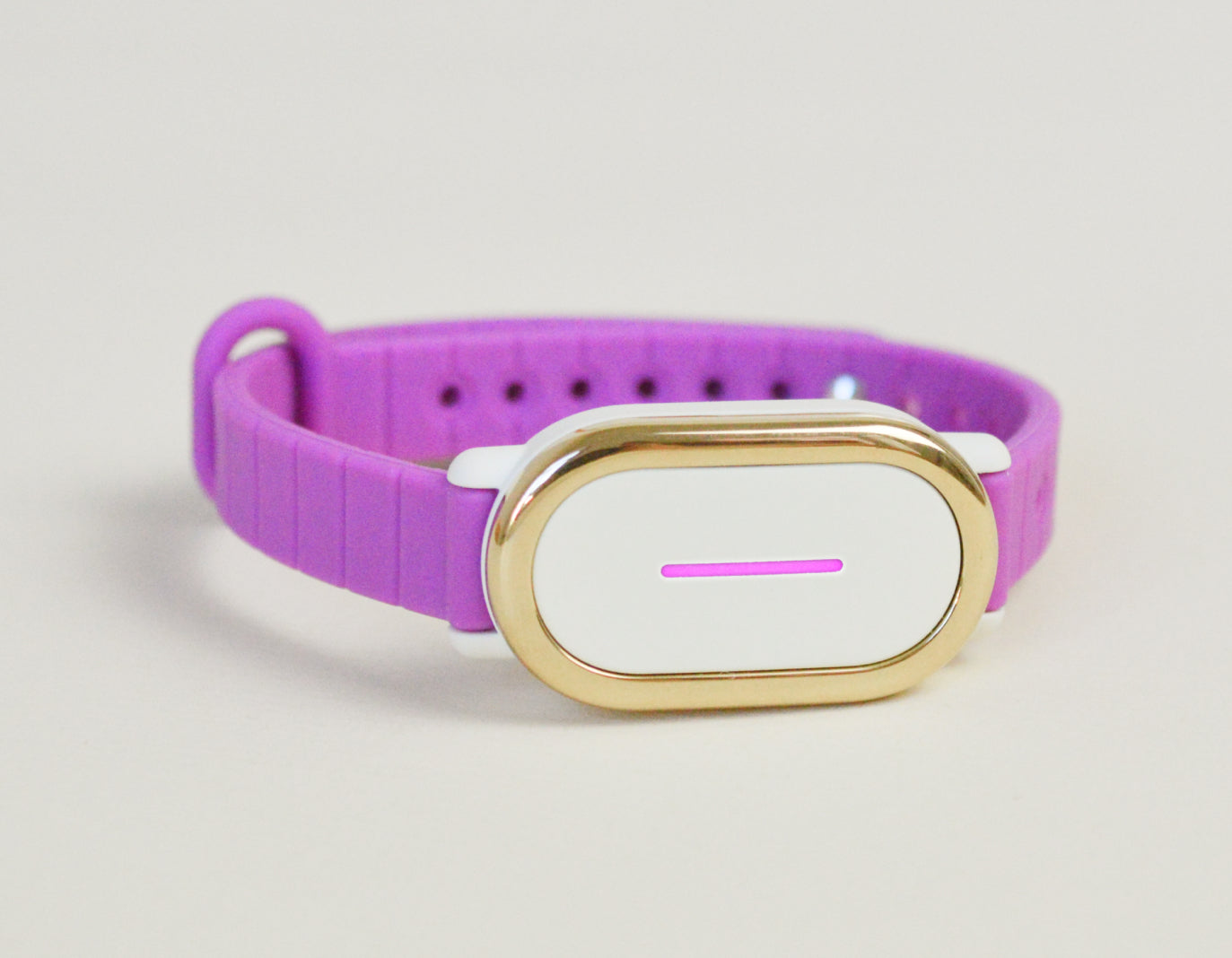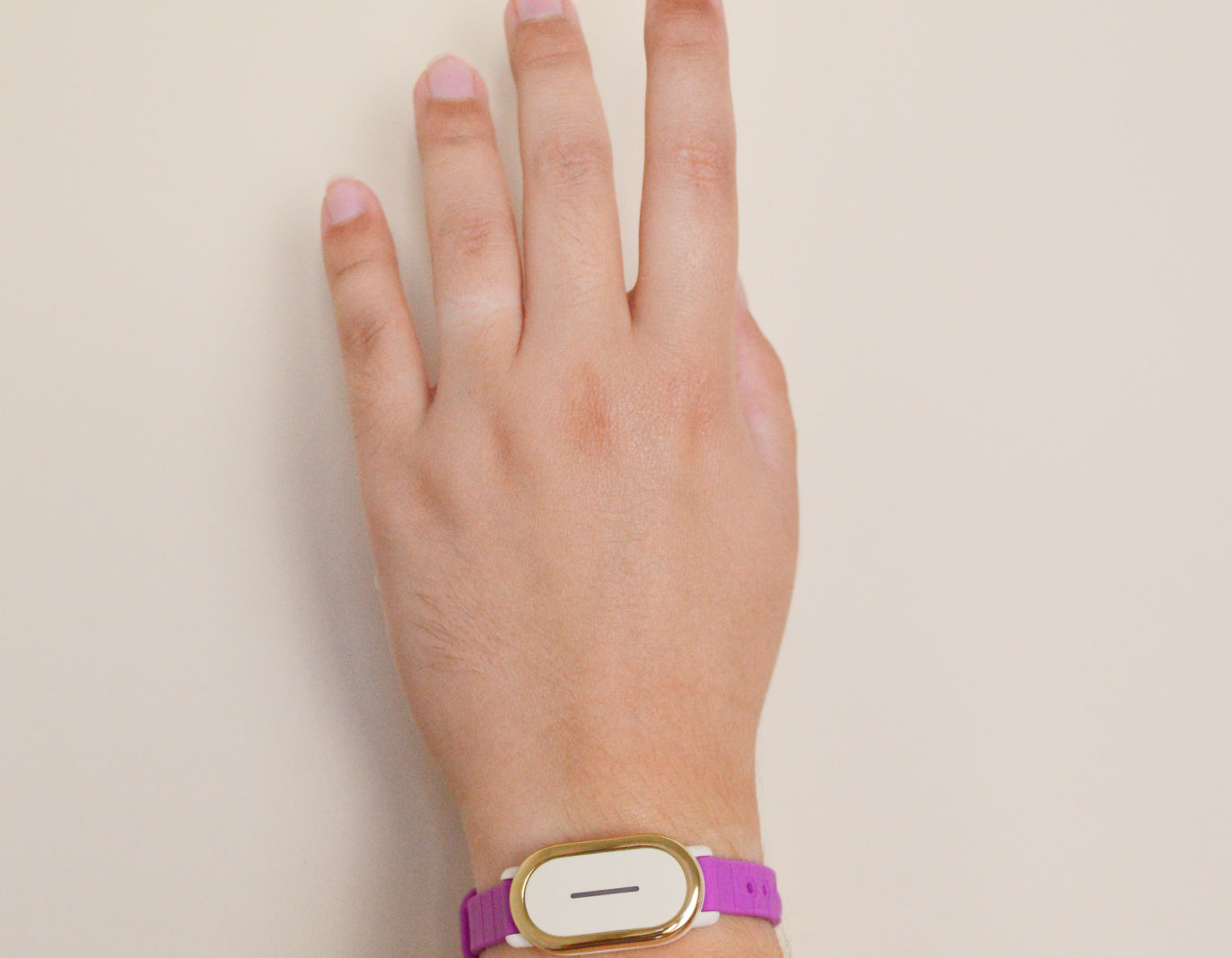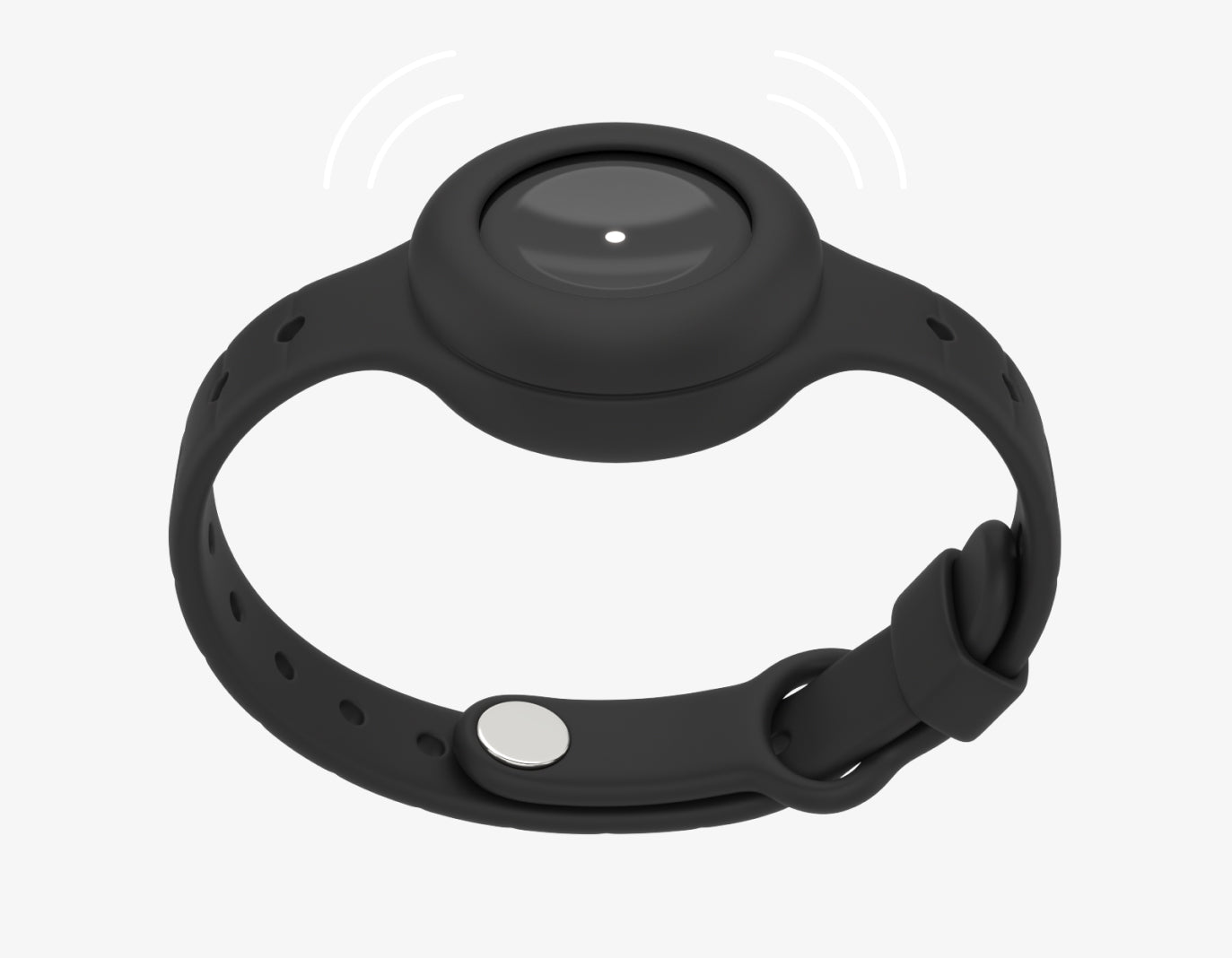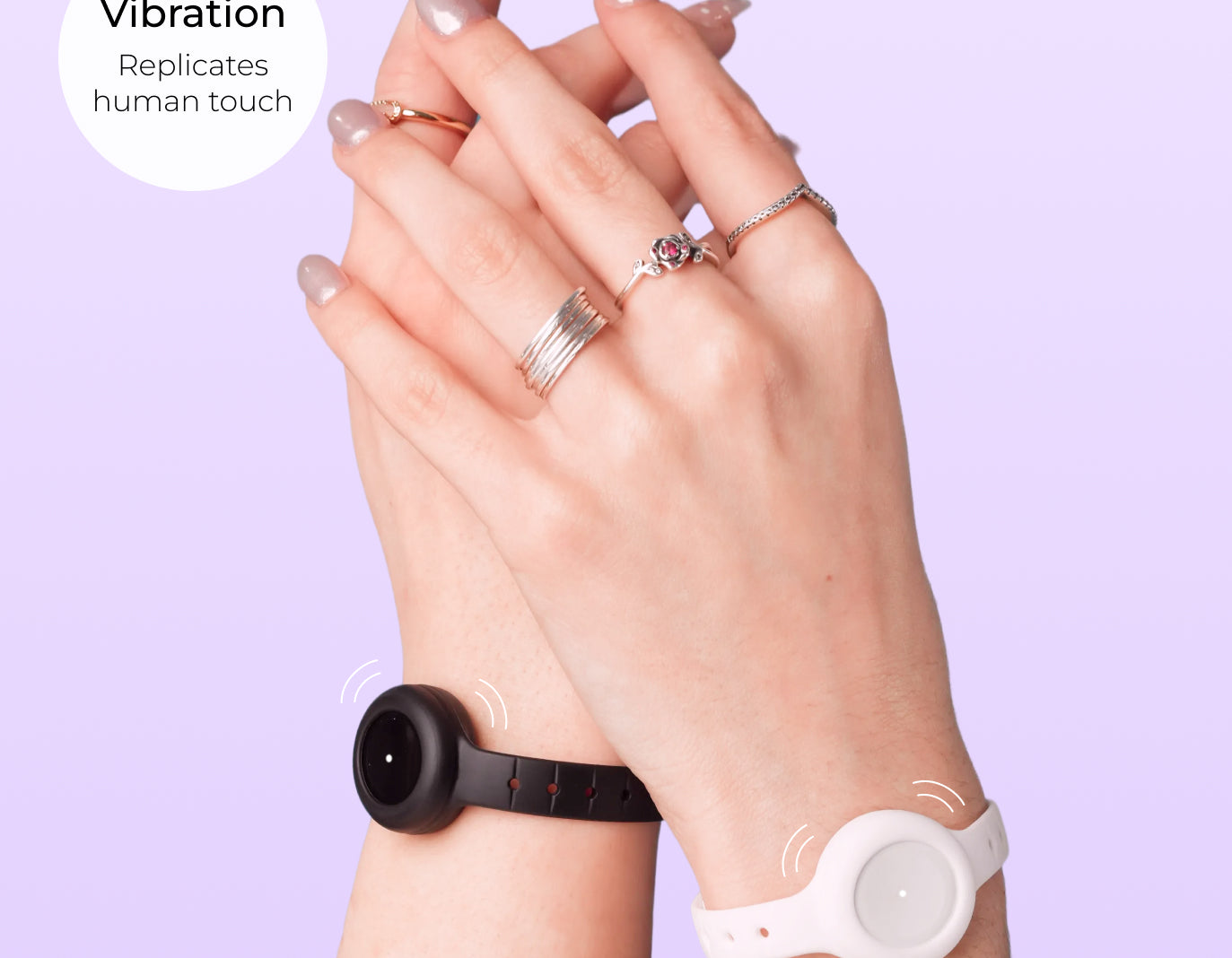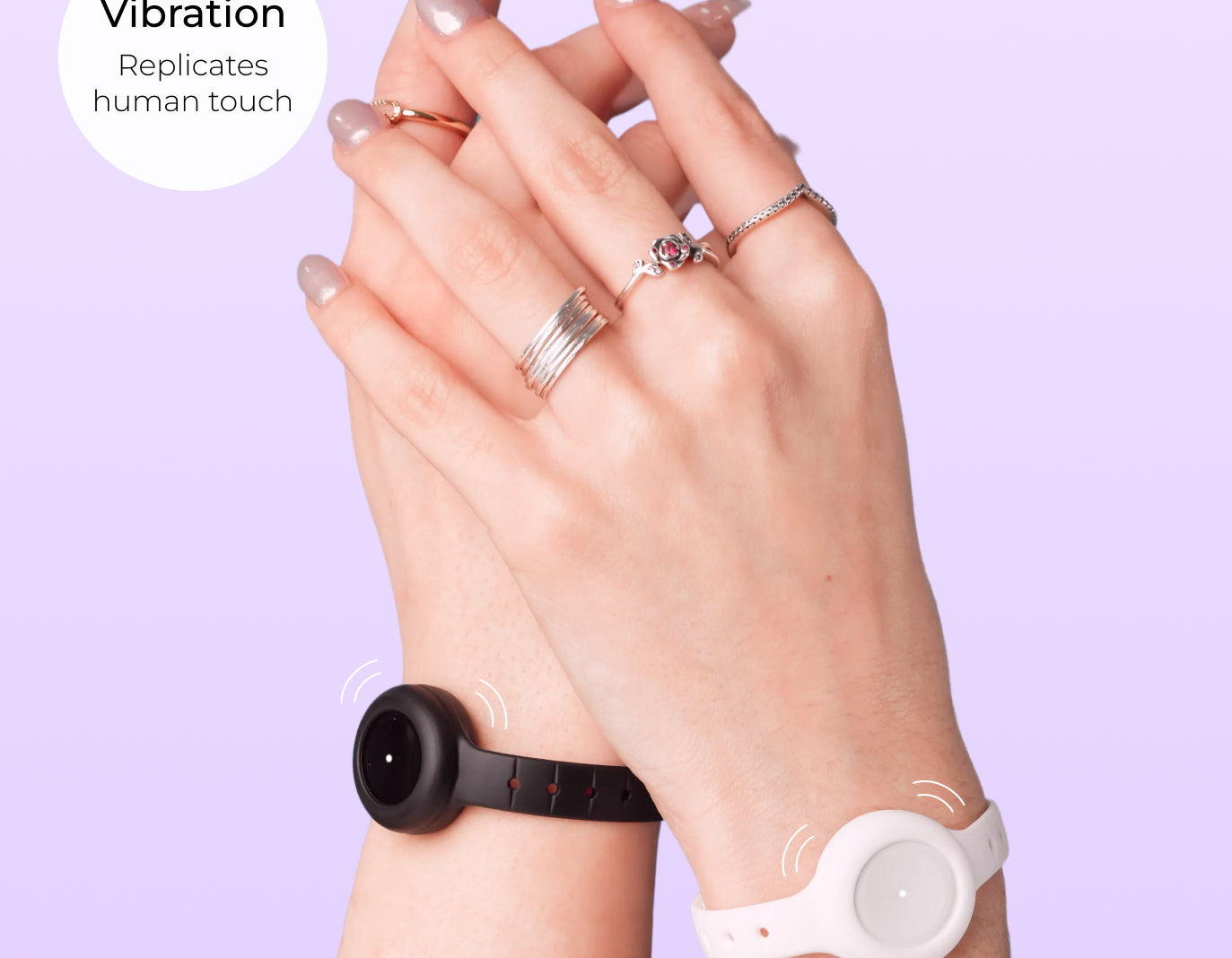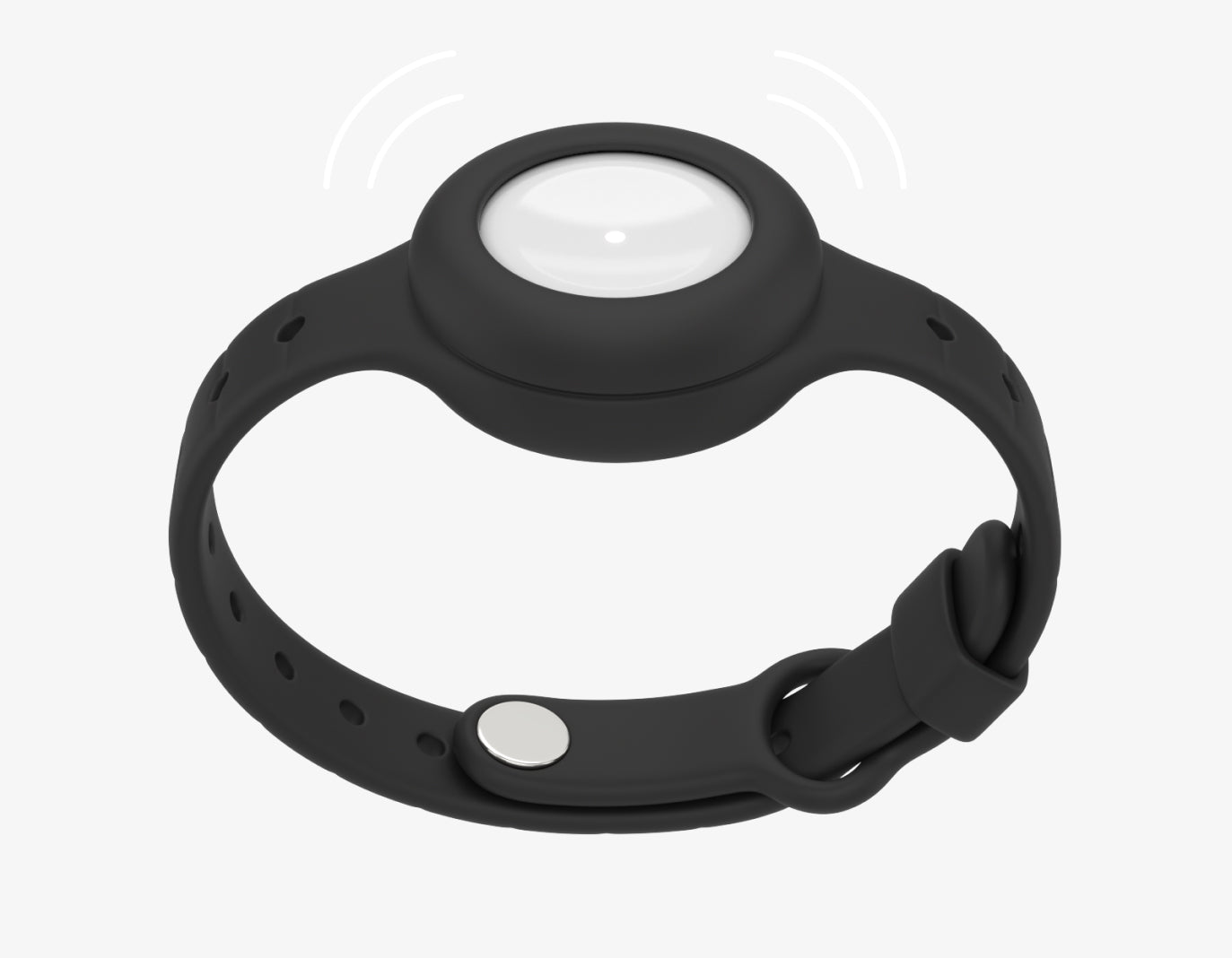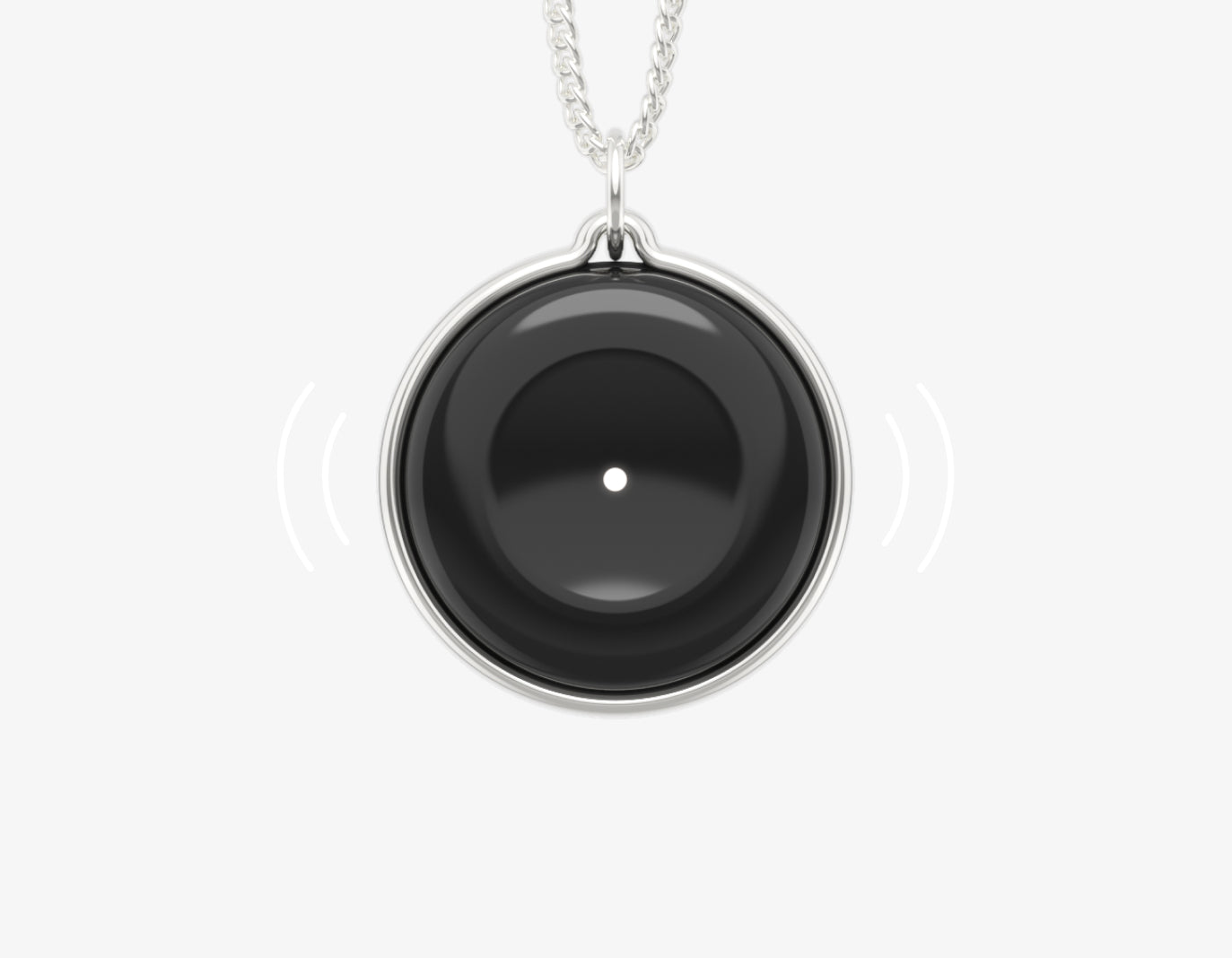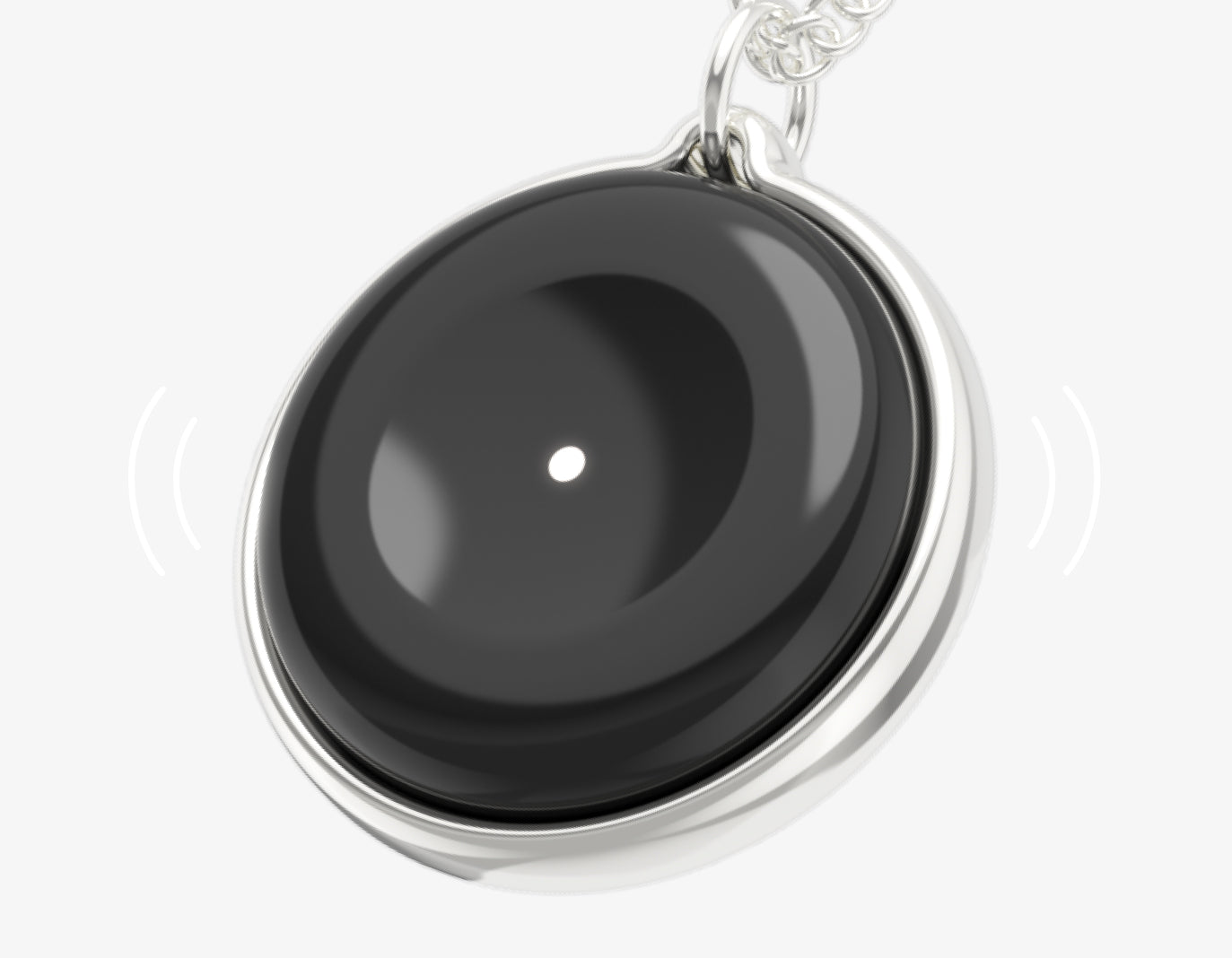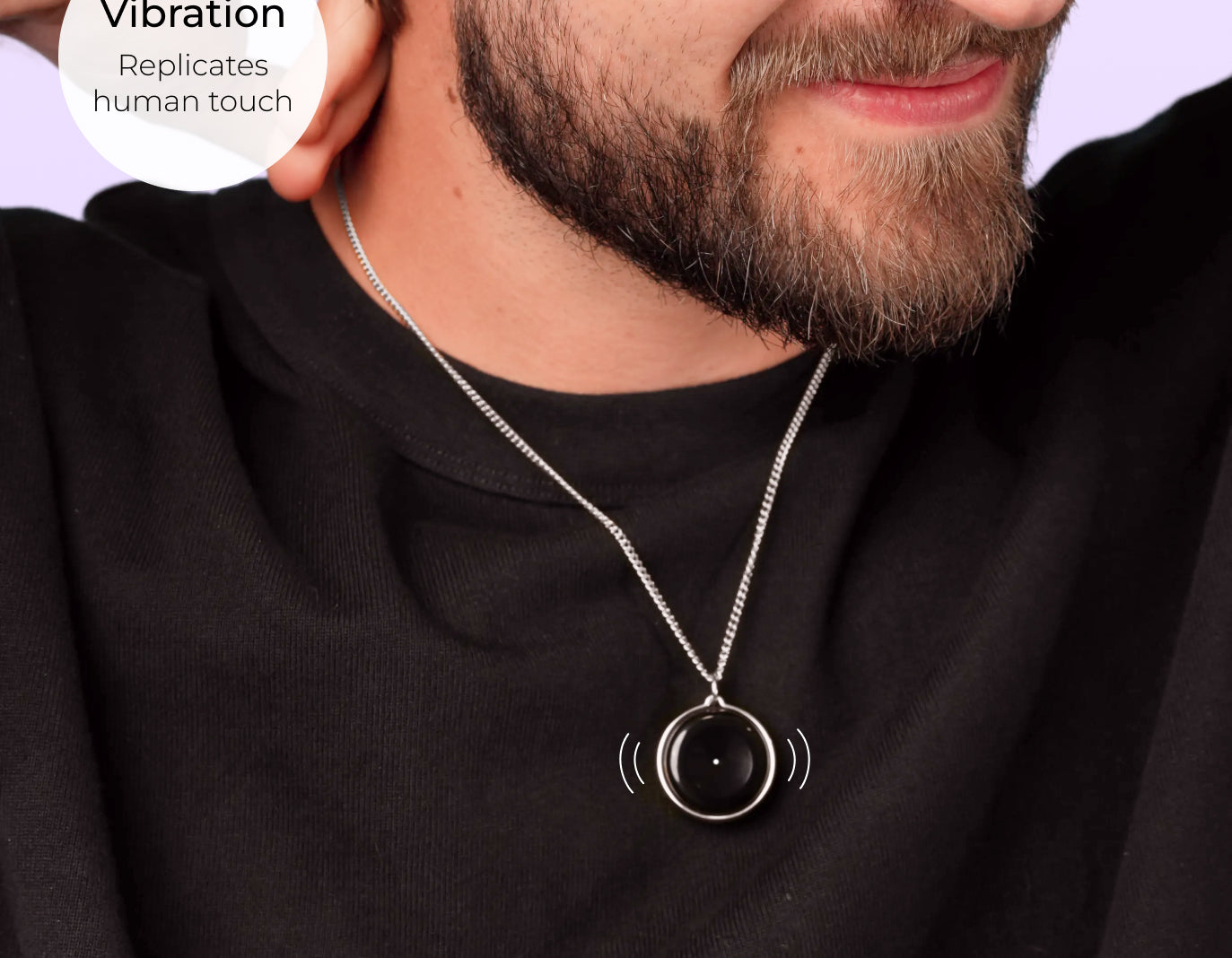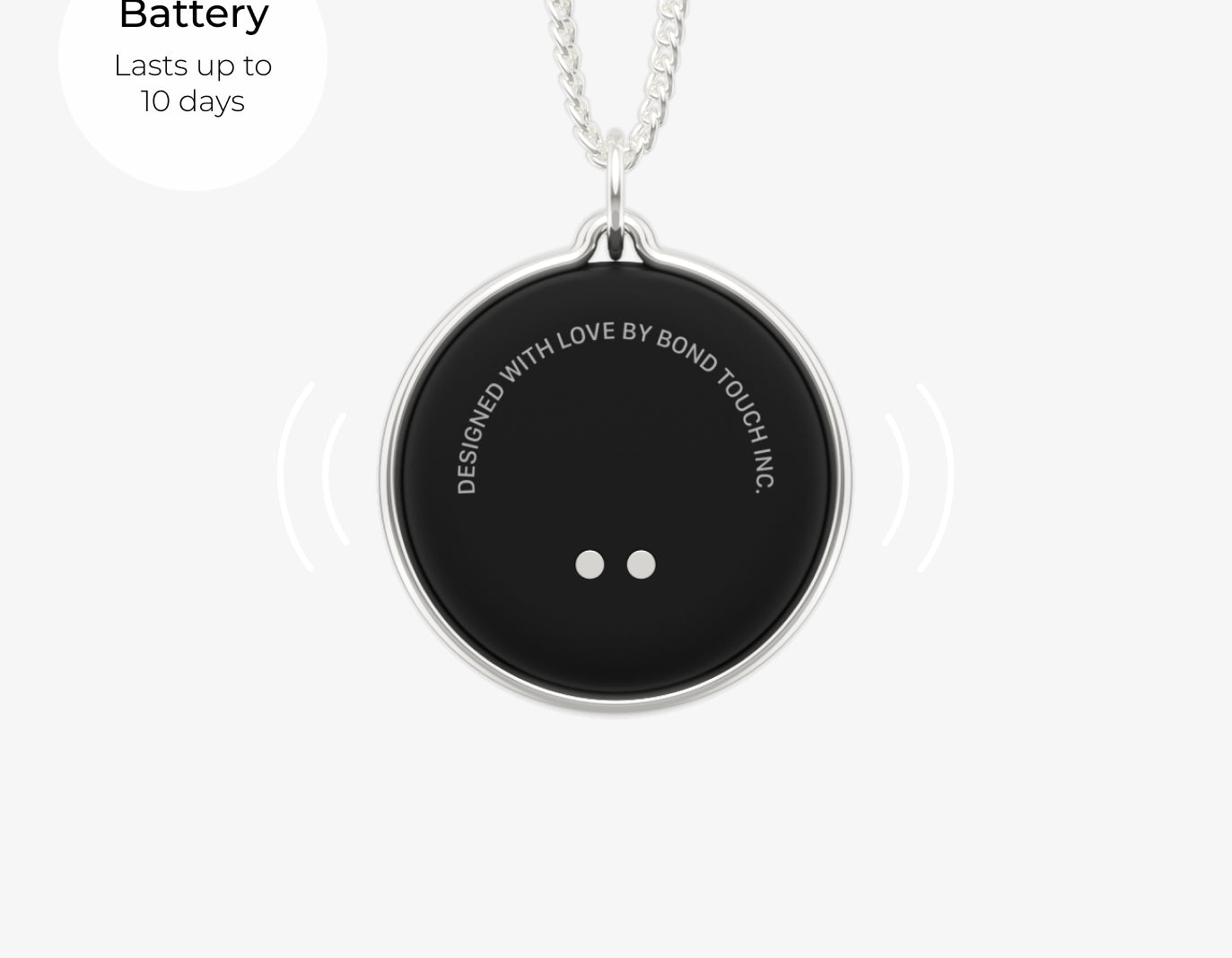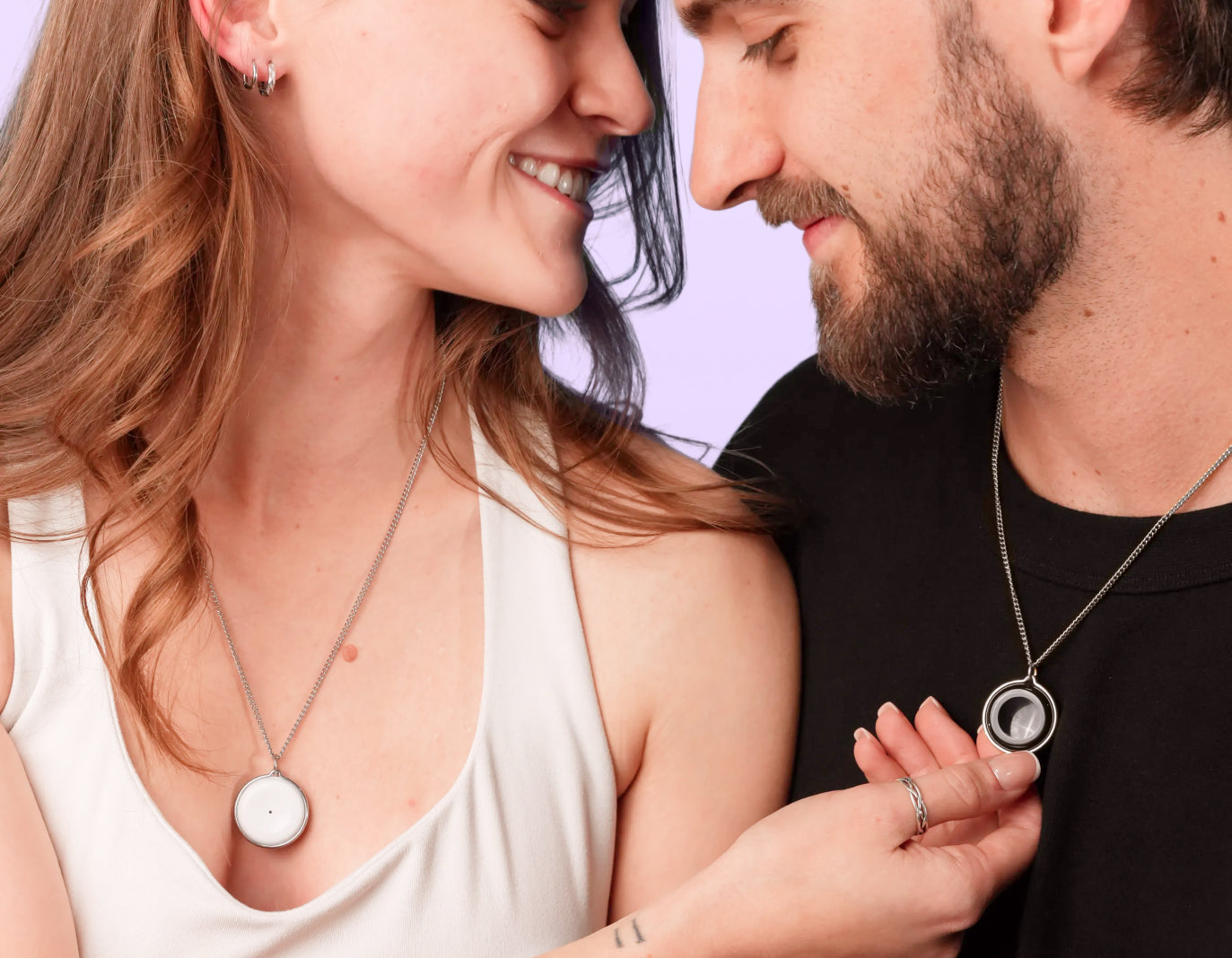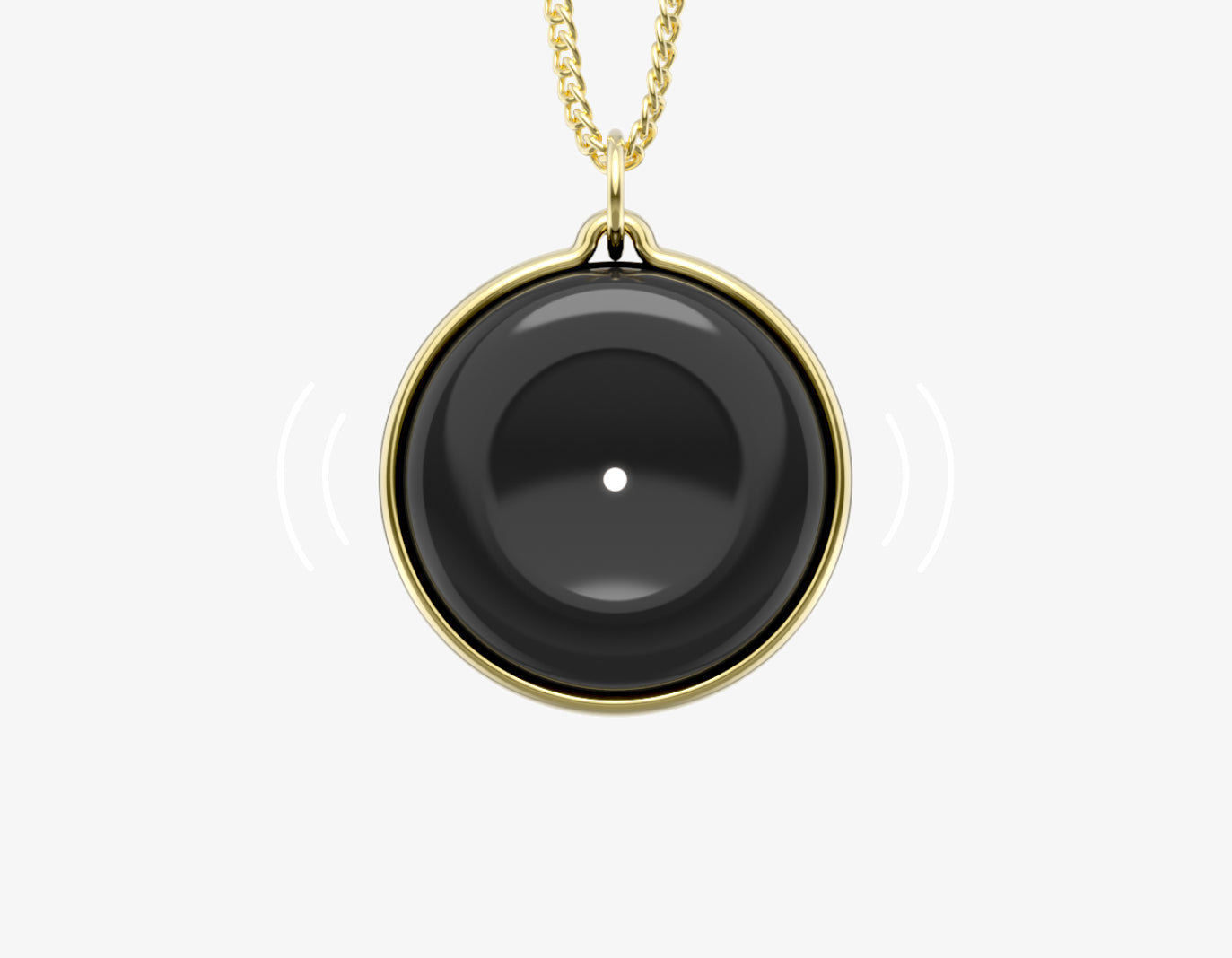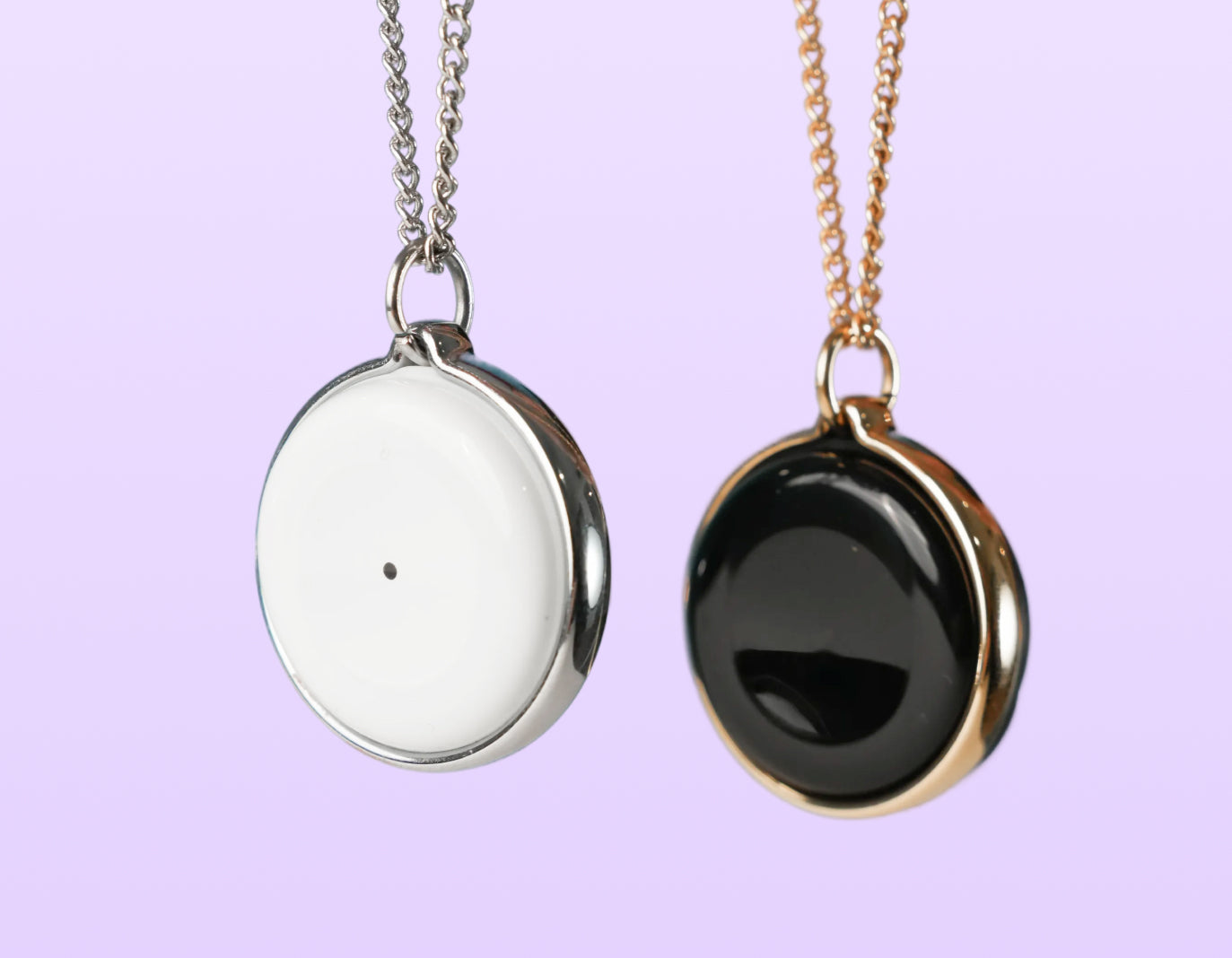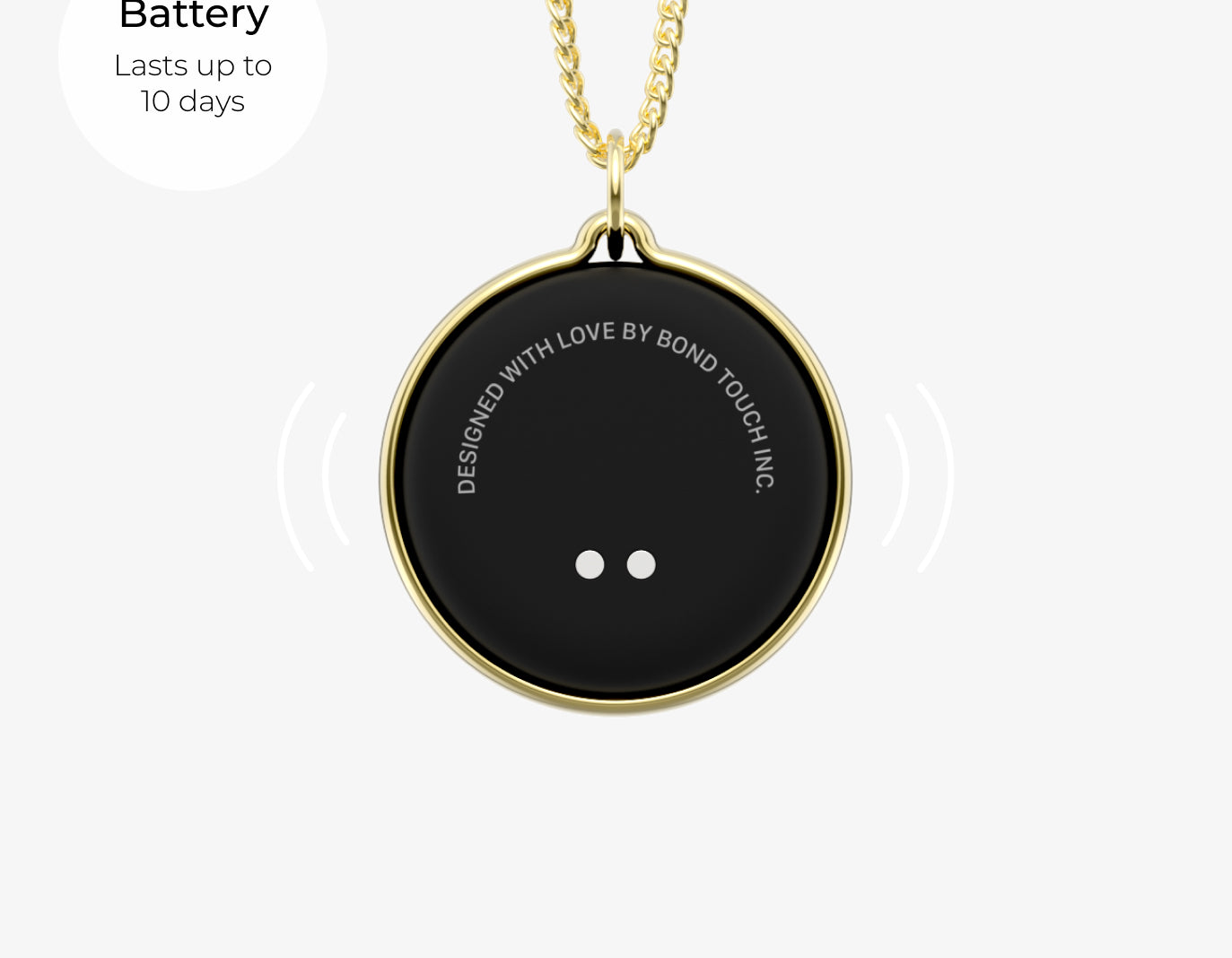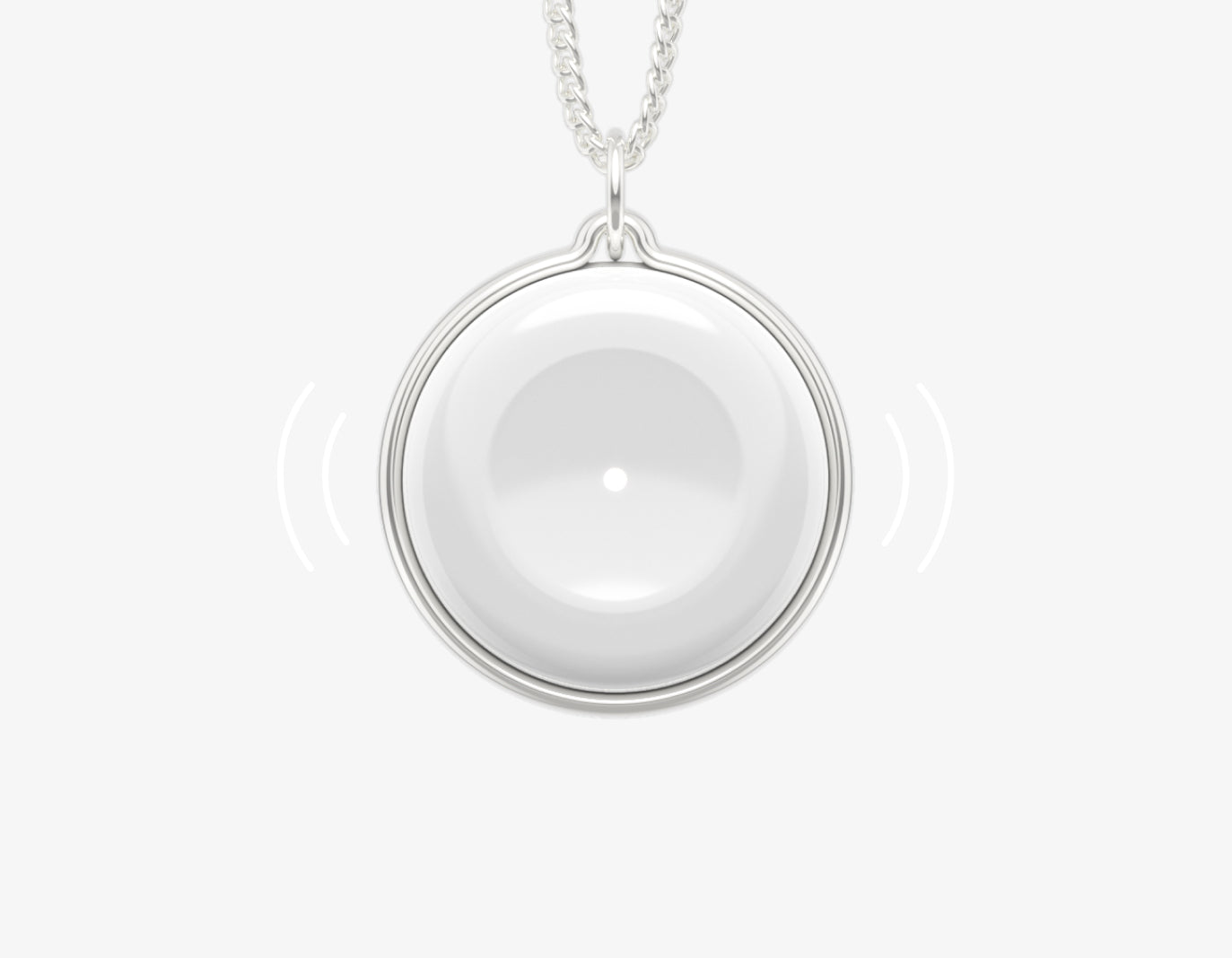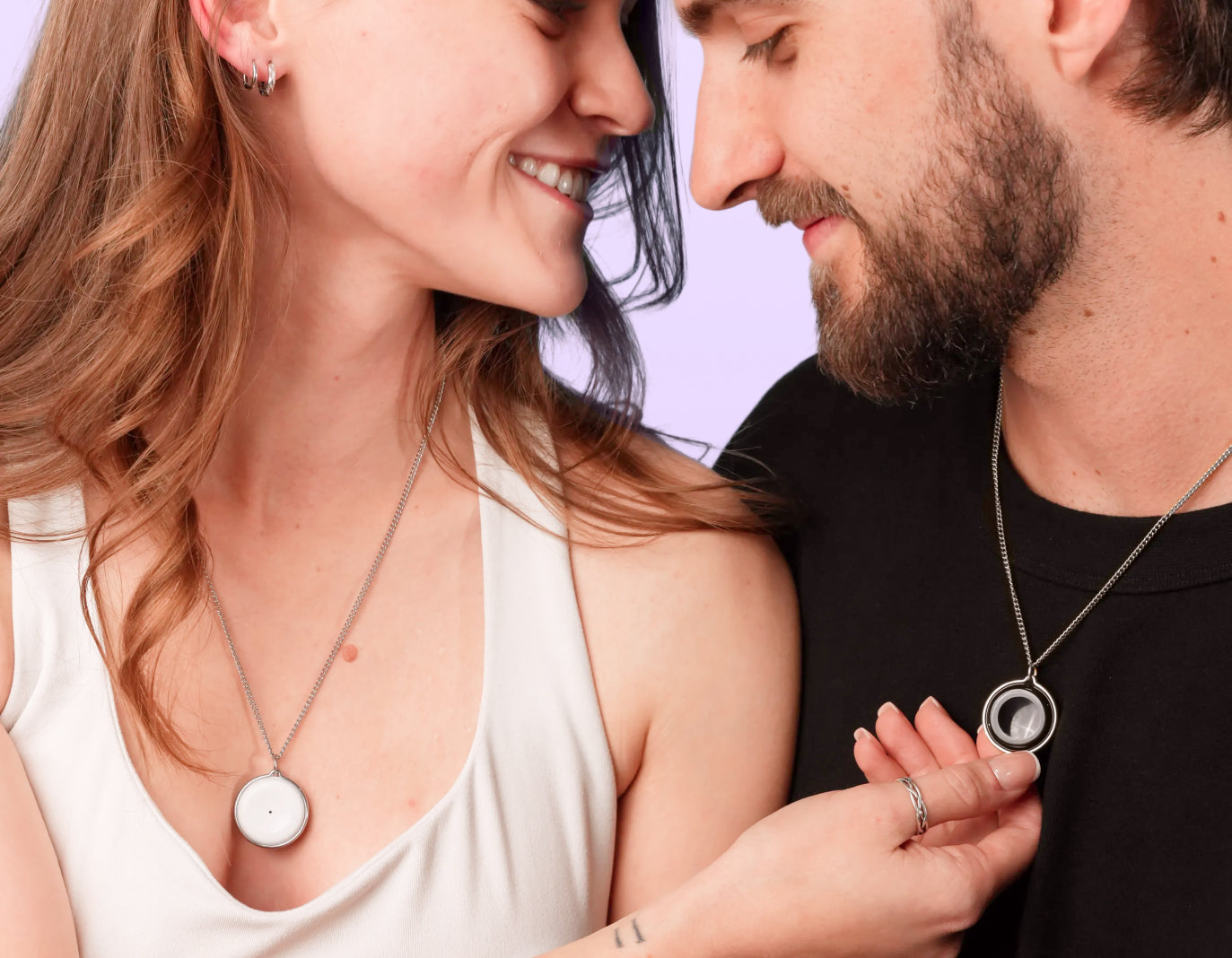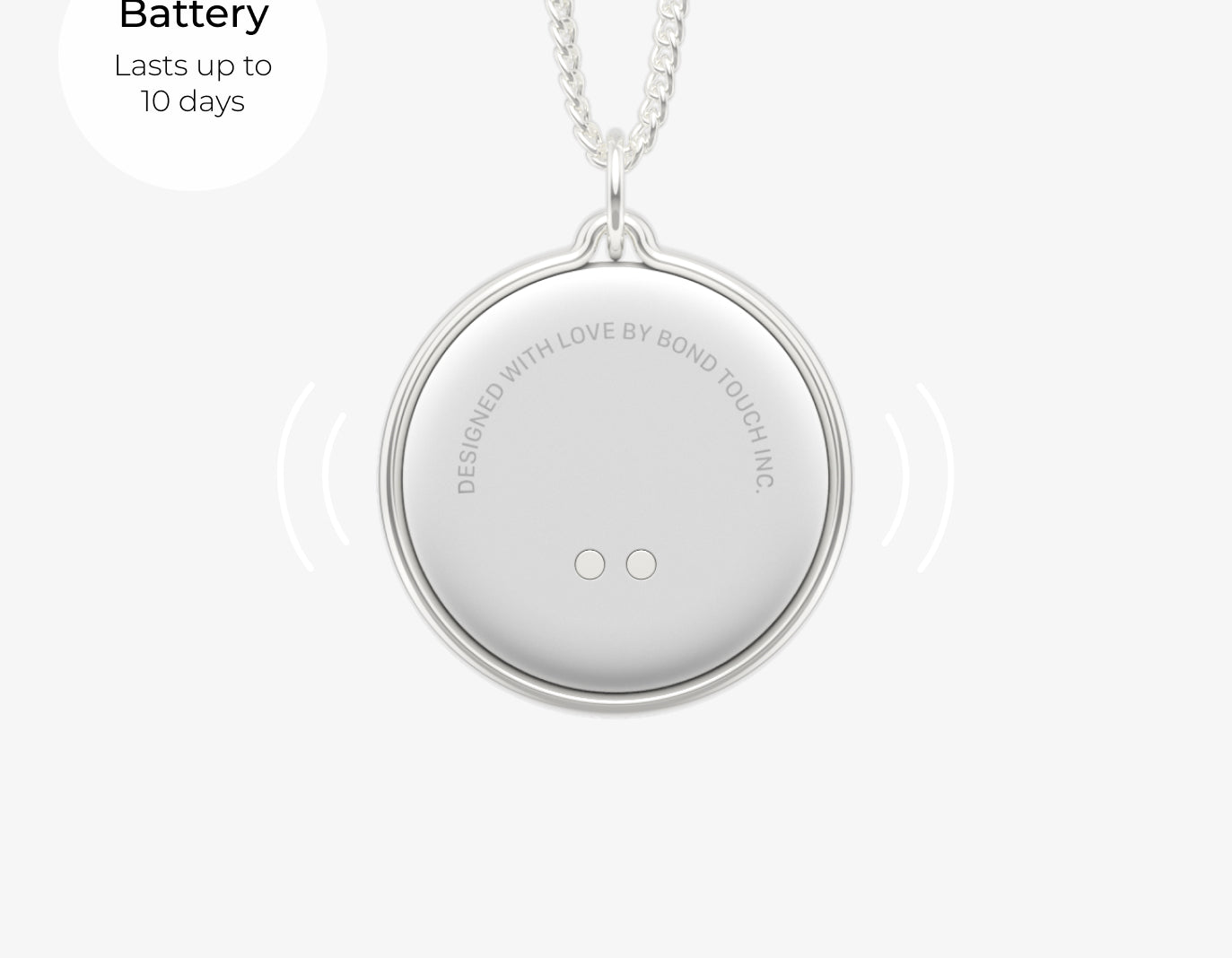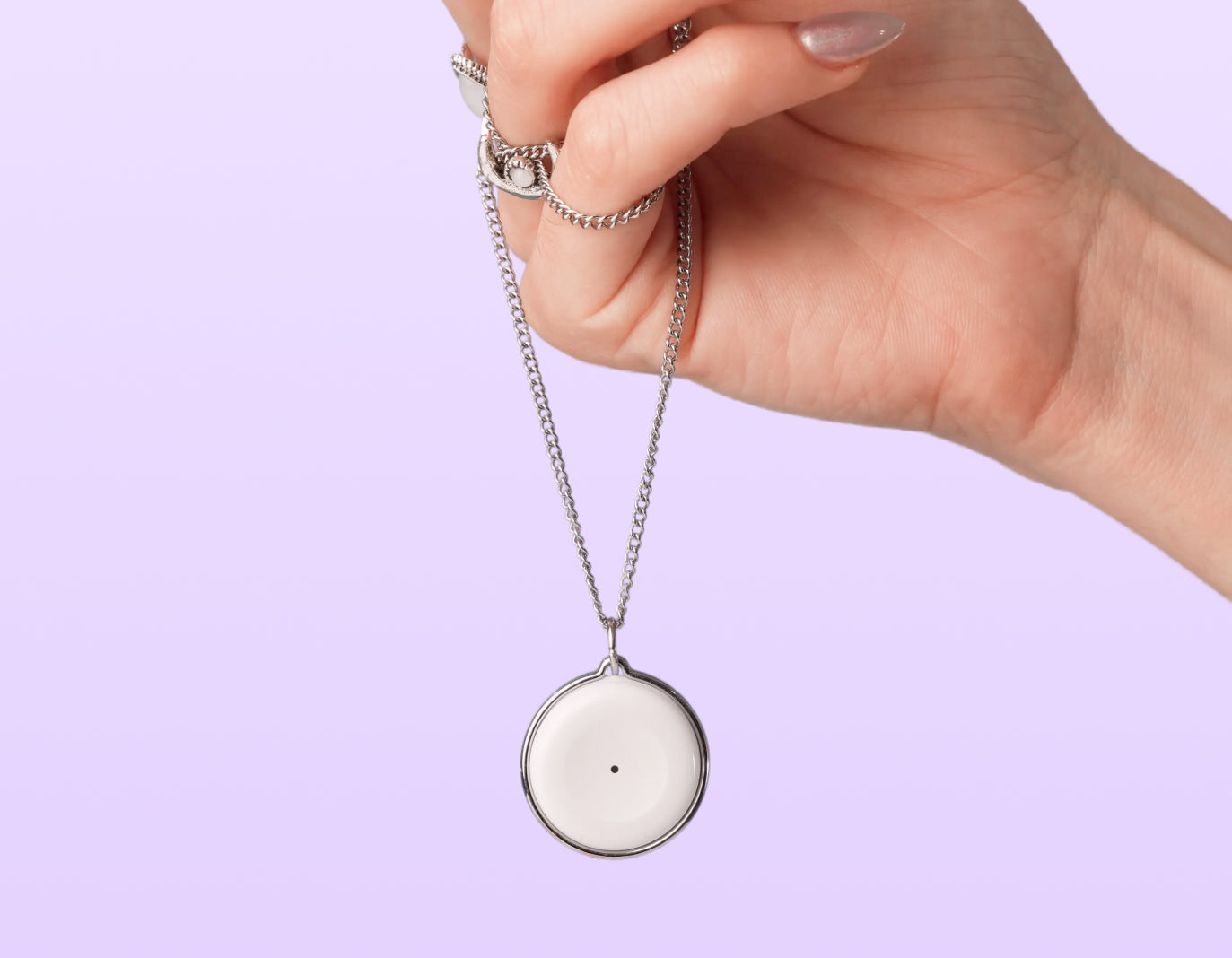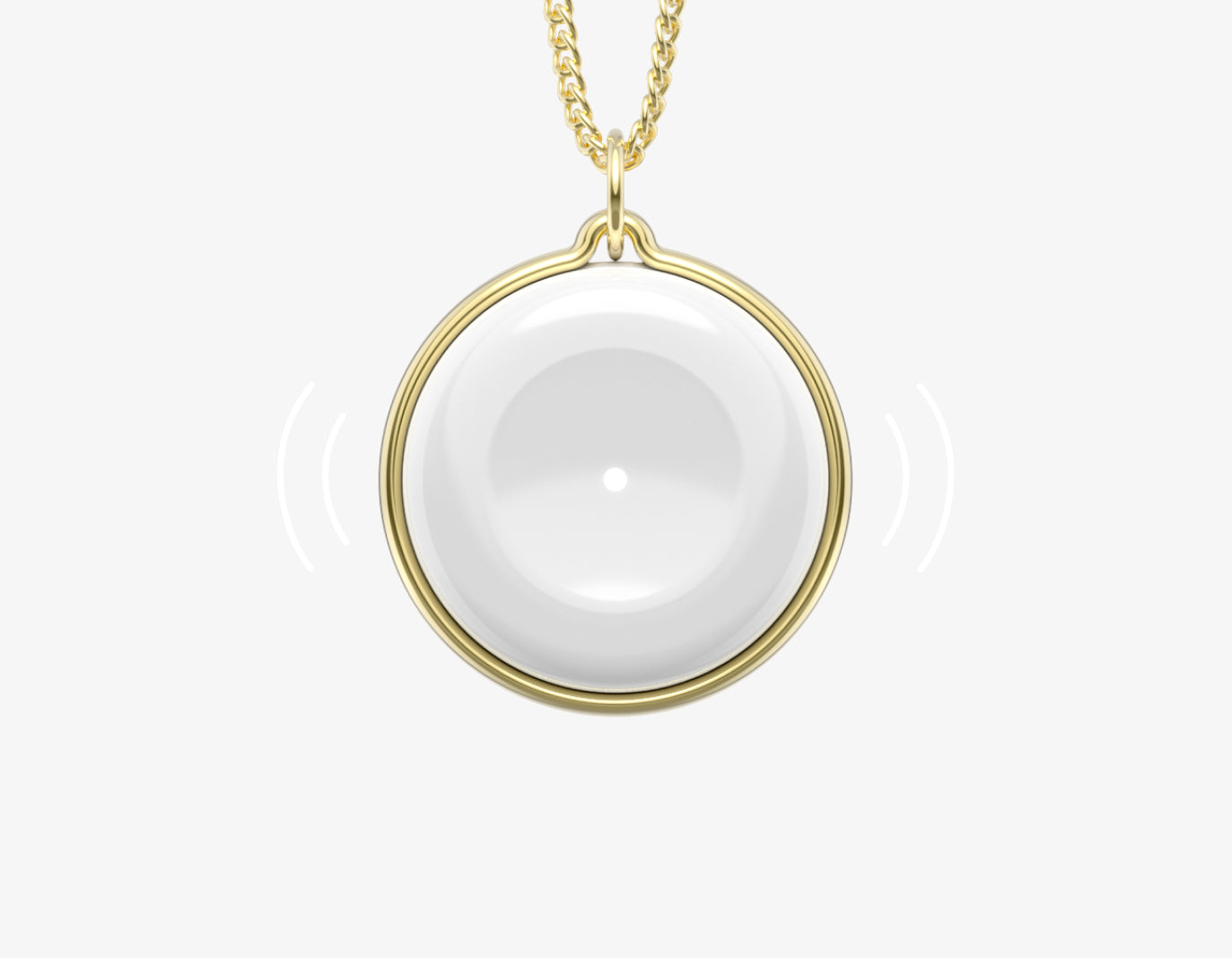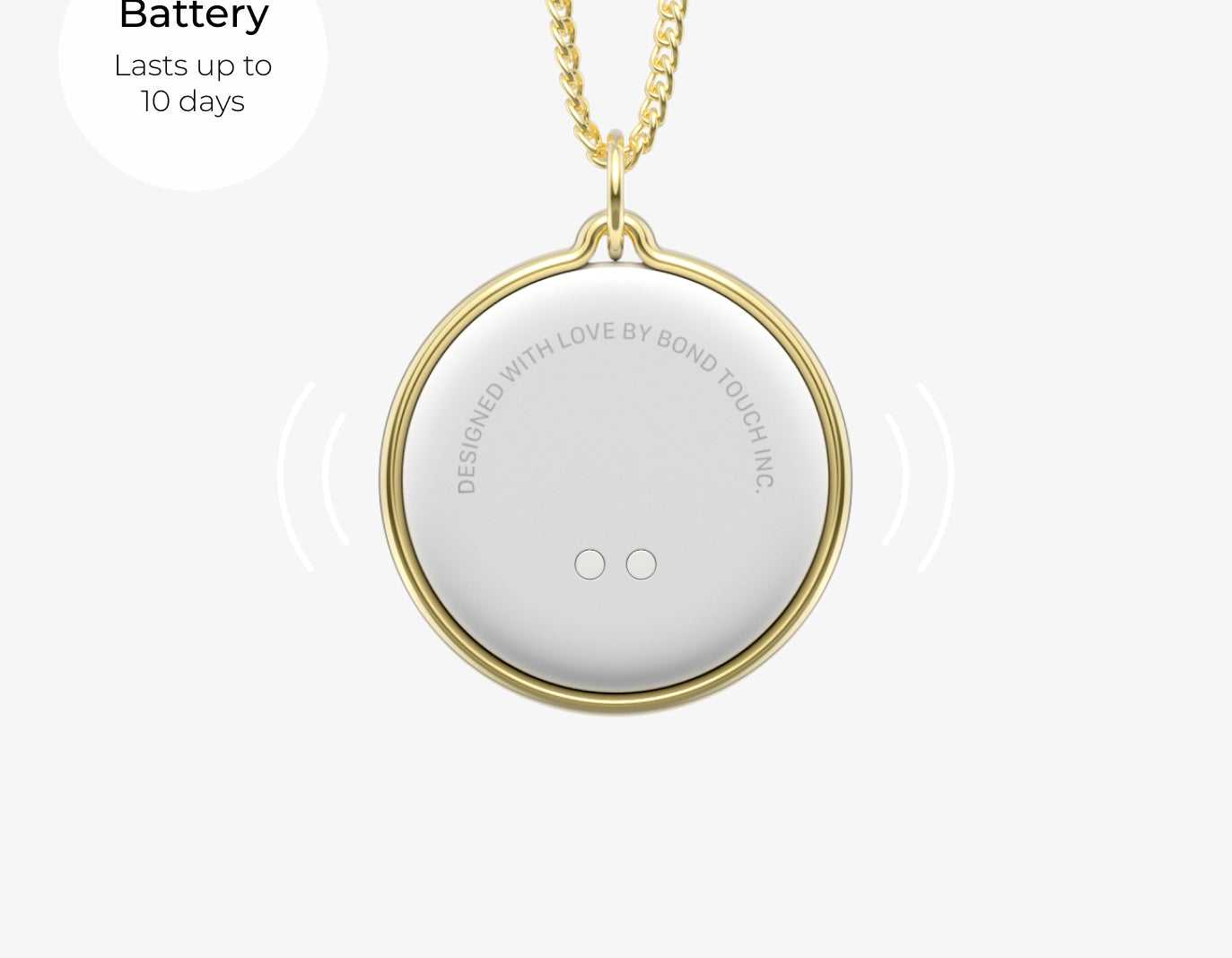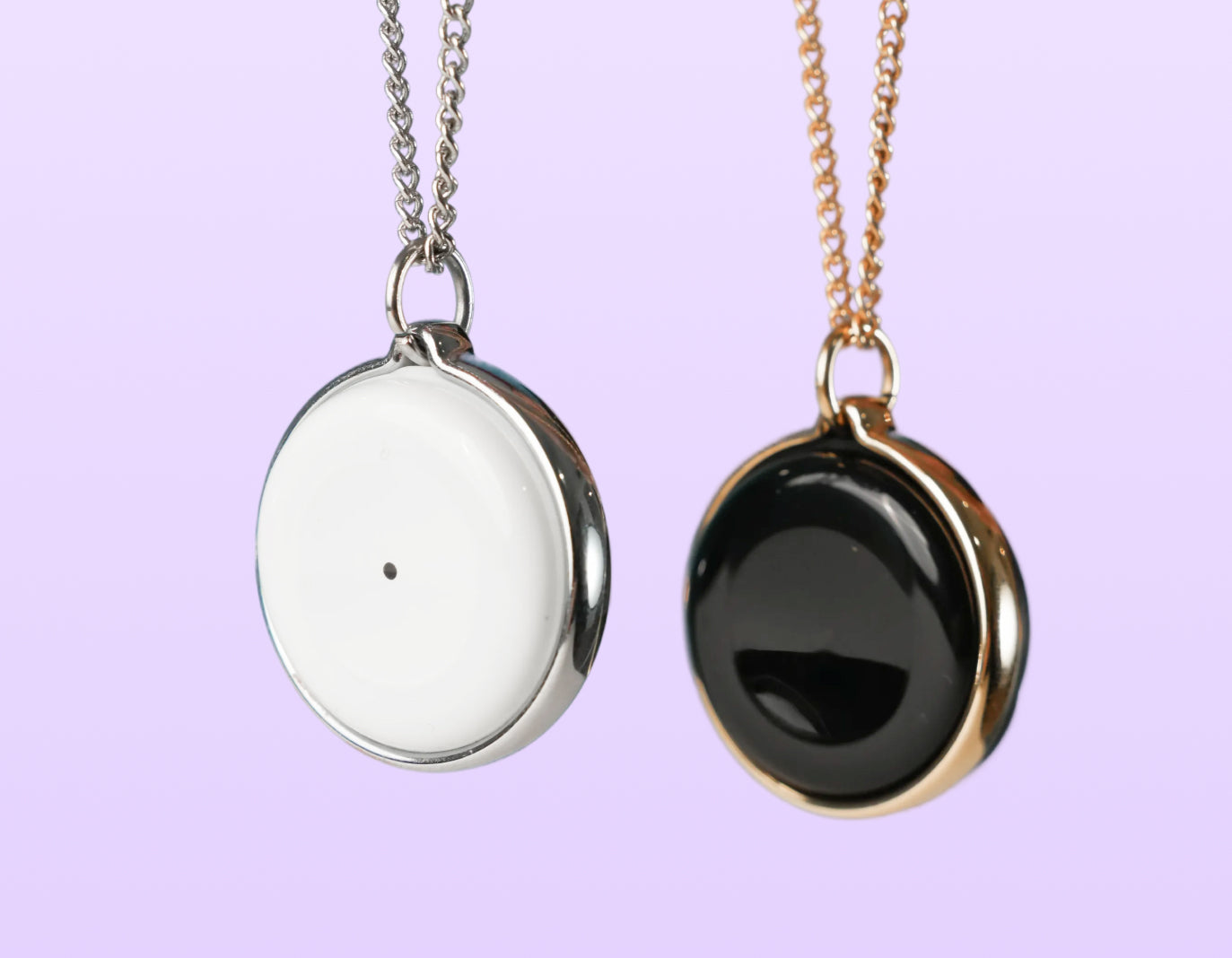I’ve been in three long-distance relationships, so I’ll be the first to admit that long-distance is hard. Being hundreds or thousands of miles away from one of the people you love most in this world isn’t easy.
But where many people go wrong in trying to navigate an LDR is that they let the sadness of missing their partner consume the relationship. They forget about the other aspects of making a relationship work, like, communicating their needs.
Everyone has needs. Basic ones are things like water, food, and shelter: we need those to survive. But when it comes to relationships, needs are what makes someone happy and fulfilled with another person. They’re crucial for all healthy relationships.
Sadly, they’re something people don’t talk about enough
Imagine you’re trying to build one of those complicated pieces of furniture from Ikea. You have all the tiny screws and oddly shaped plastic parts. But no matter how many times you search through the box, you can’t find the instructions.
Would you be able to put together a functioning piece of furniture?
Probably not.
The same goes for understanding a person’s needs in a relationship.
If your partner doesn’t know how to make you feel happy, safe, and loved, then they’re kind of just moving forward blind, with no direction. Now, add on that complicated layer of being in totally different locations, and you’re basically shooting your relationship in the foot.
But when you communicate your needs to your partner, you essentially give them the instruction manual on how to love you. Instead of secretly feeling sad about your relationship or resenting your partner, you tackle the problem head-on.
So now you might be thinking, “but what kind of needs can people have? What if I have no idea what my needs are?” If so, then don’t worry. Let’s talk about some common needs for people in a long-distance relationship.
Communication matters
Many people get into an LDR without talking about what their communication will look like. They assume that the way they were communicating pre-LDR will work just fine now.
But boy, are they wrong.
Everyone has different communication needs. That’s especially true when you’re in an LDR. You might prefer to text your partner throughout the day, but they may think that only a phone call at night is enough to stay connected.
Do you see how not talking about those differences could create significant issues? Communication needs to cover everything from how frequently you’ll talk to what content you want to talk about through texts versus a video call.
Connection Counts
How do you stay connected in an LDR?
That’s the big question that everyone wants to answer. There are many different ways to do that, from having a set date night to sending cards via the mail to (obviously) having a Bond Touch bracelet.
Feeling connected with your partner is a fundamental relationship need. But again, the way you prefer to stay connected may differ from your partners’. That is completely OK as long. As long as there’s communication between the two of you. As long as you’re talking about things and willing to compromise.
Love Needs
People give and receive love in different ways. That might sound ridiculous, but it’s true. There’s an entire theory on this called Love Languages. Gary Chapman coined the idea, and it explains the five different ways people love.
Understanding the way you love is crucial for a happy relationship. For me, I thrive off hearing my partner tell me how much they love and care for me. But I’ve always dated people who valued quality time and physical touch more.
When your need for love isn’t met, it can make you feel distant from your partner. That’s why it’s essential to talk about and ask for your love needs.
Once you’ve understood what your needs are and which ones aren’t being met, that’s where communication comes in.
Again: in an LDR, it’s important to have open, honest, and helpful communication with your partner to come to solutions together.
Don’t know how to start going about this conversation?
Here are a few tips:
Do this over a FaceTime or video call.
I’m sure you’ve experienced this before, but it doesn’t always end well when you talk about something important over text. Your tone of voice and facial expressions are completely lost when your communication has no visual cues. When you can’t see each other.
Talking about your needs is important enough to do over a Facetime or video call.
Use “I feel” statements rather than criticizing.
It’s tempting to say: “you never ask me about my day.” But blaming your partner will only make them defensive or upset.
Try to focus on your feelings and experience, instead.
You could say something like, “I feel like my life isn’t important to you when you don’t ask me how my went.”
Focusing on your feelings is more objective than making assumptions about why your partner acts the way they do.
Validate each other’s needs.
When one of you expresses that a need isn’t being met, don’t write them off as too emotional or “needy.” Just because your partner doesn’t function in the same way as you doesn’t mean they don’t deserve to be heard and respected.
A simple, “I understand why you’re feeling
Focus on specific details, if you can.
Rather than saying, “I don’t feel loved by you lately.” focus on why you don’t feel loved. A statement like, “I feel unloved when you go the entire day without replying to my text,” lets your partner know exactly which of their behaviors are hurting you.
Work together to come to solutions.
You may think that since your needs are not being met, that it’s your partner’s problem to fix. But that kind of mentality creates a “you against me” environment, which will slowly erode your LDR.
Instead, offer solutions on how your partner can meet your needs. Decide with them realistic solutions that both of you can stick to. Remember that you’re both on the same team, and working like one will ensure your success later on.
Your Communication needs to be open, but also steady
A great way to make sure there’s always space to talk and nothing slips through the cracks is having a set time to check in with each other. Do this on a weekly or monthly basis, depending on what works for you both.
A check-in allows for you both to talk about anything, catch up and, most importantly, gives you both a time when you know you can bring more important topics to the table.
If something has been bothering you lately, rather than wondering and feeling anxious about when will the right time to bring up an issue, or postponing it continuously, now you’ve got a time set.
Just for the two of you.










